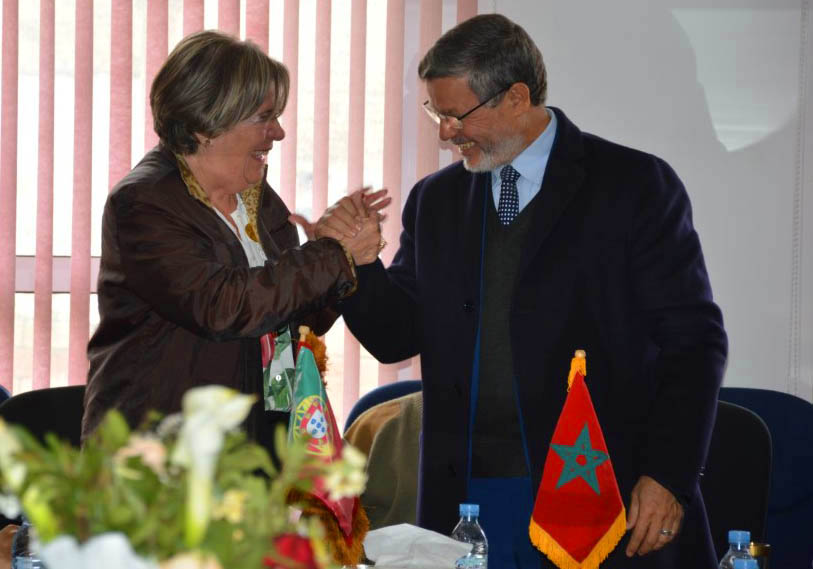 The twinning between Lagos and Alcácer Quibir was signed last week, on 10 April, in a ceremony with pomp and circumstance at the Town hall (City Hall) of that city in the North of Morocco, to which the Sul Informação watched. The agreement was signed by Mohammed Simou, Mayor of Ksar El Kebir, and Joaquina Matos, Mayor of Lagos.
The twinning between Lagos and Alcácer Quibir was signed last week, on 10 April, in a ceremony with pomp and circumstance at the Town hall (City Hall) of that city in the North of Morocco, to which the Sul Informação watched. The agreement was signed by Mohammed Simou, Mayor of Ksar El Kebir, and Joaquina Matos, Mayor of Lagos.
It was the beginning of an intense work day, marked by enthusiasm and emotion, in Ksar El Kebir, a city with a lot of history (recently Roman remains were discovered in its basement), but which today is struggling with severe problems of disorder, of lack of employment and lack of economic alternatives. Developing tourism, based on historical memory, is now one of his bets.
Perhaps for this reason, the twinning with the Portuguese – and European – city of Lagos, based on common history and heritage, is being enthusiastically faced by Moroccan local and regional authorities, as was visible throughout that 10th of April.
Mohammed Simou, host of the Portuguese delegation, captained by Joaquina Matos, mayor of the Algarve, highlighted that «the Battle of Alcácer Quibir links the past and the present», and today «it is very important to establish a relationship with Portugal». "This twinning is proof of the relations between the two countries," he added. Or, as another member of the local government would later say, the twinning between Lagos and Alcácer Quibir “transforms a tragic moment into an act of cooperation”.
For her part, the mayor of Lacobrigense Joaquina Matos recalled that, «despite the fact that Batalha was a sad day, for Portugal and Morocco, nowadays it is important that we come here with you, in a time of trust, approximation and peace".
“This moment and the moments of the future are important, because of the historical and geographic proximity, because of our common culture and heritage. Therefore, the City Council and the Municipal Assembly of Lagos accepted this challenge» of twinning.
Joaquina Matos also said that that was just “the first moment of our twinning, of our meeting in cultural and economic terms, which we want to develop”. Portugal and Morocco, he stressed, are "two great countries that are close and have a lot to gain if they work together." The mayor of Lagos added that she will be "very pleased" to receive the Moroccan delegation, soon, in the Algarve city.
Hassan Saaf, from the Université pour Tous/Universidade para Todos, an association of Moroccan civil society, recalled that, even in Morocco, “the commemoration of the battle was only done in a classic way, talking about winners and losers. But now we've developed a different view. From history and heritage, not only the walls must be safeguarded, but we must explore these events and the historical heritage, putting them at the service of promoting local development».
The common heritage between Moroccans and Portuguese, stressed Hassan Saaf, is a "means of approximation between the two peoples, of dialogue, friendship and tolerance".
The ambassador of Portugal to Morocco, who accompanied the signing of the twinning protocol, said she was "delighted" with the initiative, in an interview with Sul Informação in Alcacer Quibir. “I came here a few months ago and at that time there was no relationship whatsoever. We came a bit by invitation from both the Town hall, as a Moroccan cultural association, which really wanted to establish ties. Then we promoted one or two actions of a cultural nature, namely, as part of a festival and a conference about D. Sebastião».
Ambassador Rita Ferro said she is very satisfied with the rapid way in which the signing of the twinning agreement has been made, which is “the formalization of what I hope will be concrete cooperation, with concrete actions, because I believe it will be more permanent. this, a concrete relationship between mayors and municipal councils, at the local level, rather than just passing through the embassies».
"I am very happy that the Embassy was able to encourage a relationship that is now coming to fruition and which I hope will have consequences for both sides." In the case of the Moroccan city, the ambassador considers that Alcácer Quibir “can take advantage of a lot of our experience, in terms of heritage recovery, tourism, economic consequences of that same tourism”.
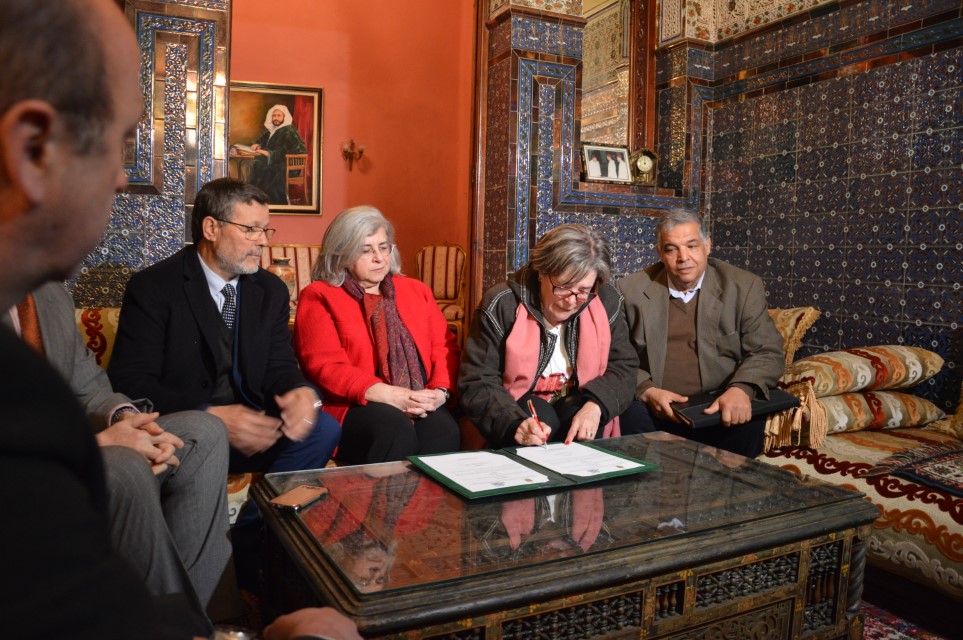
The representative of the Moroccan Ministry of Culture in the province of Larache, also present at the session, began by remembering: "I come from the town of Arzila, so I was born and raised within Portuguese walls", to underline that "we have a heritage that unites us". The official stressed that the Ministry of Culture of Morocco "wants to strengthen this cultural cooperation, to bring the two peoples closer together, for mutual knowledge of cultural and commercial potential, to facilitate exchanges between the two shores of the Mediterranean."
But Hassan Saaf, from the Université Pour Tous, in another afternoon session at the cultural center of Alcácer Quibir, would underline how much work is now needed to make the twinning partnership concrete. It is necessary to «create a permanent mixed commission between the two cities, to propose an action plan», then «organize Cultural Weeks here and in Lagos», collaborate in the «restoration of common heritage sites» and even «create a tourist circuit of the place of Batalha and the buildings connected to it (and restoring them)», he enumerated.
Hassan Saaf, in a good mood, warned: "if we are here today to cooperate and celebrate friendship, I assure you that we will do everything to eliminate you from the World Cup". An affirmation that was greeted with general laughter, from the Portuguese and Moroccans.
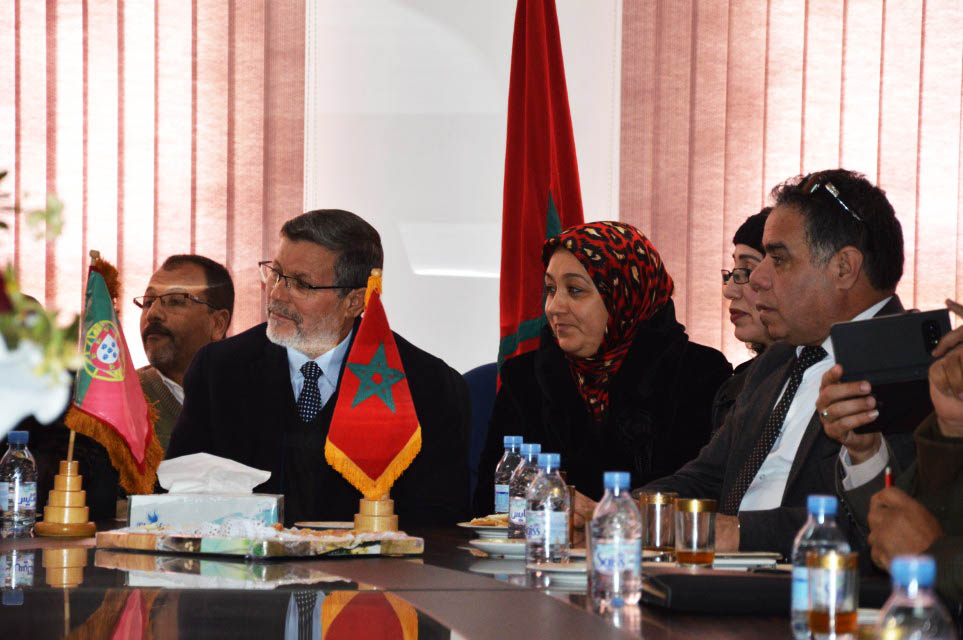
The day in Alcácer Quibir began with the signing of the protocol, in a solemn session in the salon of the Town hall, where, on the Moroccan side, men predominated.
On the Portuguese side, the delegation was made up of 12 women and six men… being led by the Mayor Joaquina Matos and the Cultural Councilor Sara Coelho, but also including Milvia Gonçalves, PSD Councilor, Filomena Sena, Councilor of the Lagos Com Futuro movement , municipal deputies Ana Natacha Álvaro (Left Block), Margarida Maurício (PAN), Ana Margarida Martins (Lagos com Futuro), Manuela Duarte, from the municipality's Education Sector, teacher Paula Couto, director of the Gil Eanes Schools Group , Natércia Magalhães, superior technician of the Regional Directorate of Culture, Aura Fraga, president of Associação Vicentina, or even the reporter and director of Sul Informação…and there was also the ambassador of Portugal…so many Portuguese women, especially in political or leadership positions, caused some commotion…and confusion.
So much so that Mohammed Simou, president of the Municipal Council of Ksar El Quibir, even apologized that there were no more women at the meeting. On the Moroccan side, there were only two women there, recent members of the Municipal Council.
As explained, the current King Mohamed VI has given more rights to his country's women, namely by creating quotas for political positions, at local, regional and in Parliament, and investing in their education and entry into State bodies and Universities .
And that was how, throughout the day, more Moroccan women joined the delegation, so that, in the end, one of the numerous group photographs that Mohammed Simou wanted to take with Joaquina Matos included only women, of both nationalities.
But it was not just among Moroccan men that the mostly female entourage in the Algarve was successful. It also did so among the women of that country, visibly proud to have a female mayor there and so many others in key positions in society.
In a country with a Muslim majority, despite everything much more open to change and tolerant than its neighbors, female affirmation is taking new steps…and the presence of Mayor Joaquina Matos was always greeted with great enthusiasm, proving that, beyond official protocols, there is much more that remains of these mutually acquainted visits.
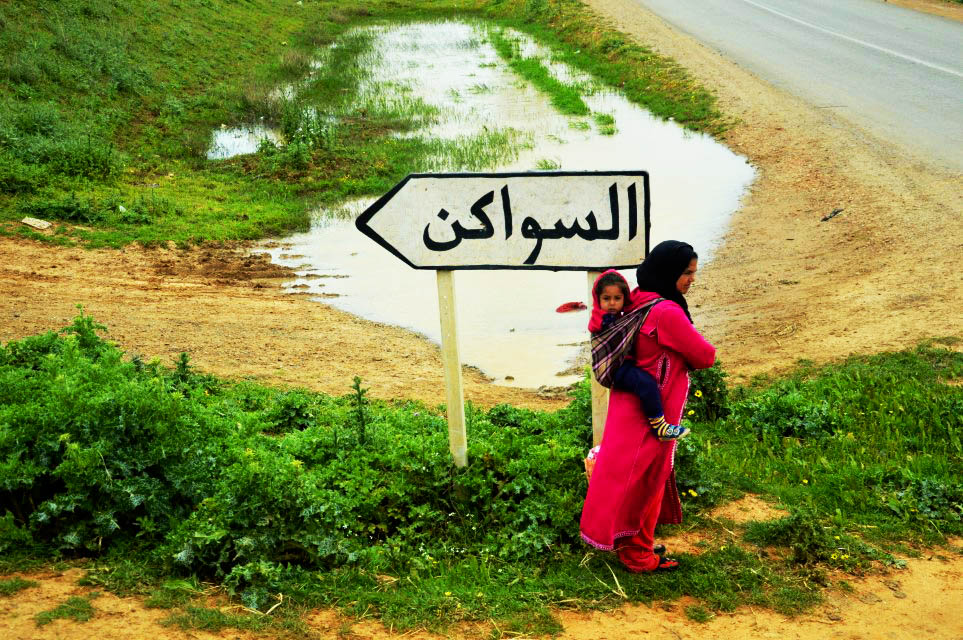
The journey in Alcácer Quibir began with a trip to the area, a few kilometers from the city, where Batalha took place on 4 August 1578, on a torrid summer day. The trip was accompanied by two Moroccan historians, the pProfessors Othman Mansouri and Mohamed Akhrif.
The battlefield, now agricultural land, was at that time swampy and situated beside a river, which was to earn the name Oued La Makhazen. According to the architect Frederico Mendes Paula writes in an article on your blog, «the name Makhazen, origin of the Portuguese name Mocazím, is based on the name Makhanez, which means “smell of putrefaction”, since, after the battle, the river was covered with decomposing corpses that gave the place a nauseating smell» .
Of those fateful times, the memory remains. In Morocco, the battle is known as the Three Kings, because, in addition to the Portuguese D. Sebastião, the then Moroccan king Mulai Abdelmalek and a former king, Mohamed Moutaouakil, also died. And if in this North African country the battle, which left 8 dead and 16 prisoners on the Portuguese side, to 3 dead on the Moroccan side, meant the unification of the kingdom, in the case of Portugal it marked the loss of sovereignty for Spain.
But the twinning between Lagos and Alcácer Quibir, which will open the way for cooperation between the two cities, has already served to undo the illusions of those who, on the Portuguese side, still believed in the return of D. Sebastião…
It's just that the young dreamer and ill-advised Portuguese monarch died in Morocco. His body was recognized on the battlefield by his squire and some Portuguese nobles.
And his first tomb, as Professor Mohamed Akhrif recalled, was in Alcacer Quibir. “Portuguese king D. Sebastião was brought to Alcácer Quibir and here he had his first king's tomb, in the town's mayor's houses,” said the Moroccan historian, at the solemn session for signing the twinning protocol.
It was in that city in northern Morocco, in the house of the mayor Ibrahim Soufiane, that D. Sebastião remained buried for four months and a week, in the custody of a Portuguese nobleman, Belchior do Amaral, according to an account of the “Jornada de África”.
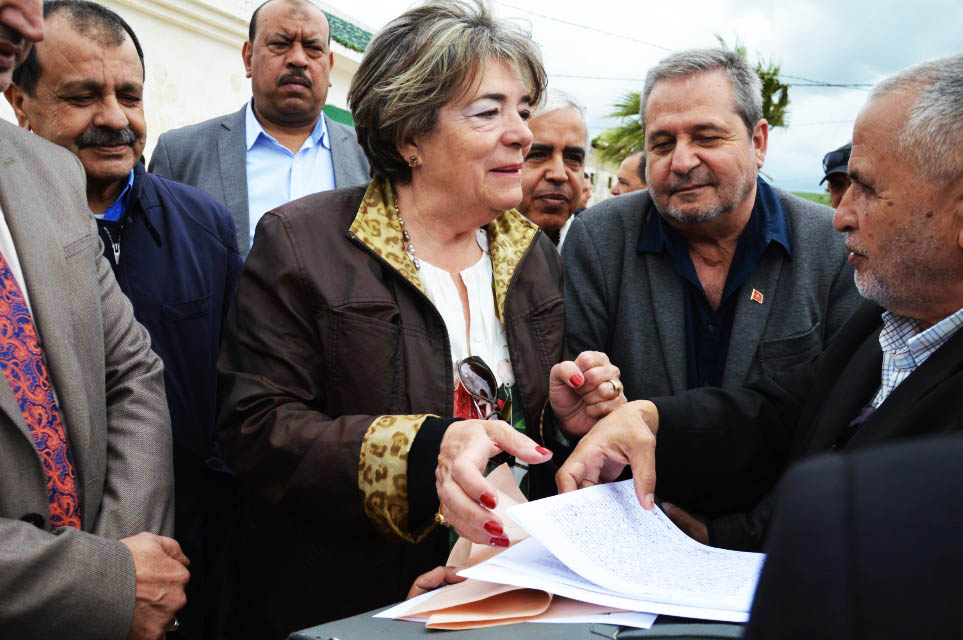
How to Live Aligned with remembers Frederico Mendes Paula in his blog, «the body of D. Sebastião would be handed over to the Portuguese authorities in Ceuta on December 4, 1578, where it remained in the Church of the Mosteiro da Santíssima Trindade, according to the record in the Simancas Archive, being transferred in 1582 to the Mosteiro dos Jerónimos in Lisbon, where he is today».
Frederico Mendes Paula, architect of the Câmara de Lagos, researcher and expert on the Portuguese presence in North Africa, has been, in fact, the main driving force behind this twinning between the two cities, as President Joaquina Matos insisted on several times. .
And he was, therefore, one of the people who joined the Portuguese delegation to sign the twinning agreement and to visit the site of the battle, in the vicinity of the village of Douar Souaken, where the mausoleum of King Abu Marwan Abdelmalek is located, one of the three real victims of the melee.
There, next to the mausoleum, and under the curious gaze of the villagers, including many children – last week was on school holidays in Morocco – Professor Mohamed Akhrif gave Joaquina Matos a copy of the delivery of D's body. Sebastião to the Portuguese authorities in Ceuta, four months after the battle. Moroccans are familiar with the Portuguese legend about the disappearance of D. Sebastião, whose body would never have been found, but they wanted to make it clear that the historical truth is different.
Mohamed Akhri, in fact, had previously called attention to another chance in history that links Alcácer Quibir to the Algarve – that is, in this Moroccan city, there is the tomb «of a saint of Portuguese origin, a sage and mathematician, Moulay Ali Boughaleb, born in the first half of the XNUMXth century, in the city of Silves».
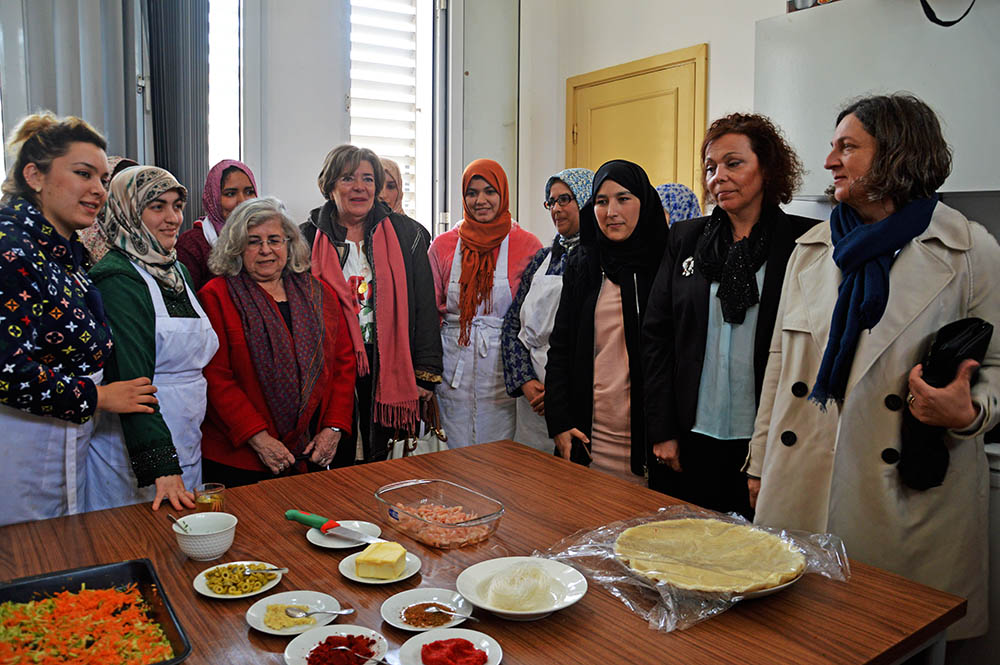
With the bus of the Portuguese delegation returning to the city of Alcácer Quibir, always with the police escort to stop the traffic, with shrill whistles and siren sounds (even when this was not necessary), followed by a visit to the souk (market ). the visit to the new center of the University of Larache and also to a women's cooperative and training and literacy school.
This cooperative is located in a run-down and rehabilitating neighborhood in the city of Alcácer Quibir, which the Portuguese delegation visited in the afternoon, amidst mud, rain and potholed streets and under construction. There, there were sewing courses (interestingly, with two young men present), hairdressing, embroidery, confectionery and literacy classes for children, teenage women and adults. At the end, visitors were presented with sweets and natural juices made by the students.
The mayor of Lagos was always the mayor Mohammed Simou, who often did not shy away from enthusiastically but somewhat rudely dragging the Portuguese mayor by one arm for group photographs or to see this and that more carefully .
To close the visit, there was another official speech session at the city's cultural center, almost all in Arabic and without translation. As everywhere, from public places, to shops, workshops, restaurants, schools or official departments, the photograph of King Mohammed VI was present with great prominence on stage, as well as small flags from Morocco and Portugal. But, towards the middle of the ceremony, and because of twinning, an enormous flag of Portugal was also placed, side by side with the image of the Moroccan monarch.
The session ended with a concert, which began with a high-quality traditional music group and ended with a performance by local star singer Abdeslam Sahli.
It's a kind of Moroccan Tony Carreira, who delighted the dozen and a half scouts (and other less young people) who followed the session and later sang, in unison, with lots of clapping and loud, the songs played in play back and in Arabic by Abdeslam Sahli. The Portuguese, even though they didn't understand anything about the lyrics, also let themselves be infected by the joy. If you can't beat them...
Or, as Joaquina Matos said in his speech, "we return to Portugal with our hearts full of Alcácer Quibir!"
Abdeslam Sahli's Youtube video:
Lagos entourage
Joaquina Matos – Mayor of Lagos
Sara Coelho – Councilor for Culture
Milvia Gonçalves – PSD councilor (no department)
Filomena Sena – councilor of the Lagos Com Futuro movement (without portfolio)
José Jácome – 2nd Secretary of the Municipal Assembly of Lagos
Rui Araújo – PSD municipal deputy
Márcio Viegas – PS municipal deputy
Alexandre Nunes – CDU municipal deputy
Ana Natacha Álvaro – municipal deputy of the Left Block
Margarida Maurício – PAN municipal deputy
Ana Margarida Martins – municipal deputy for the Lagos com Futuro movement
Carlos Saúde – President of the Parish Council of São Gonçalo de Lagos
Manuela Duarte – Education Sector CM Lagos
Frederico Mendes Paula – architect of the CM Lagos Office of Strategic Studies
Paula Couto – Director of the Gil Eanes Schools Group
Natércia Magalhães – senior technician at the Regional Directorate of Culture
Aura Fraga – president of the Vincentian Association
Carlos Afonso – CM Lagos photographer
Elisabete Rodrigues - journalist
Photo Gallery
Photos: Elisabete Rodrigues | Sul Informação
Note: O Sul Informação traveled to Morocco at the invitation of the Municipality of Lagos
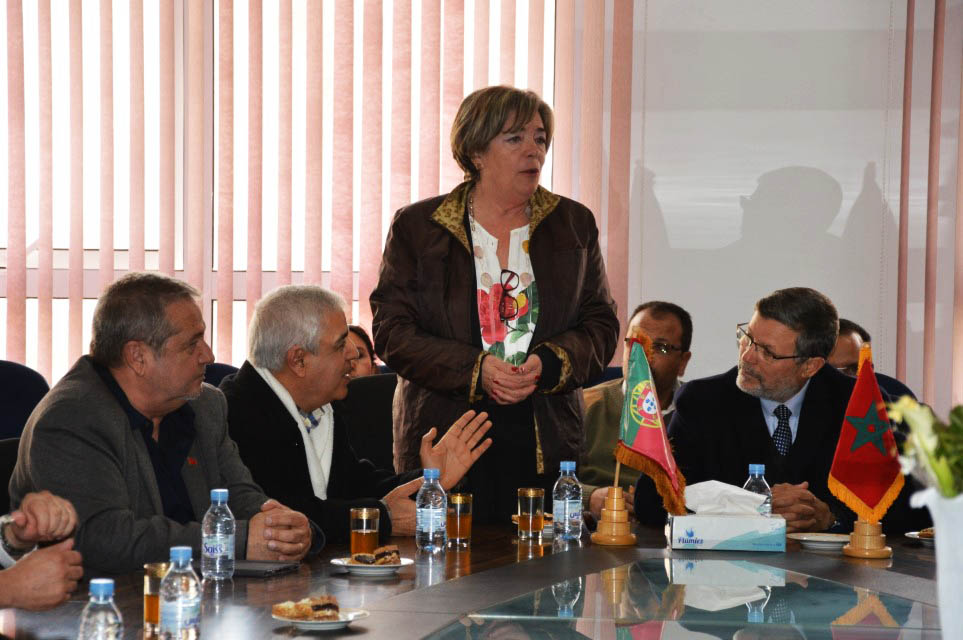
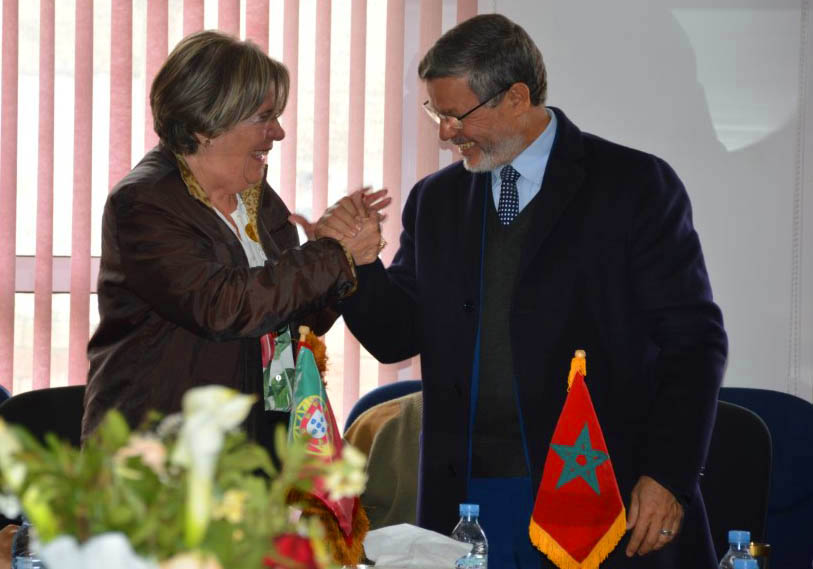
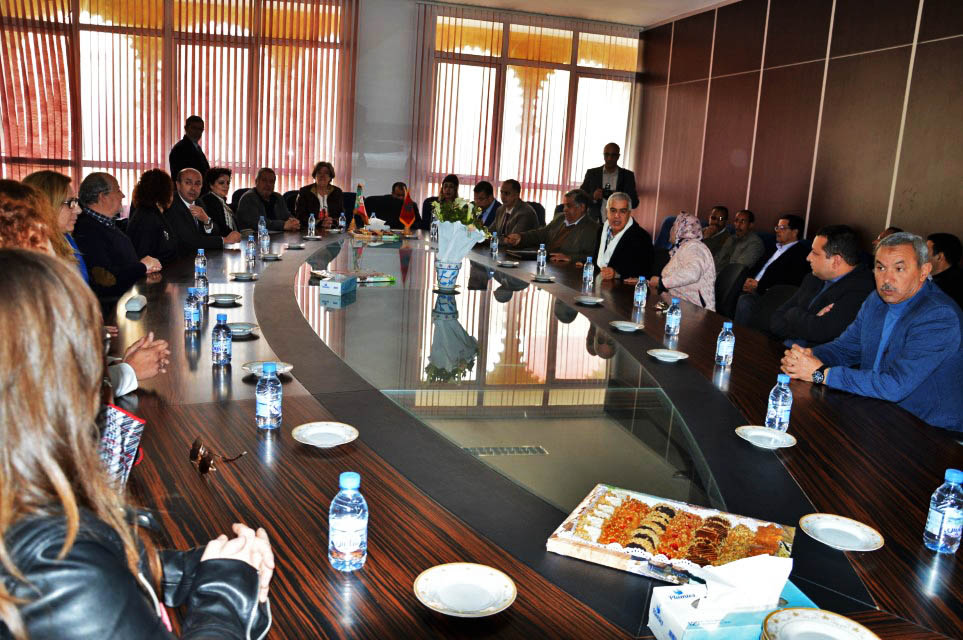
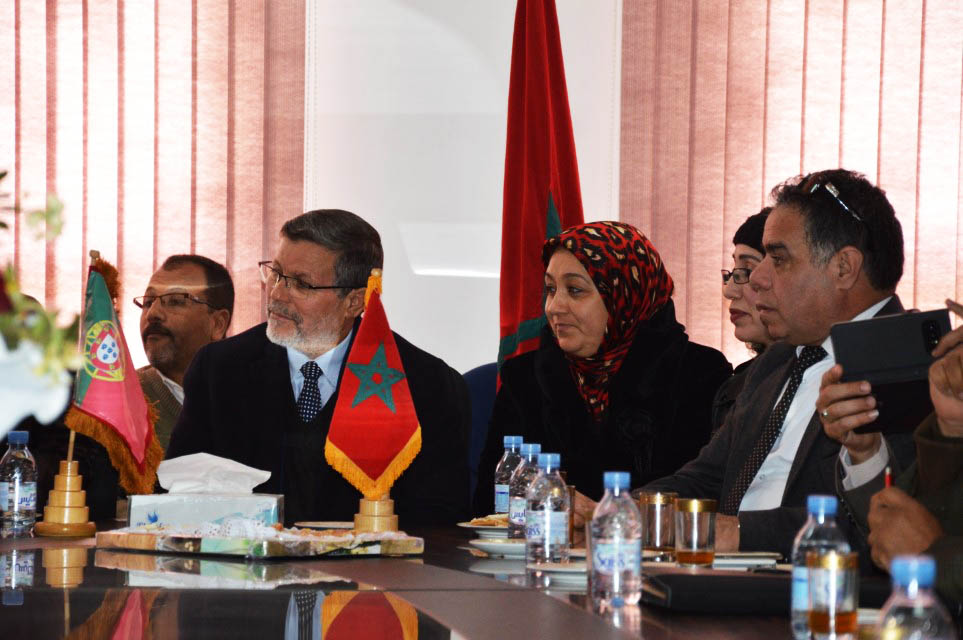
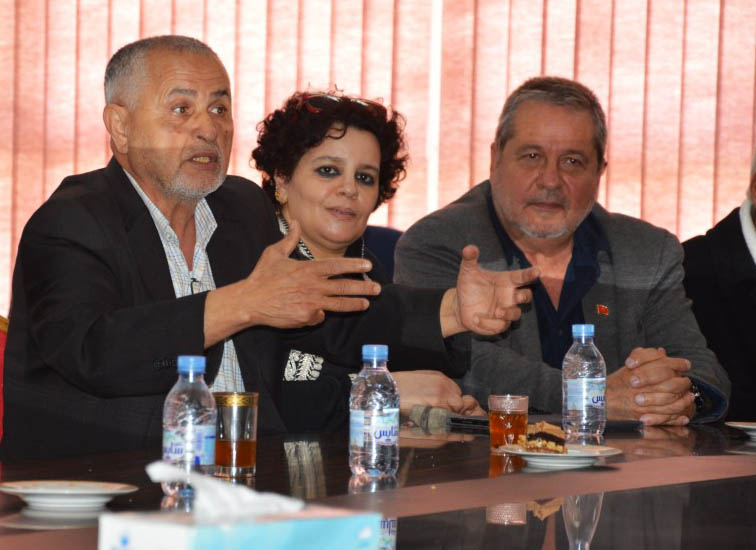
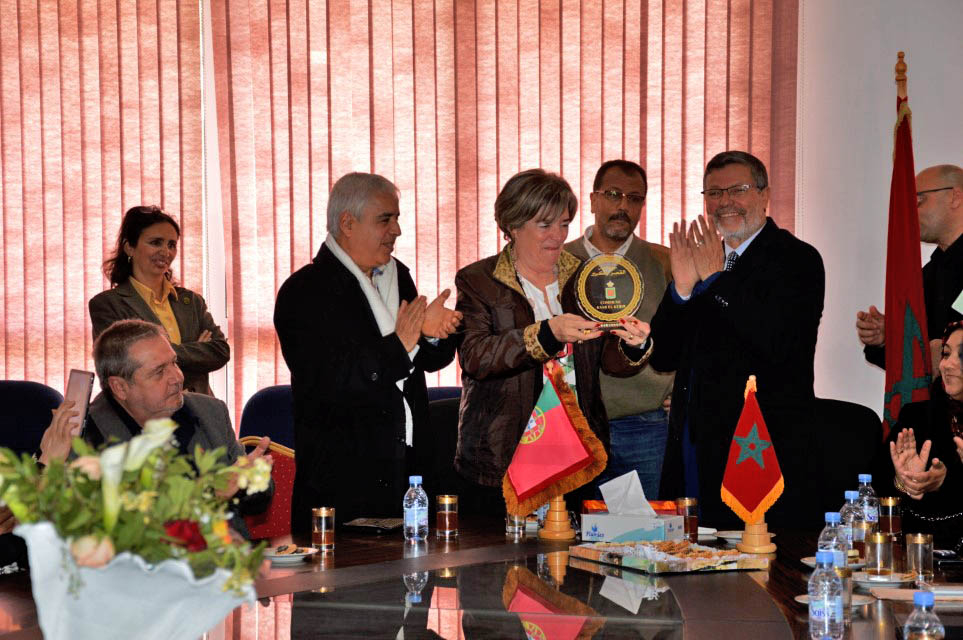
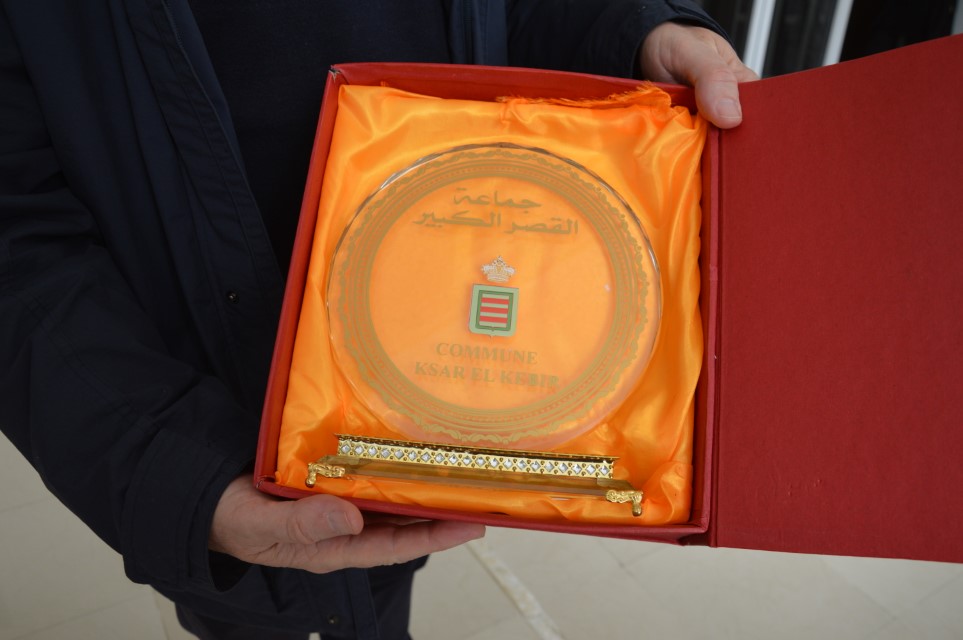
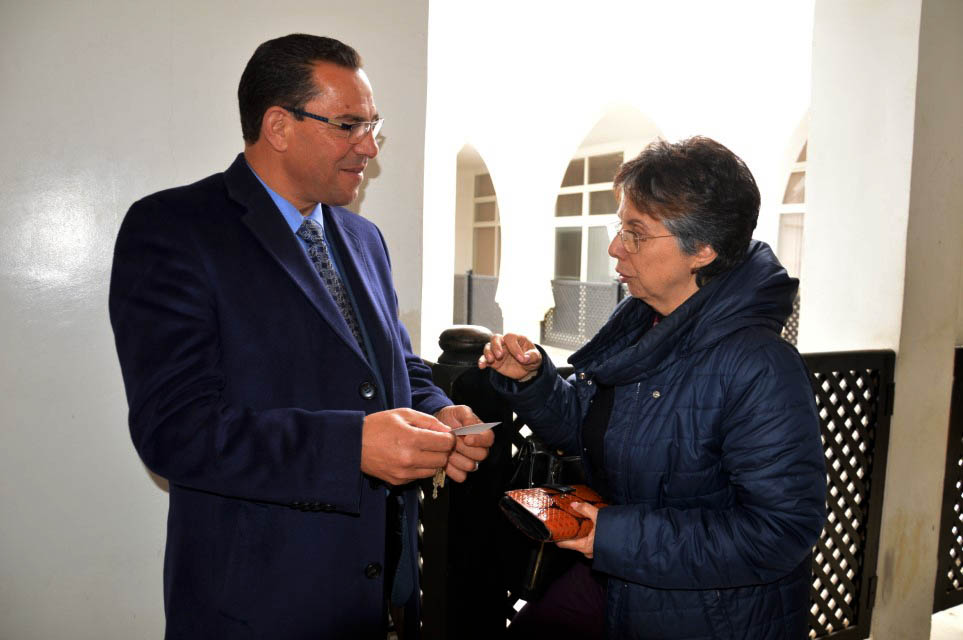
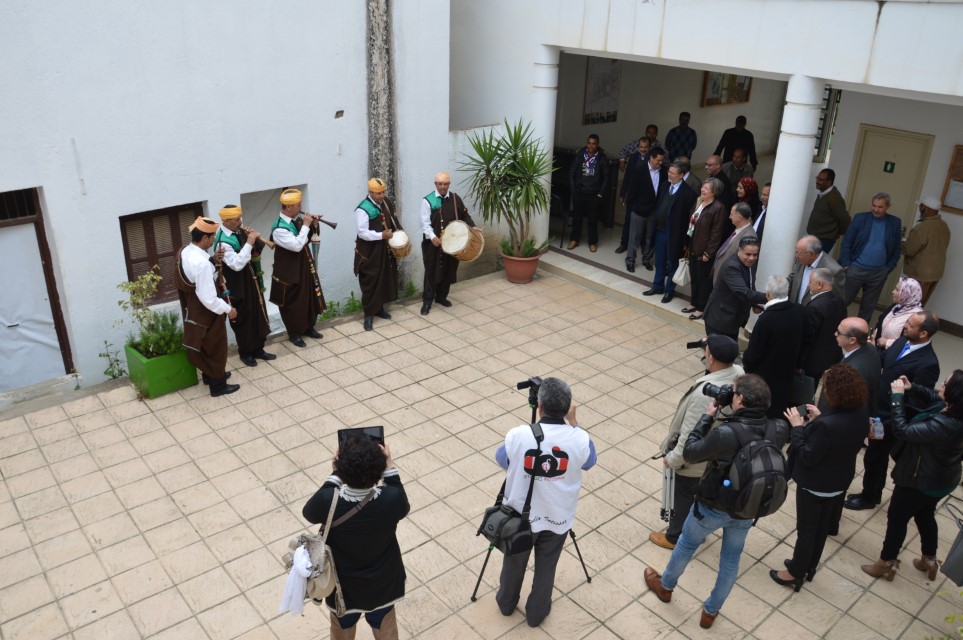
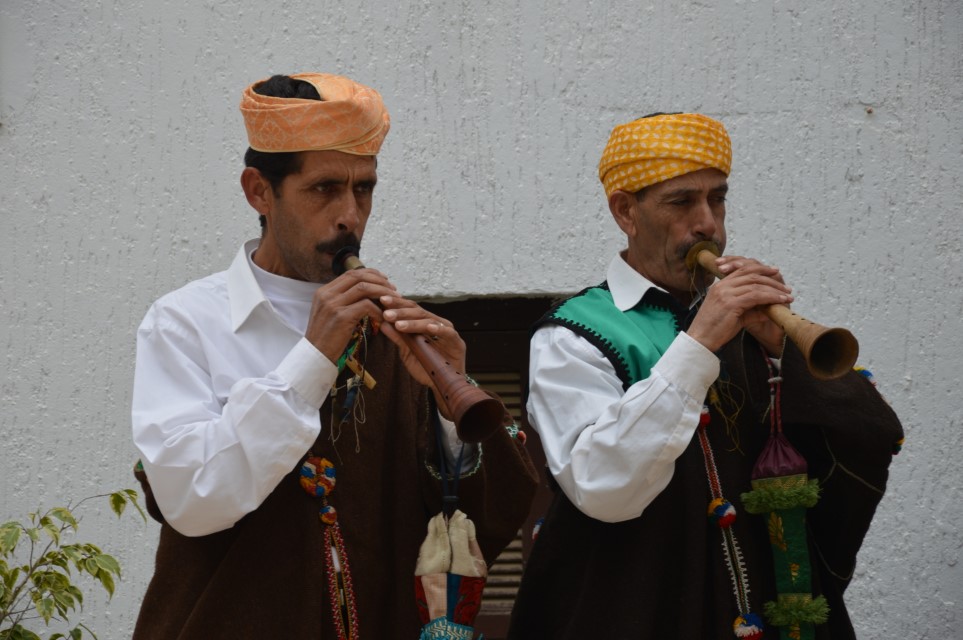
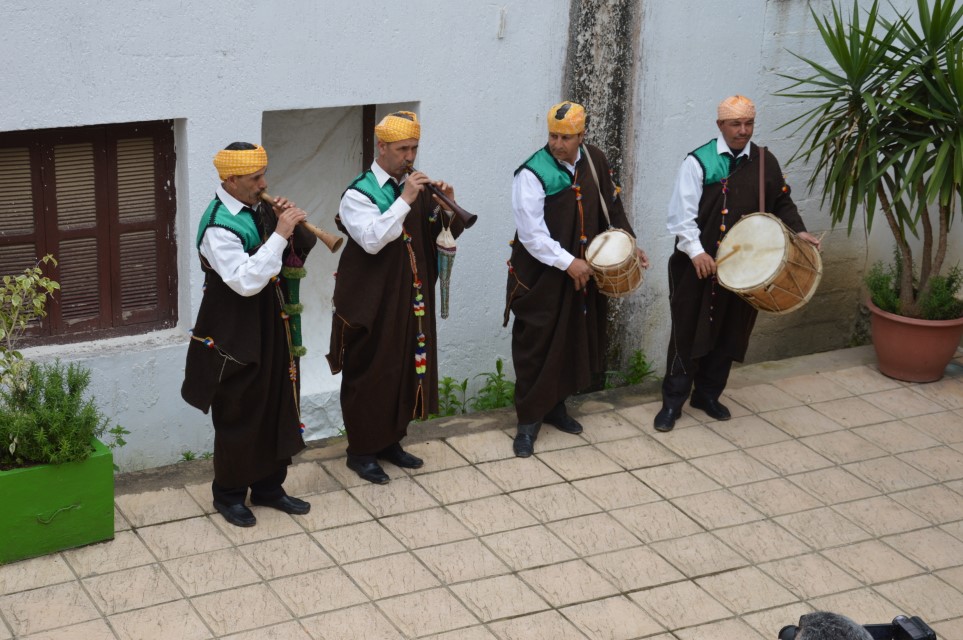
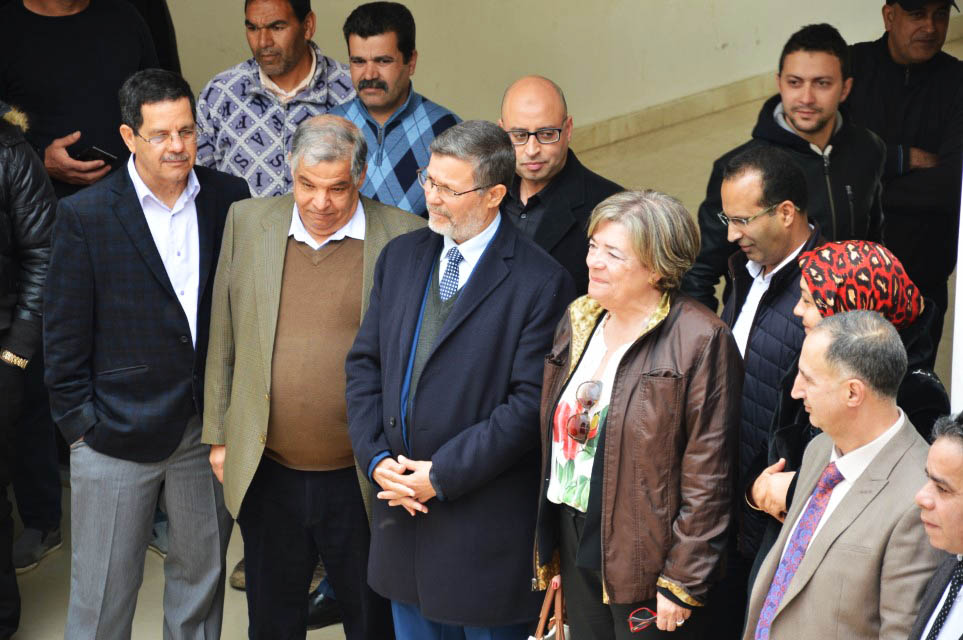
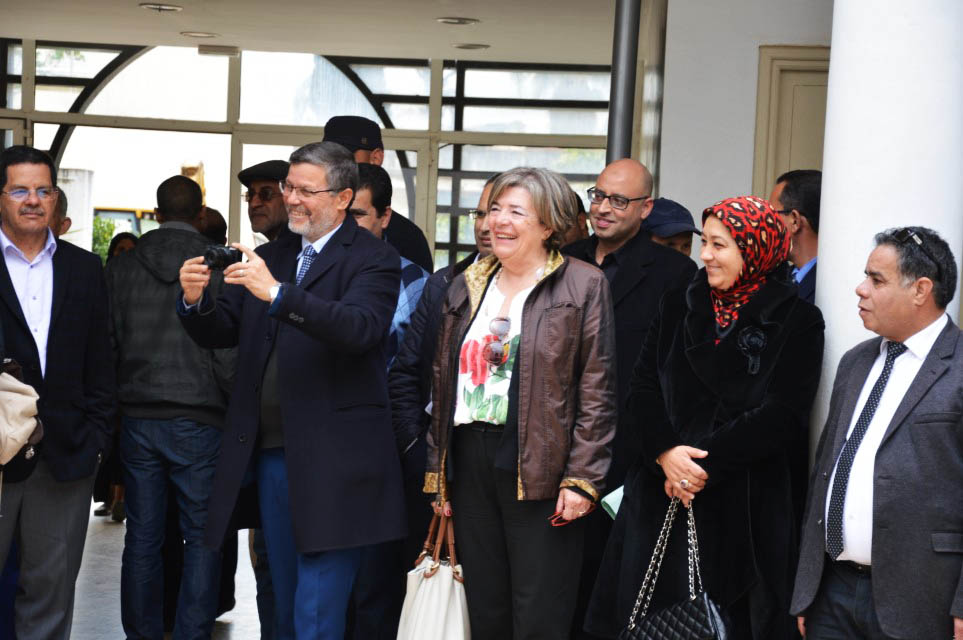
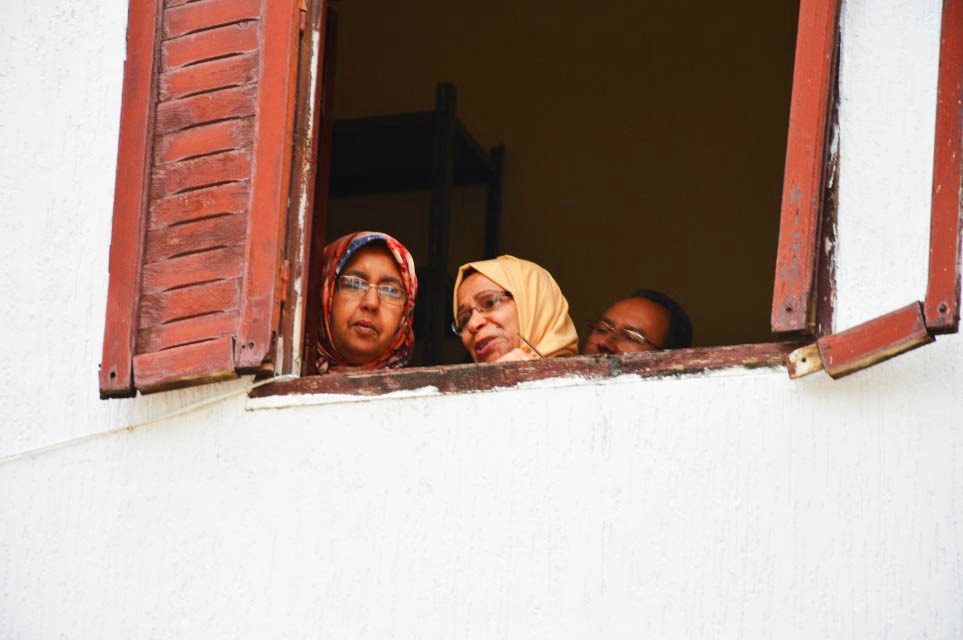
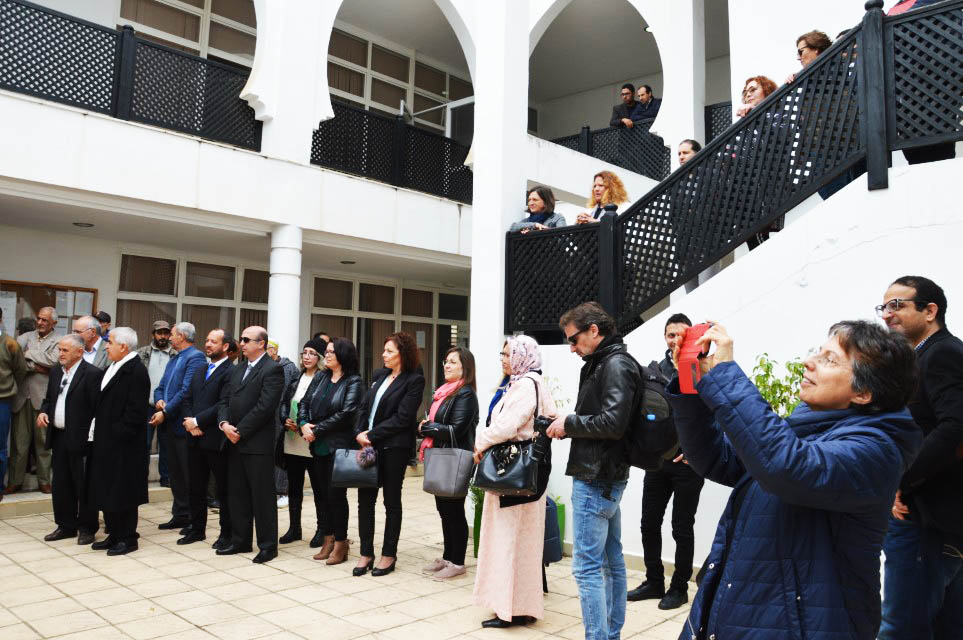
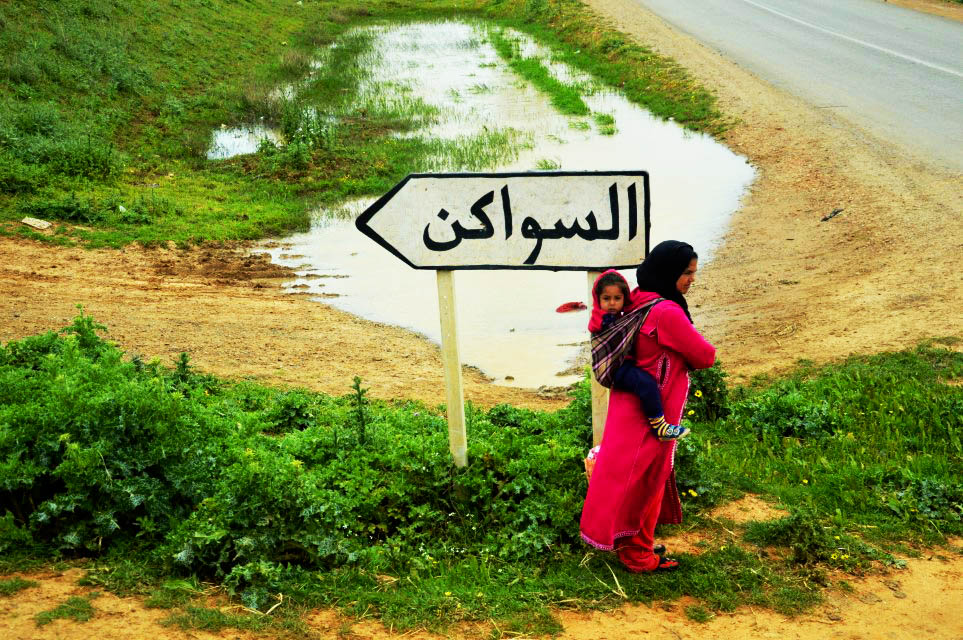
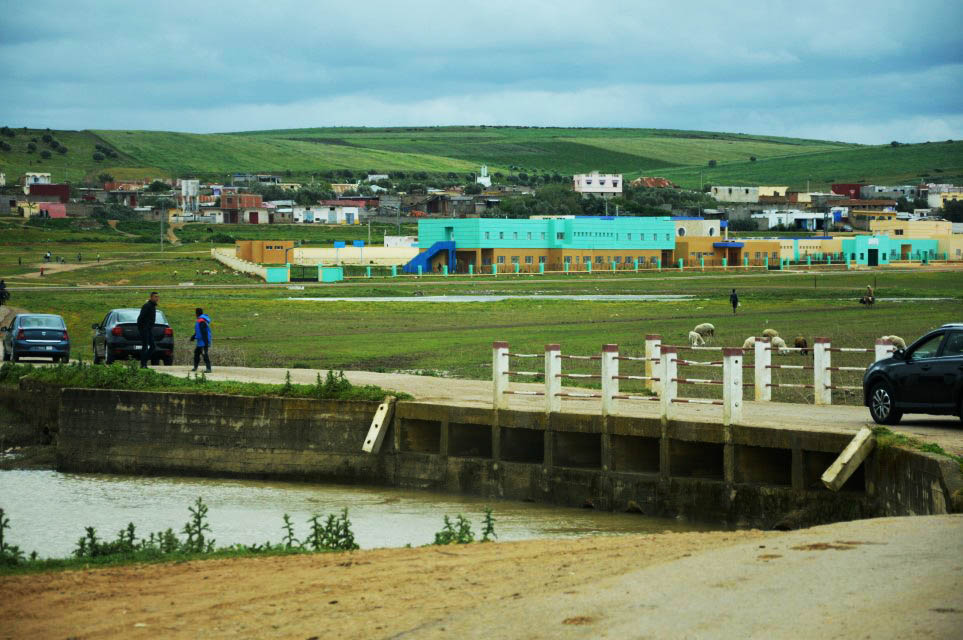
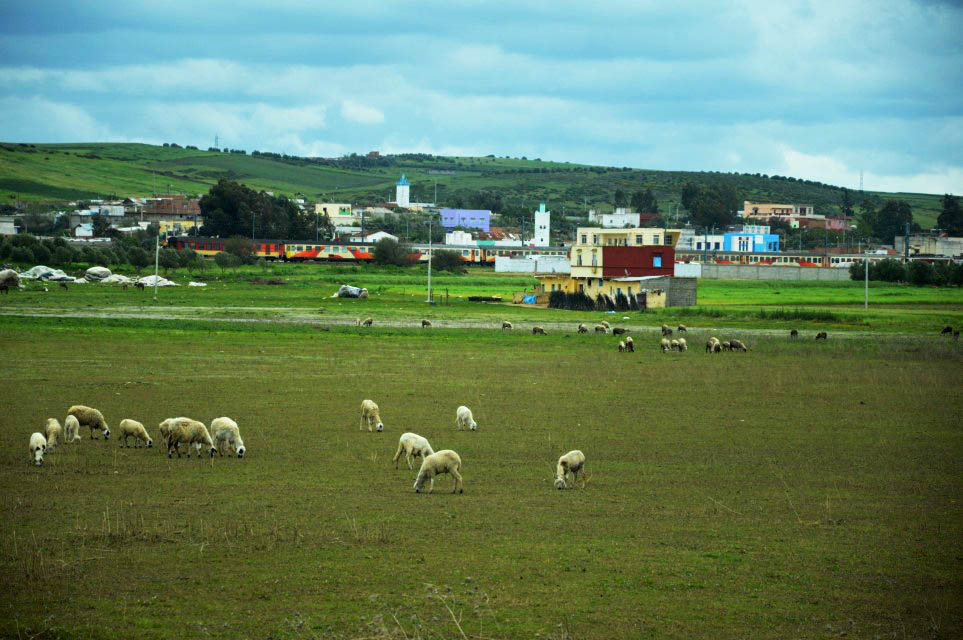
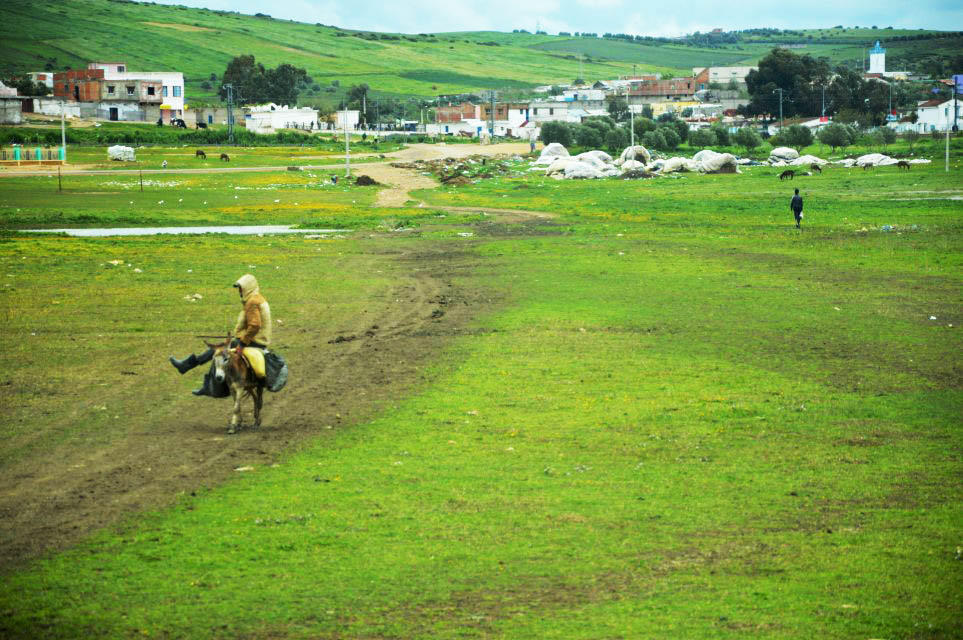
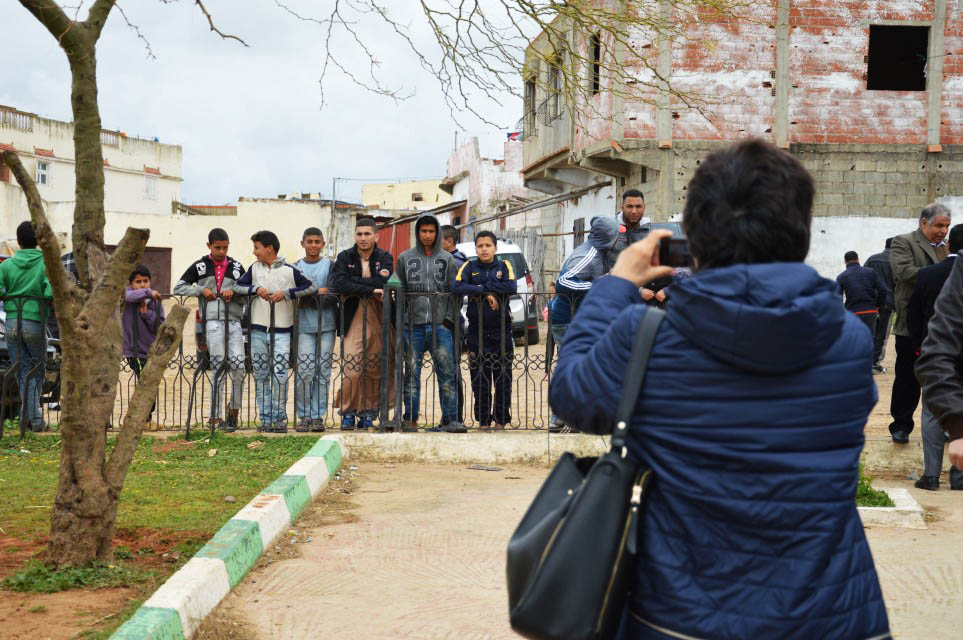
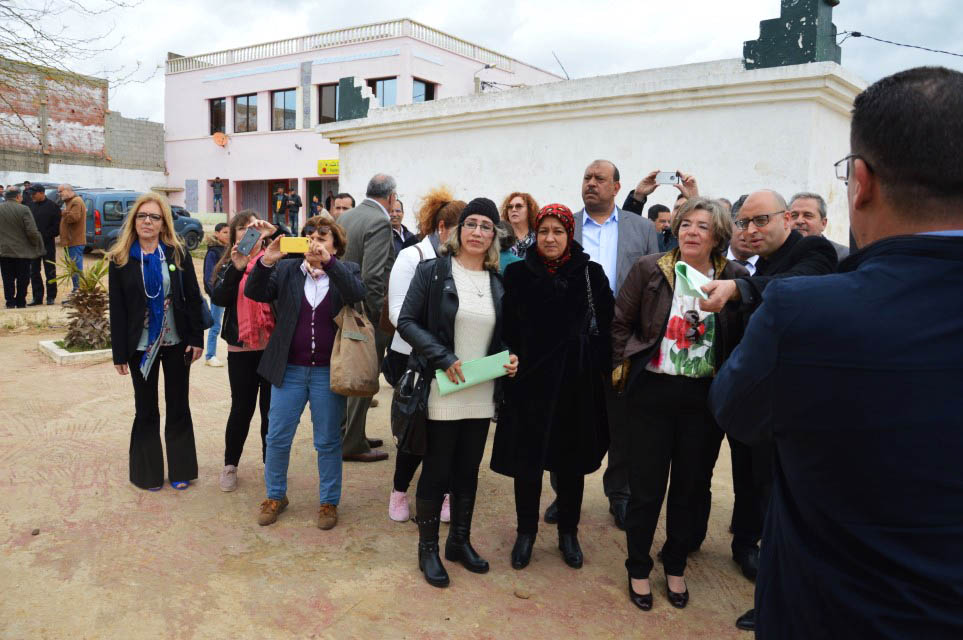
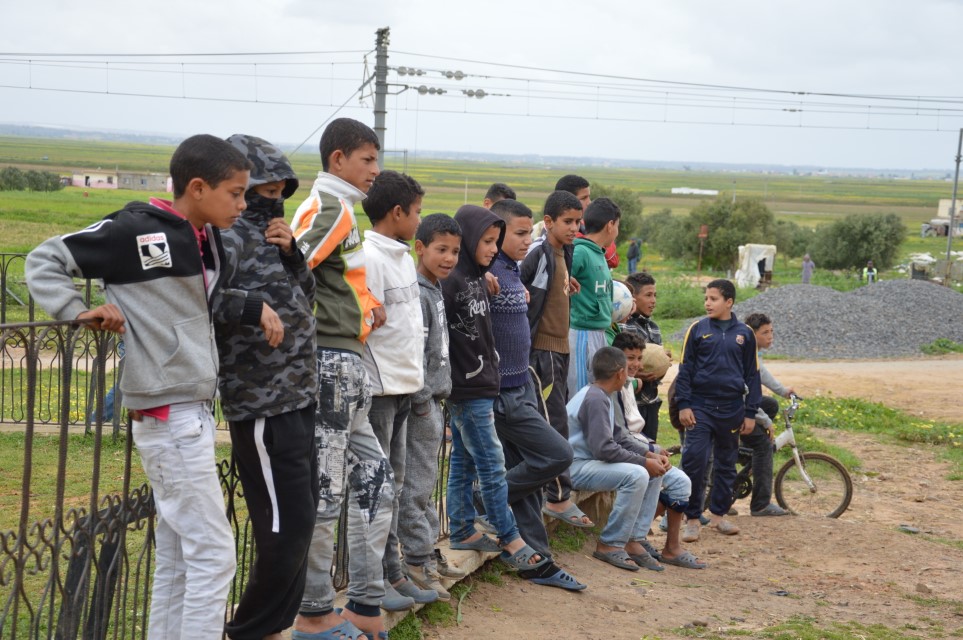
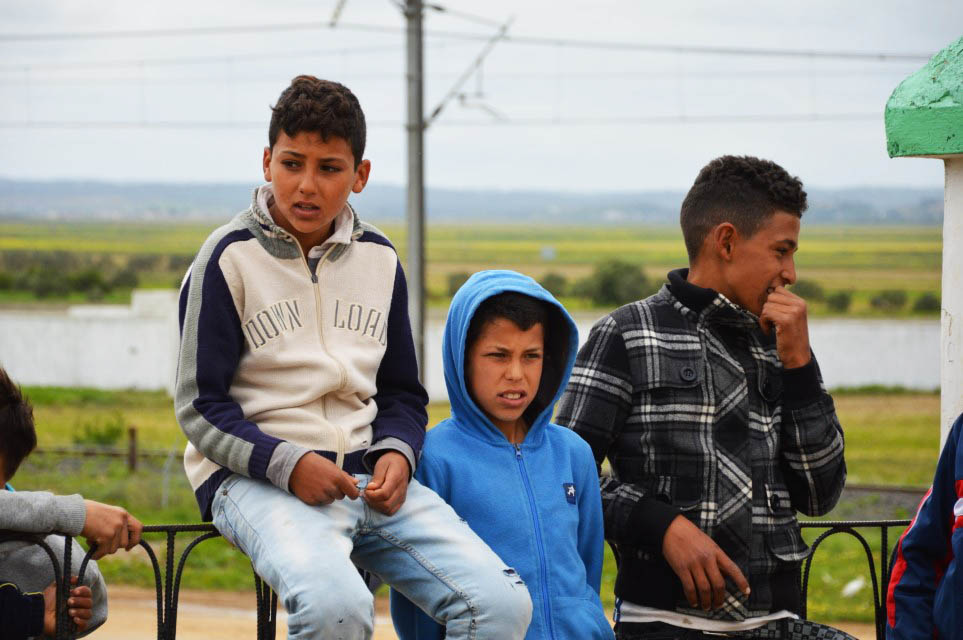
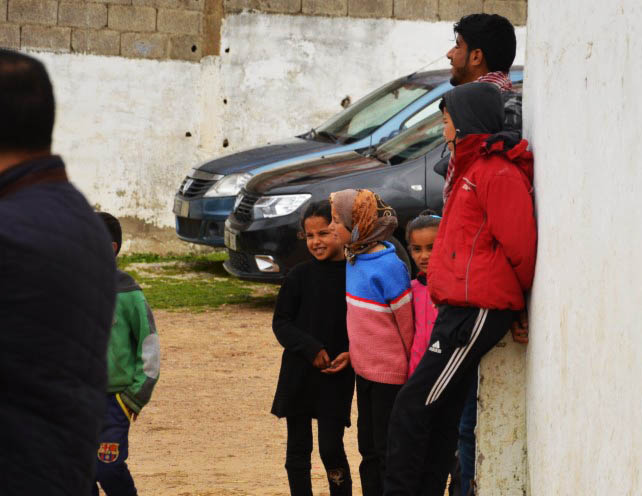
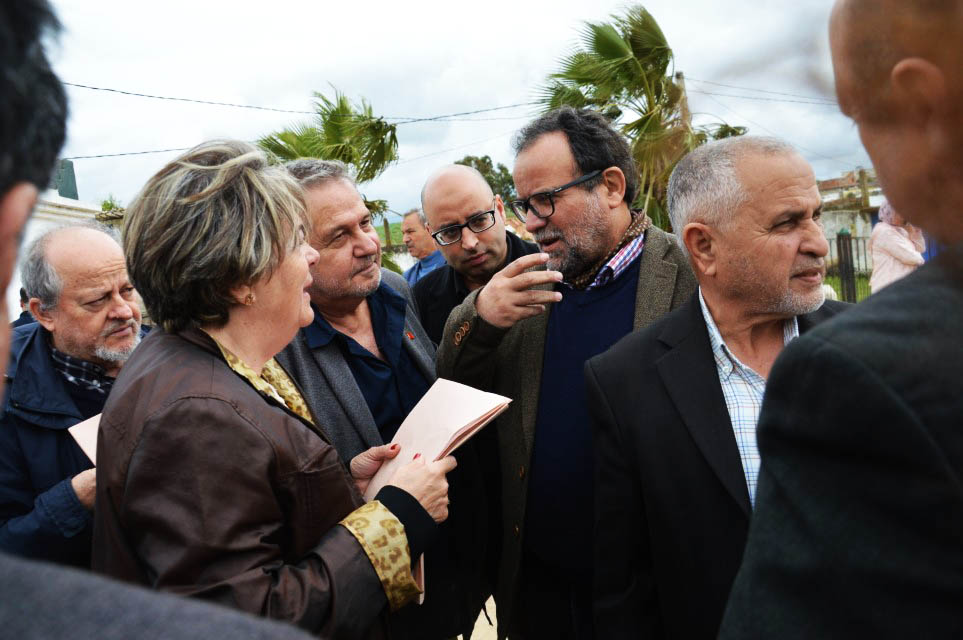
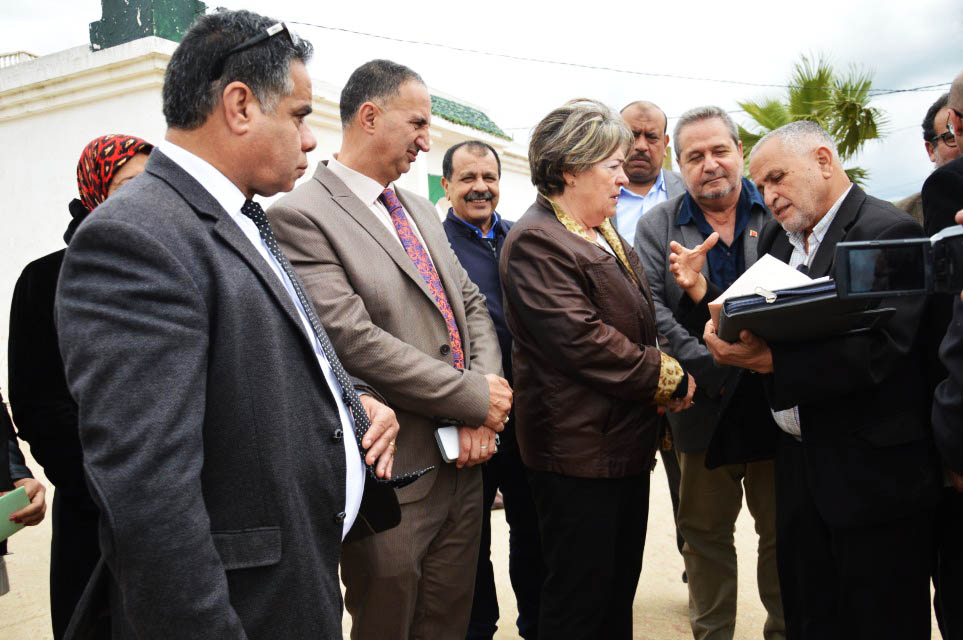
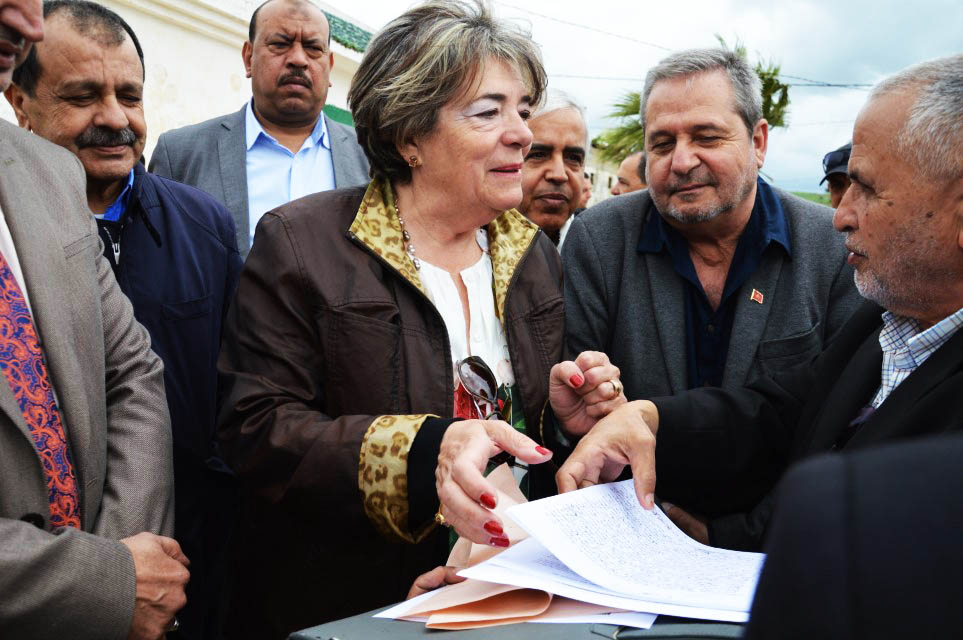
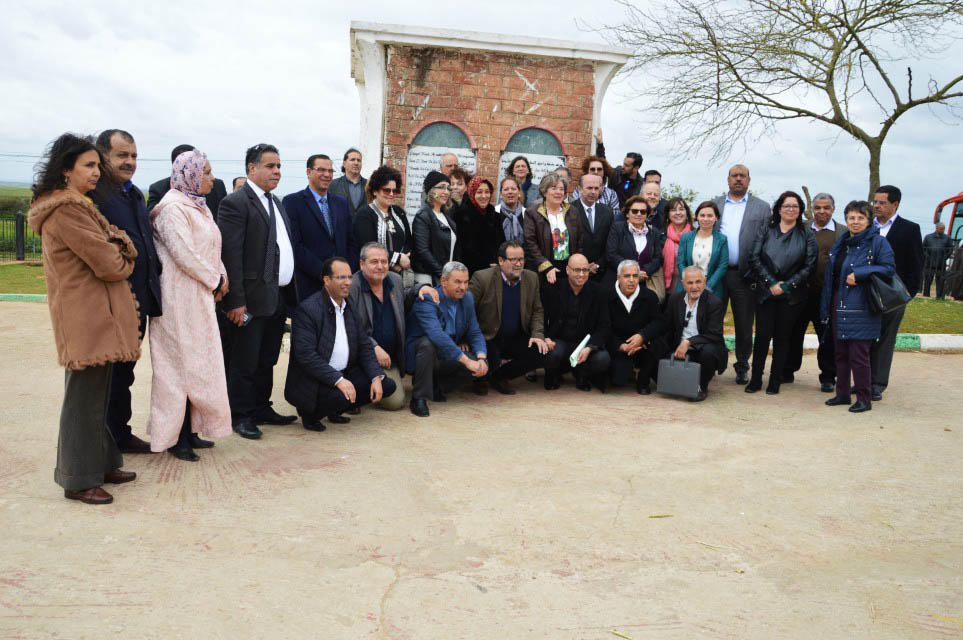
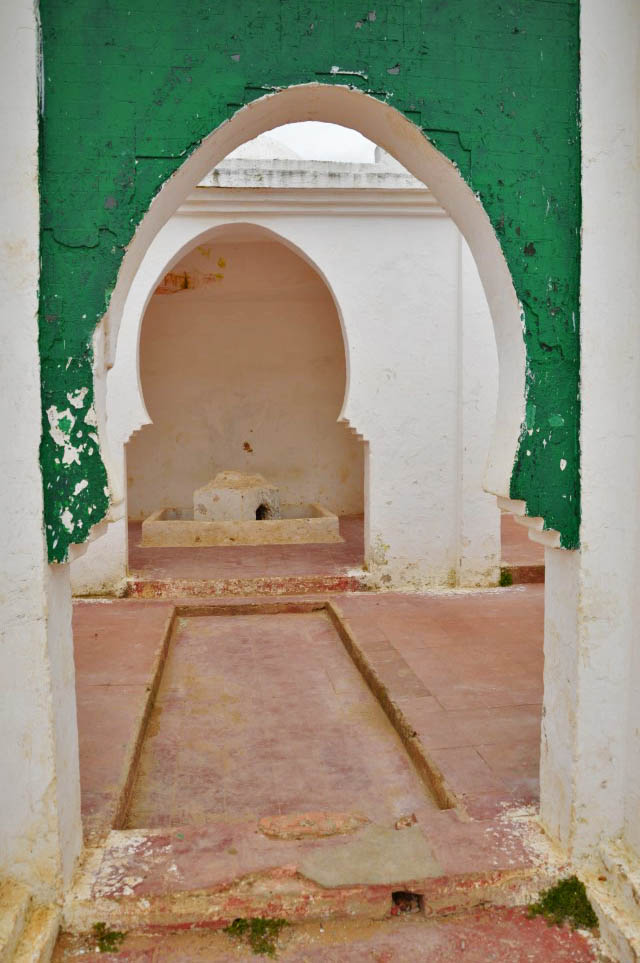
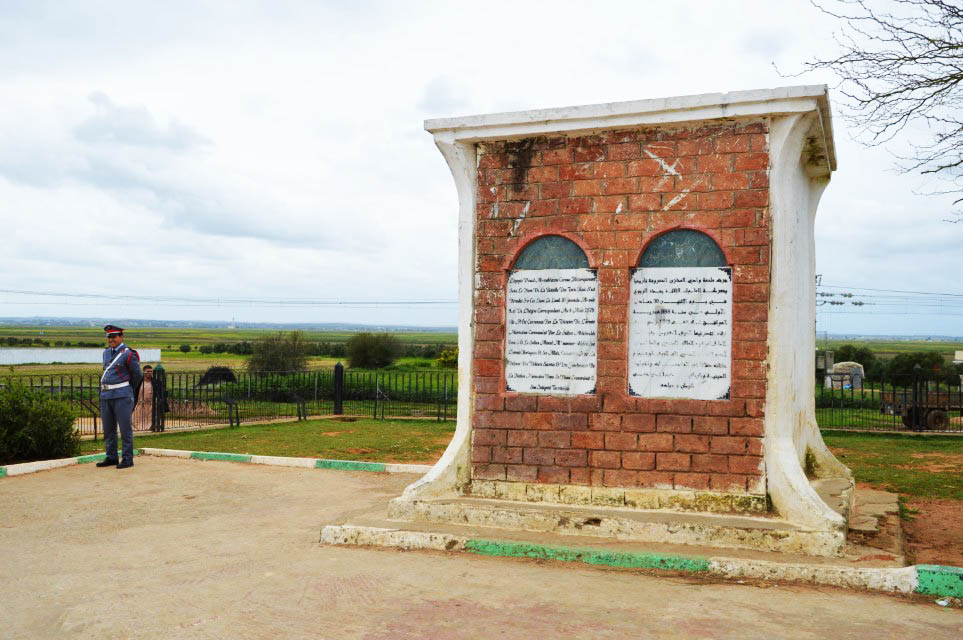
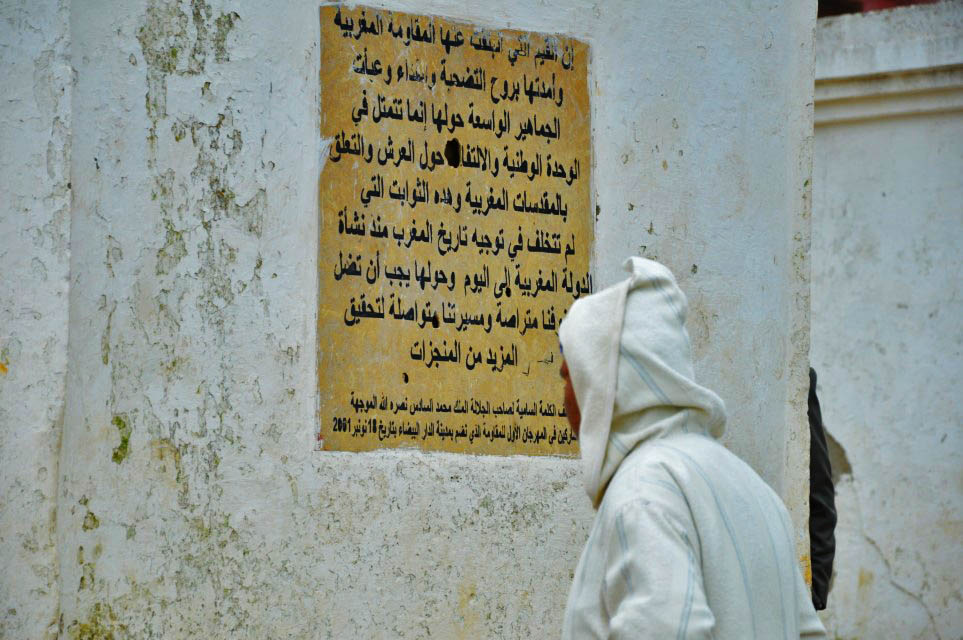
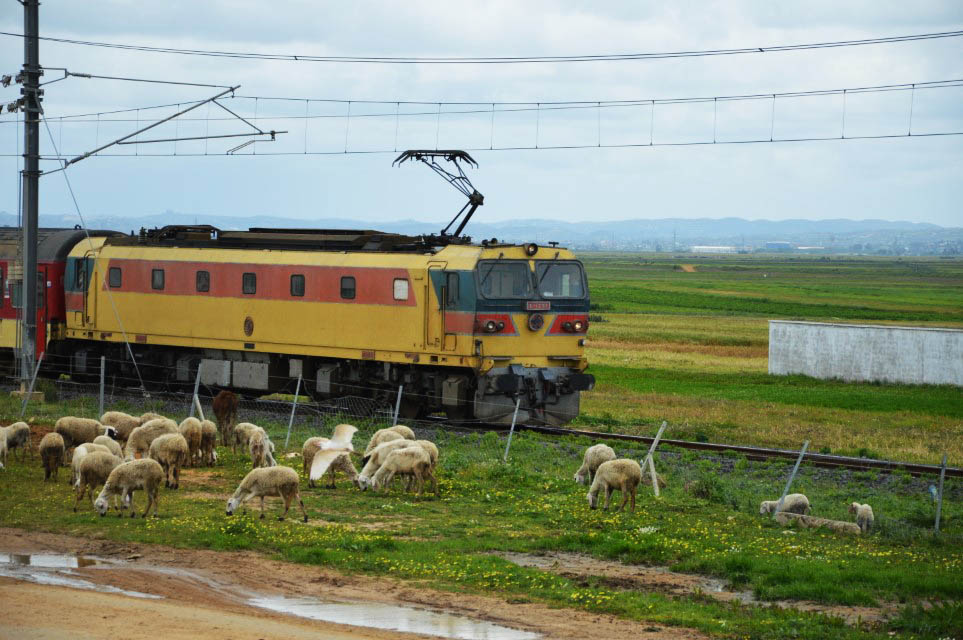
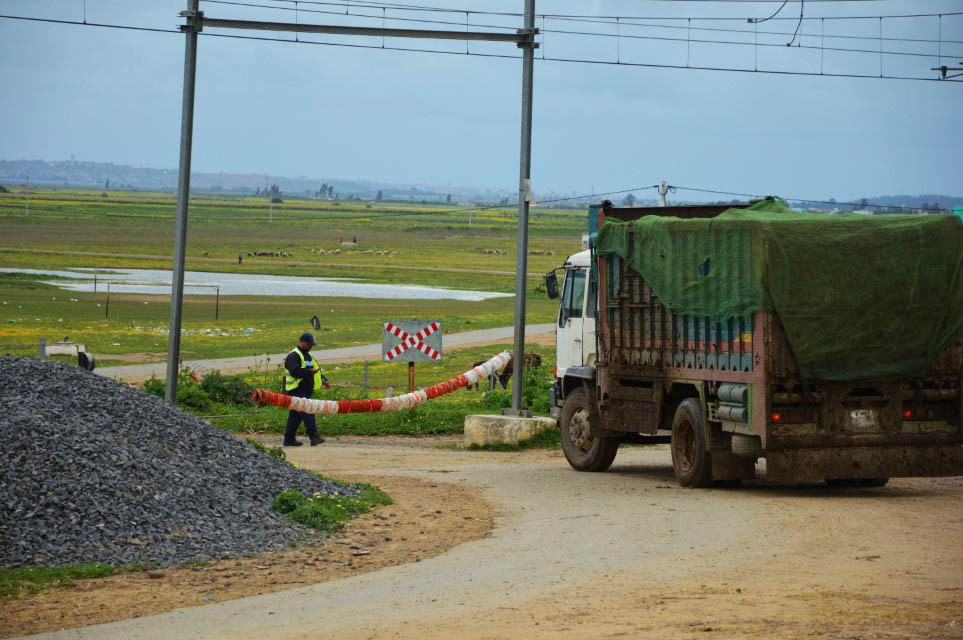
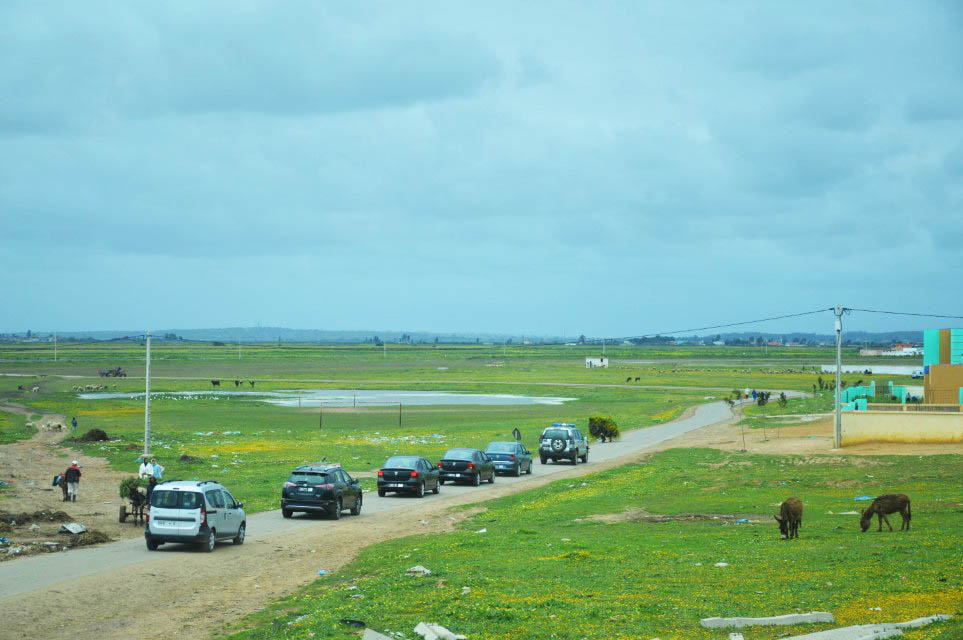
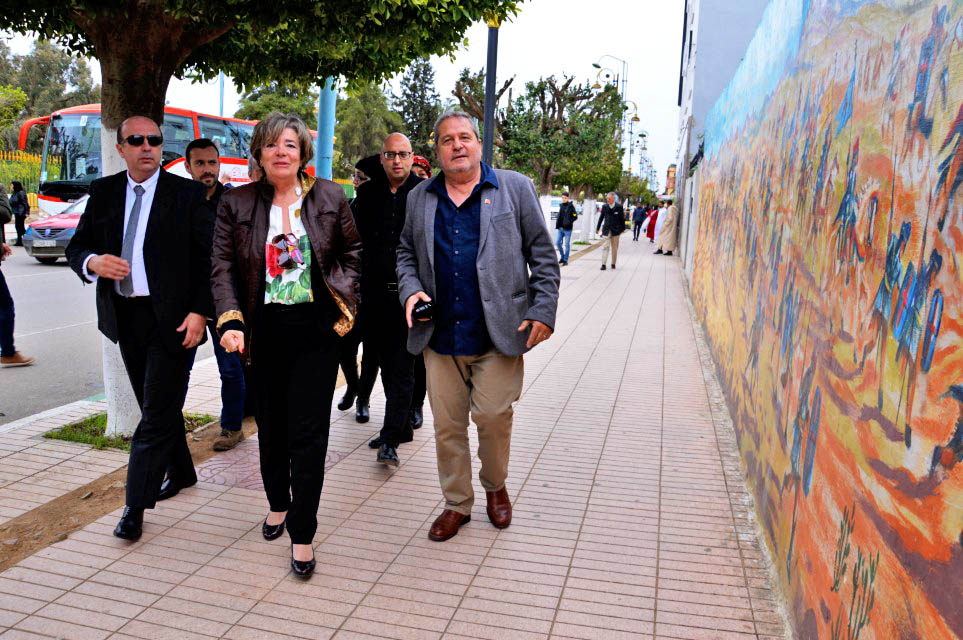
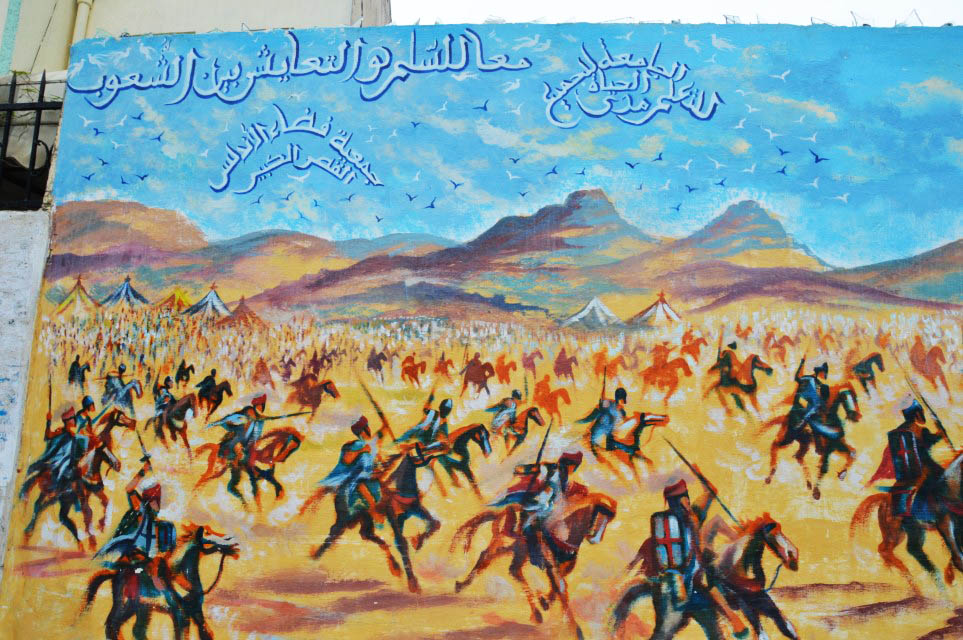
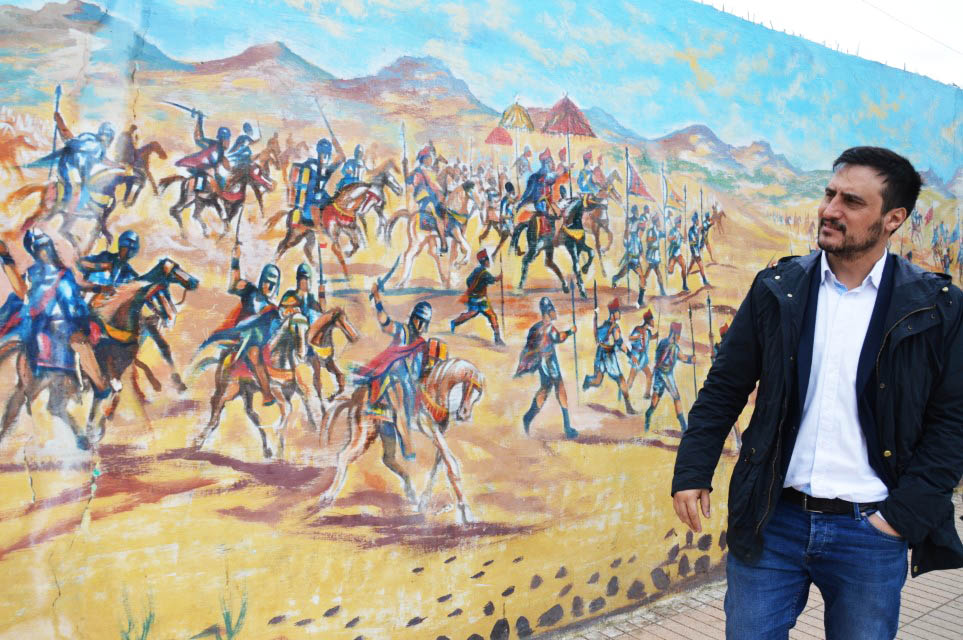
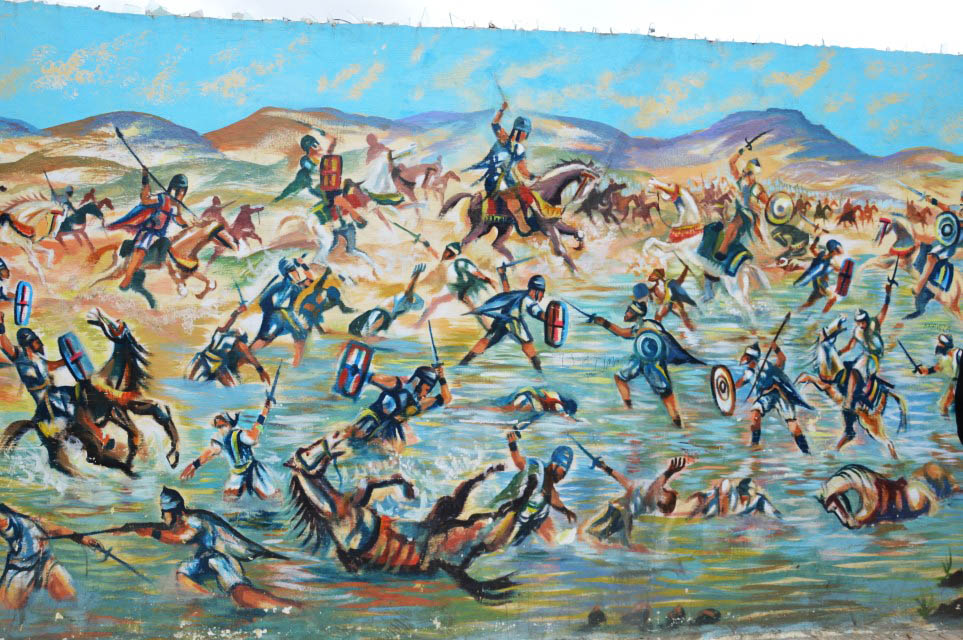
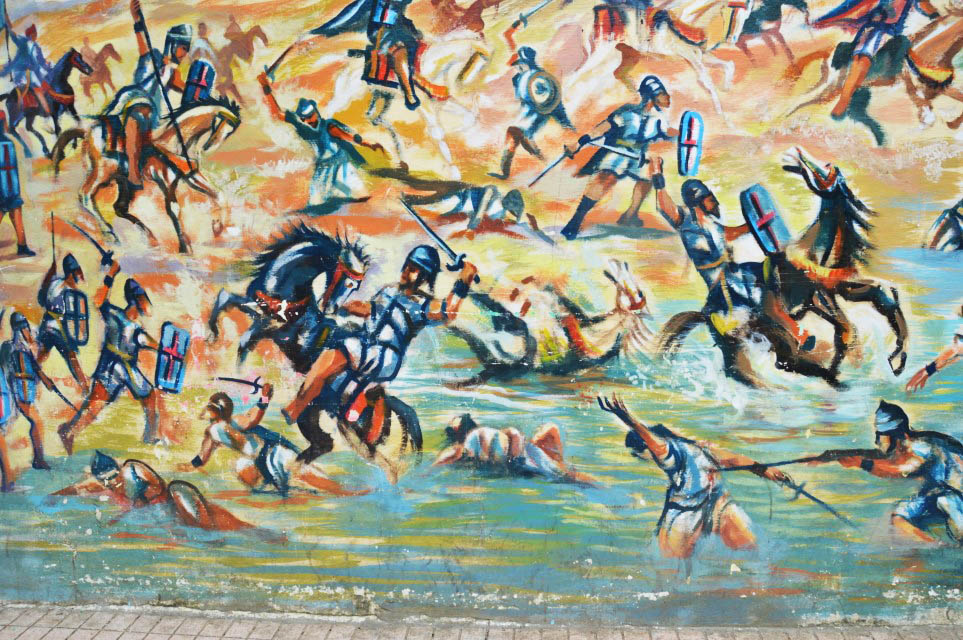
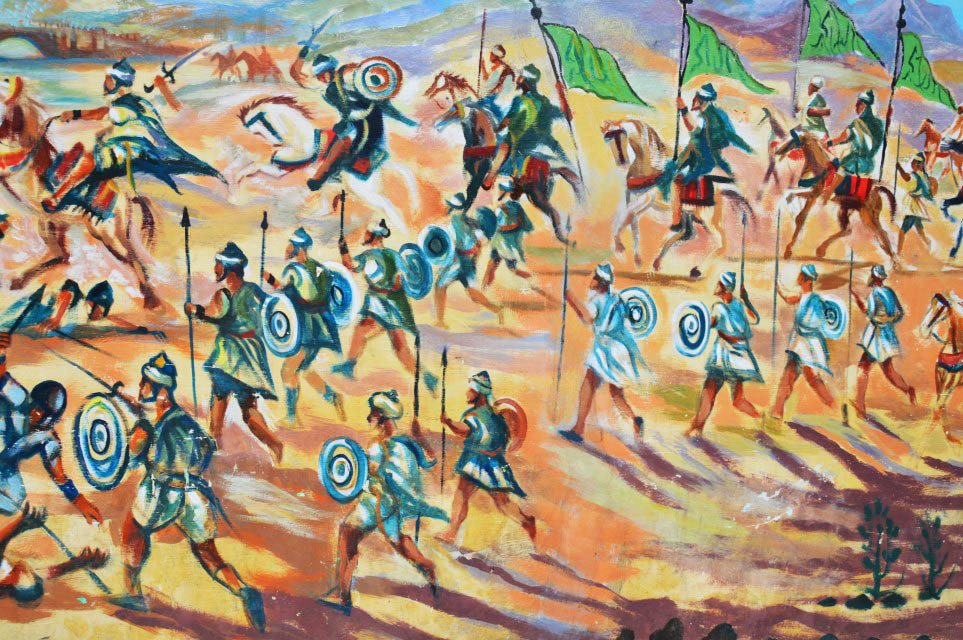
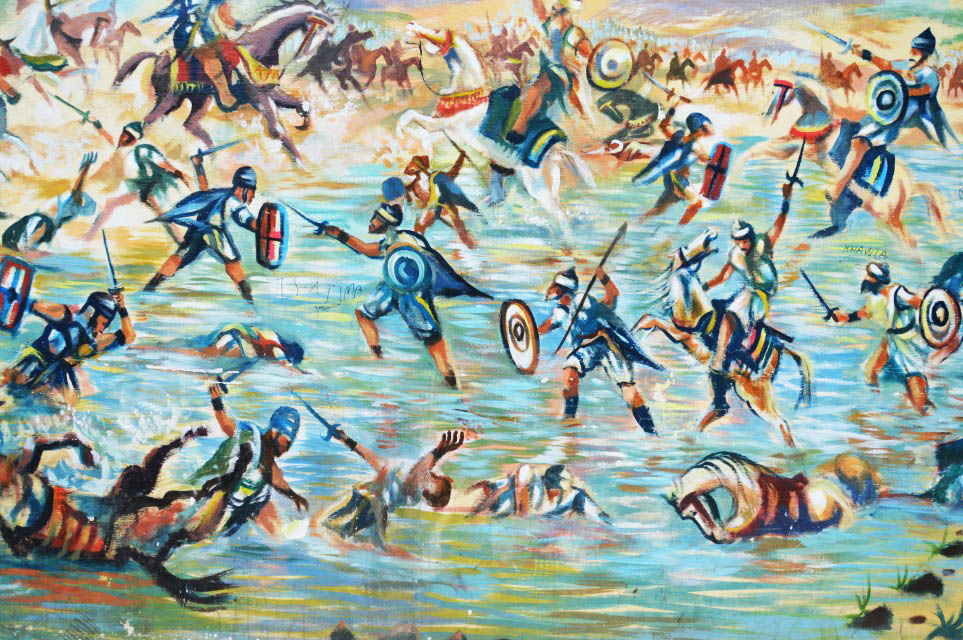
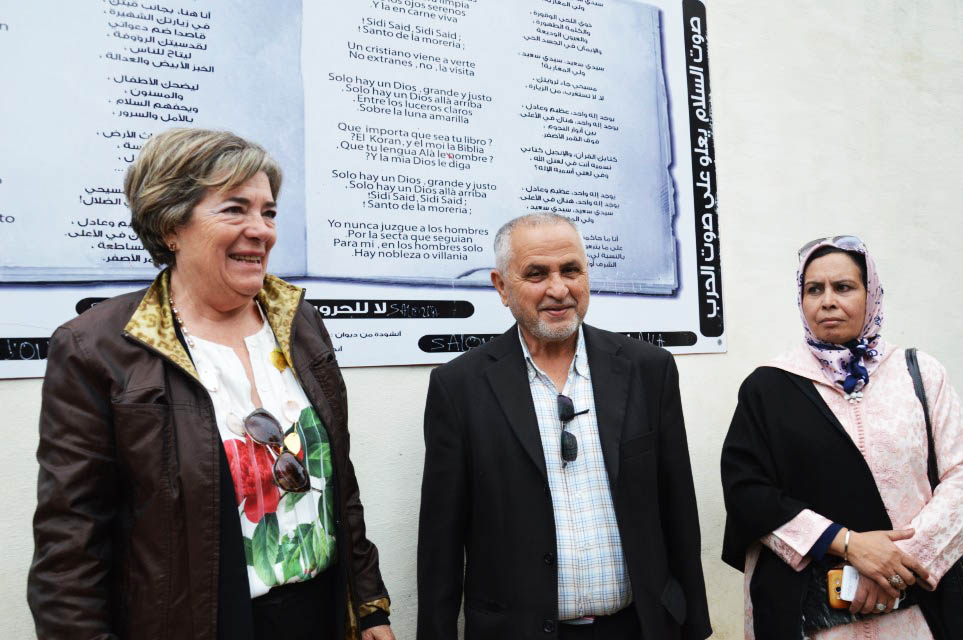

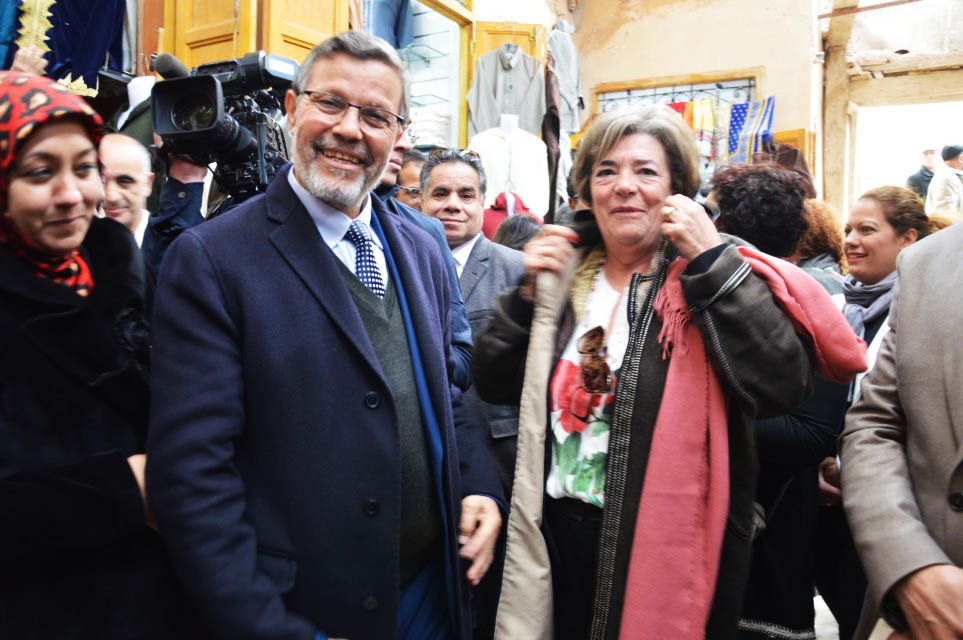
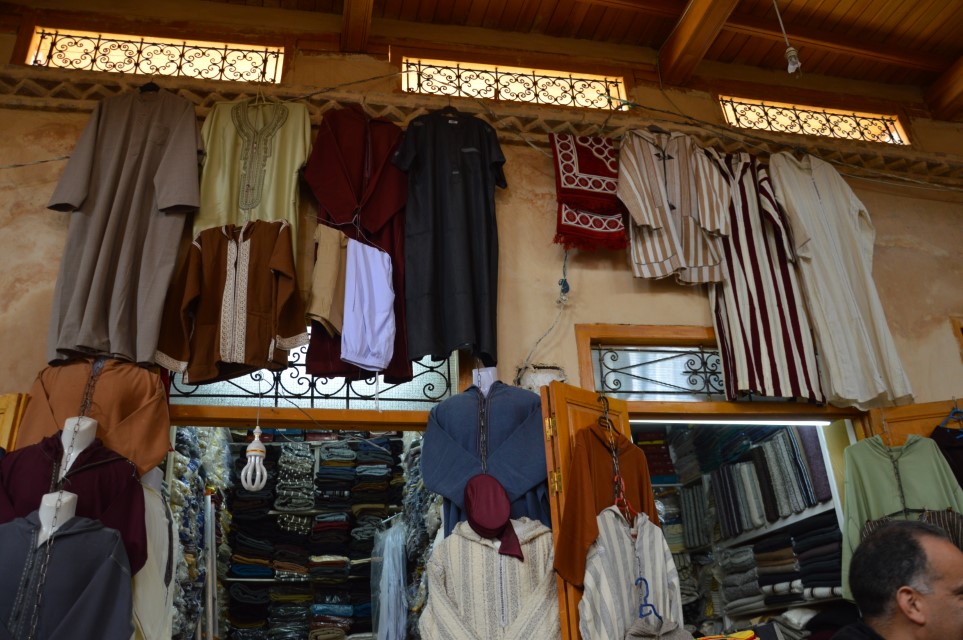
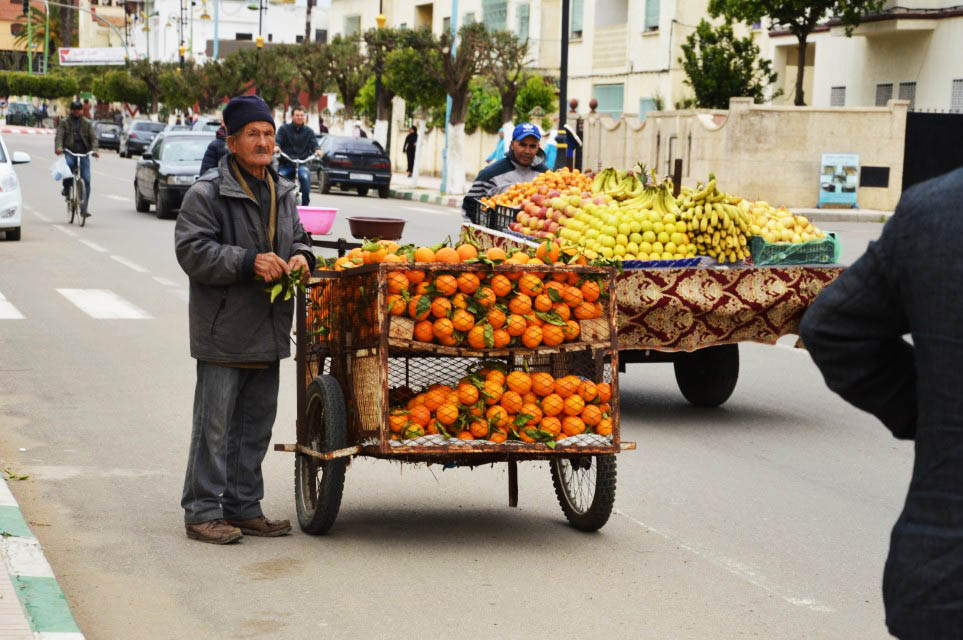
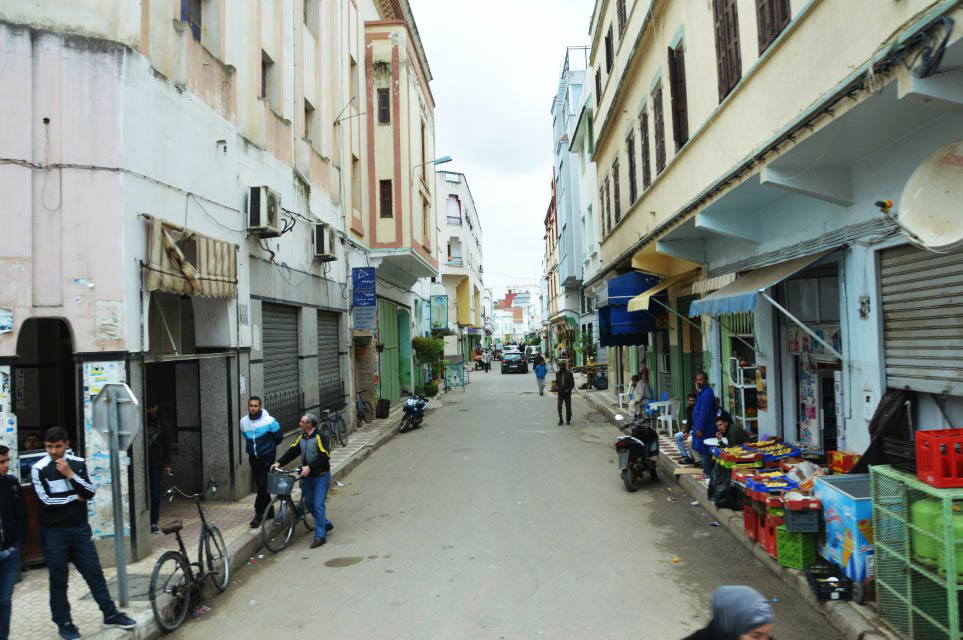
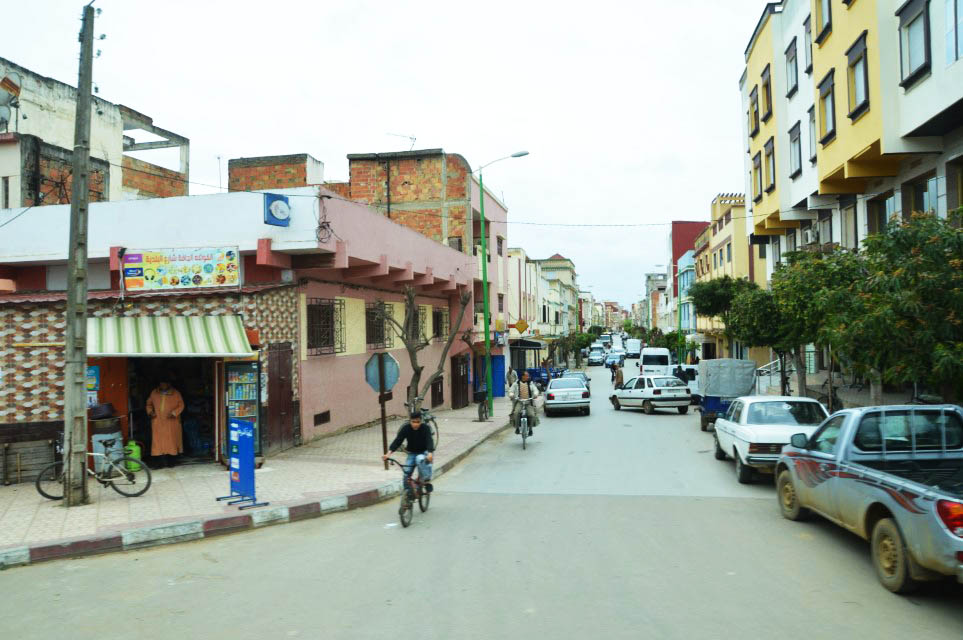
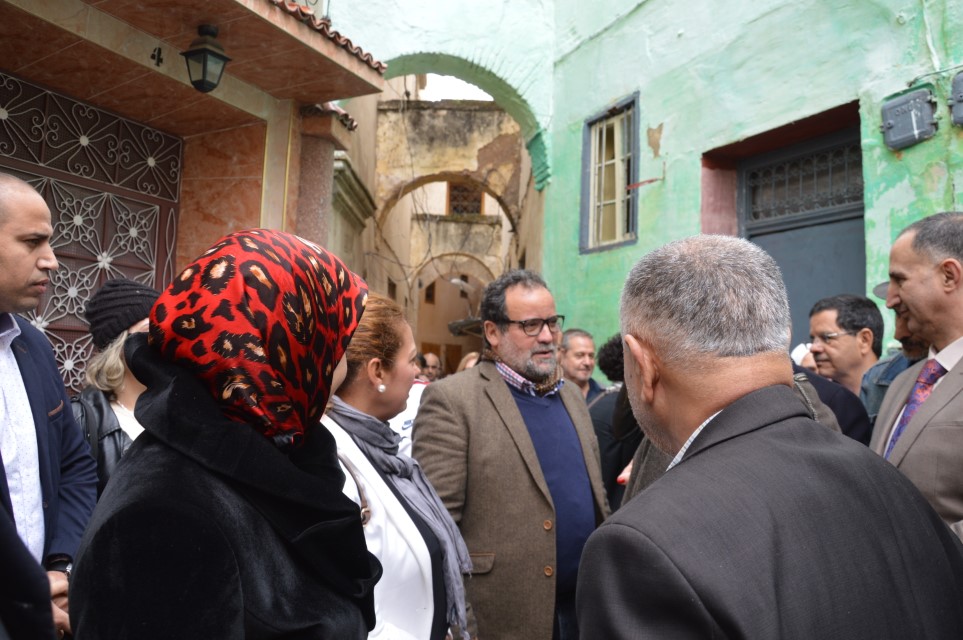
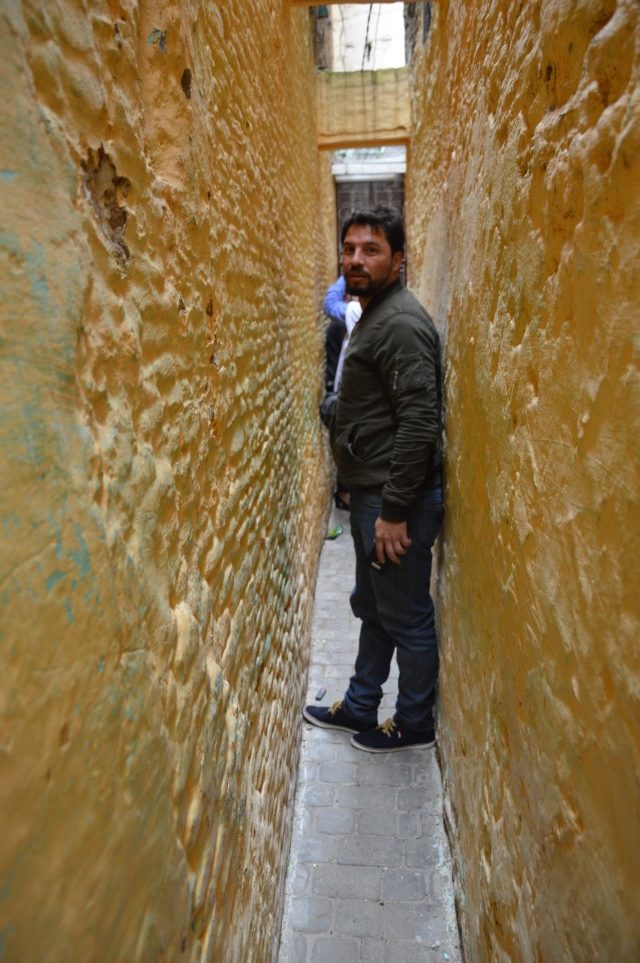
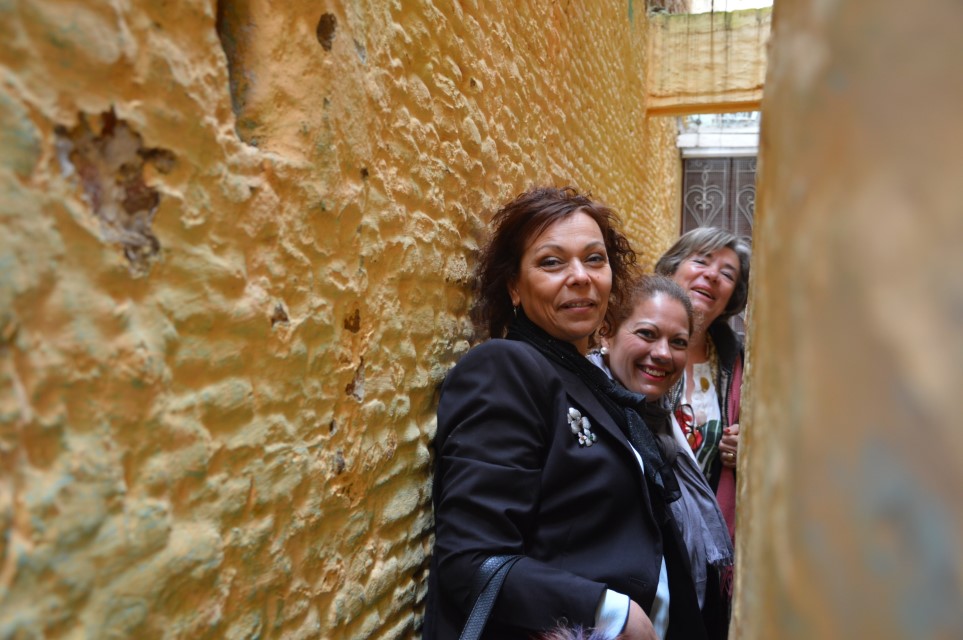
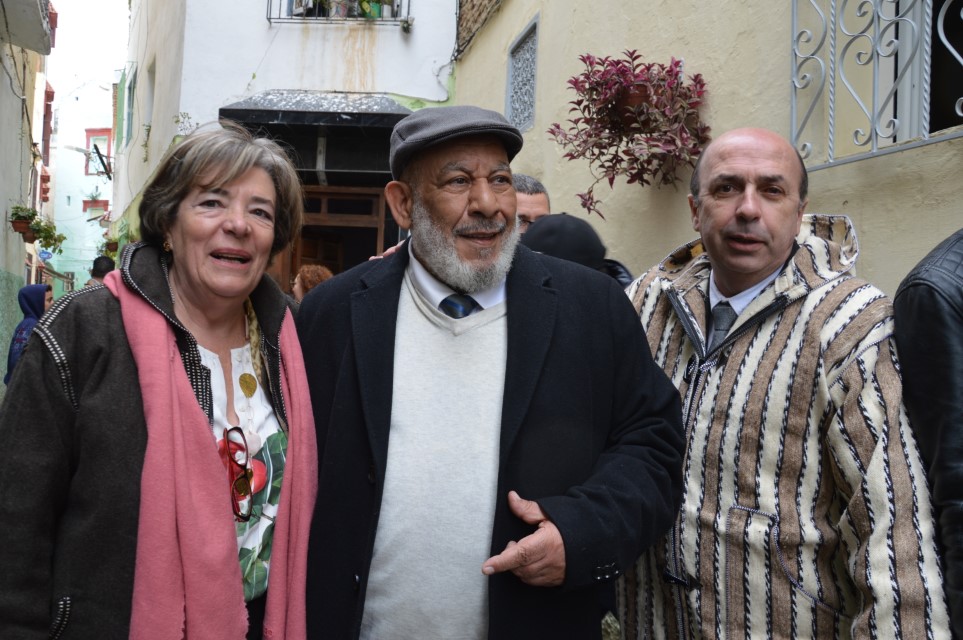
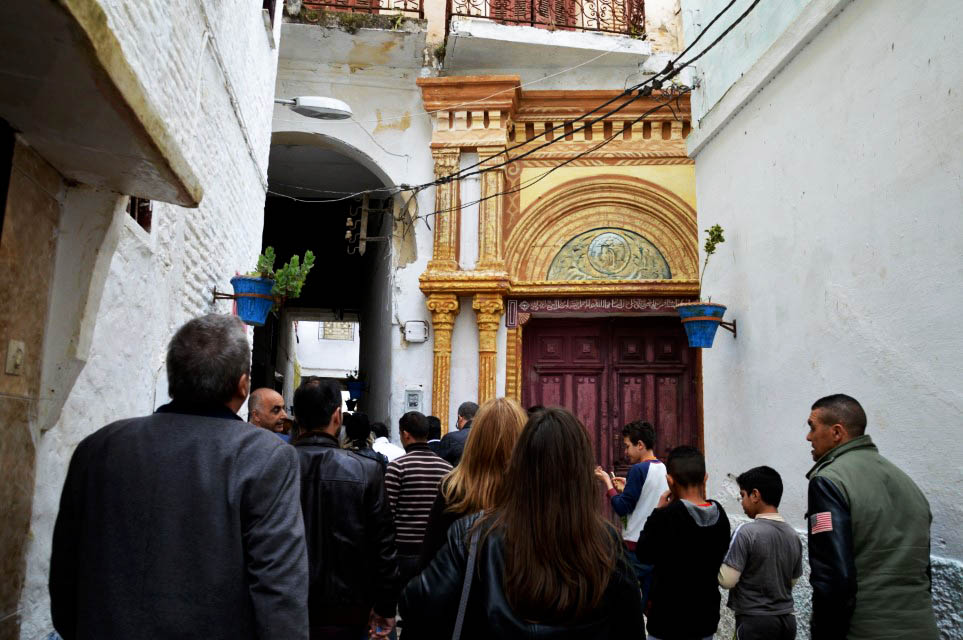
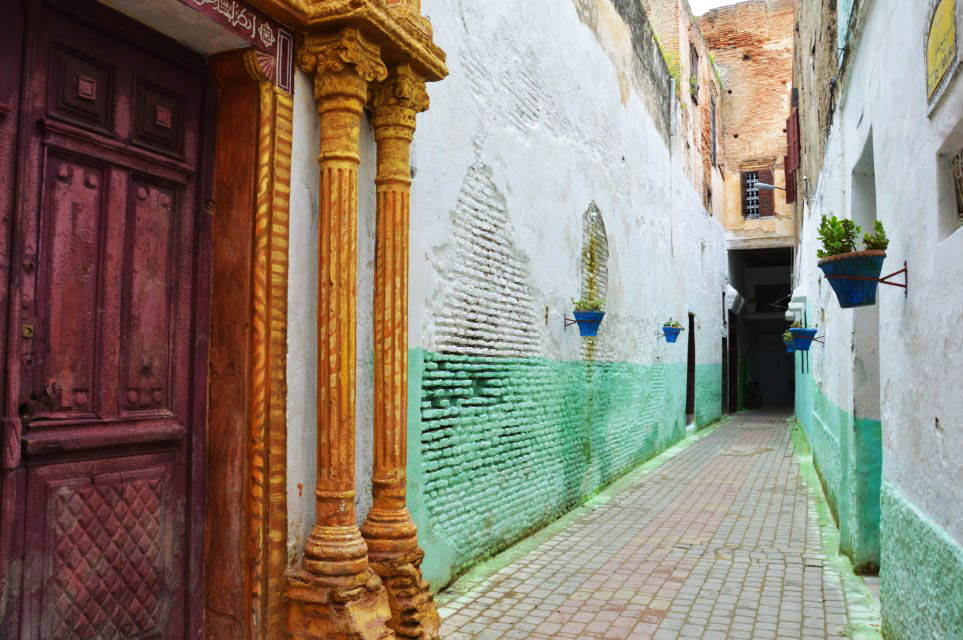
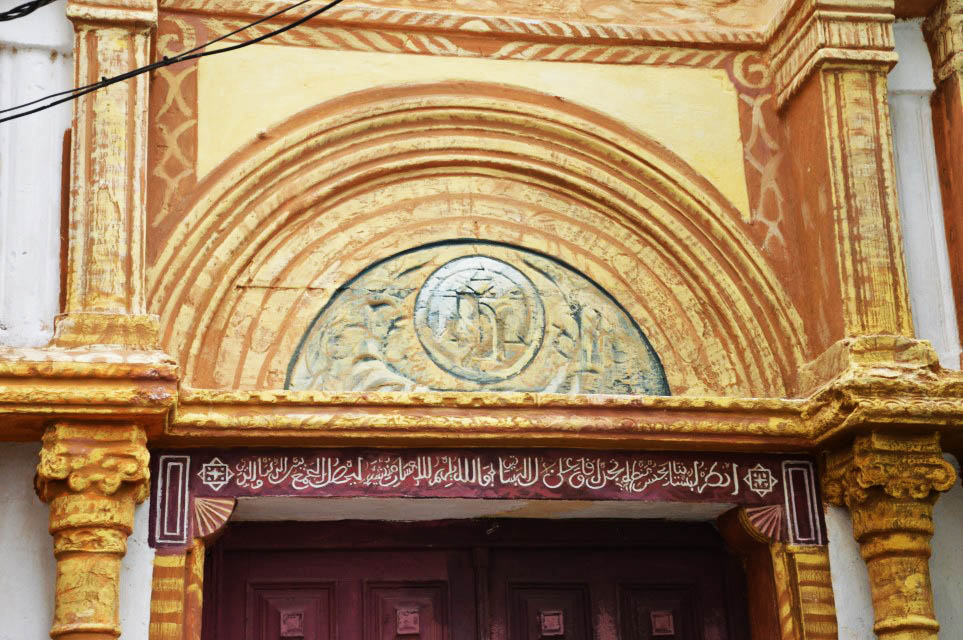
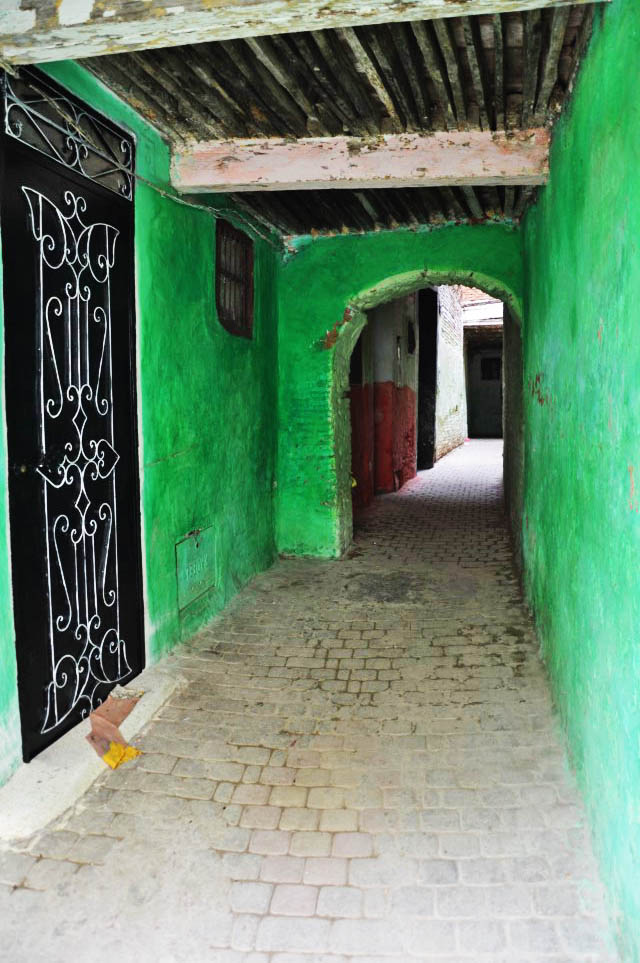
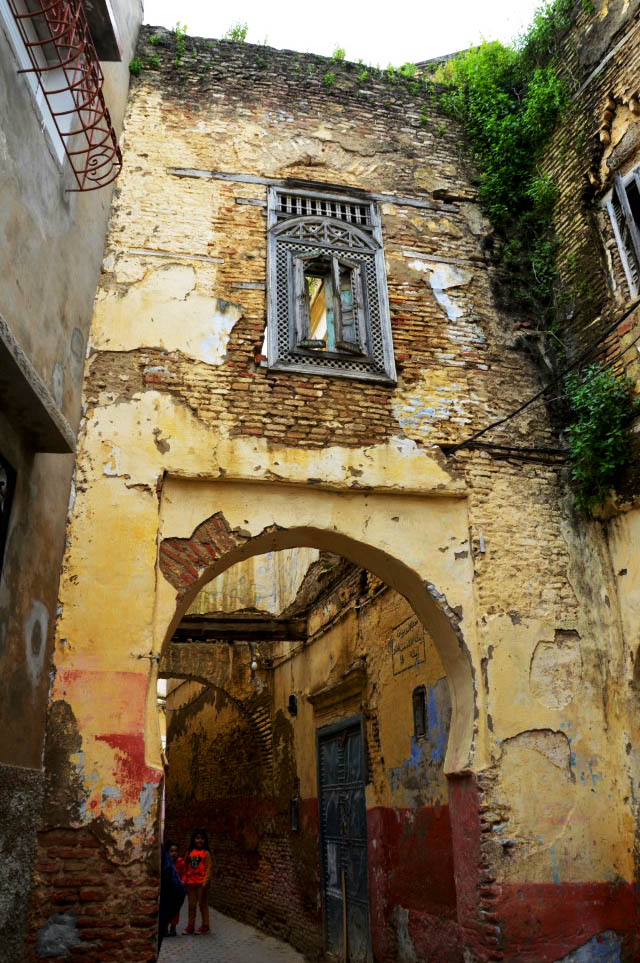
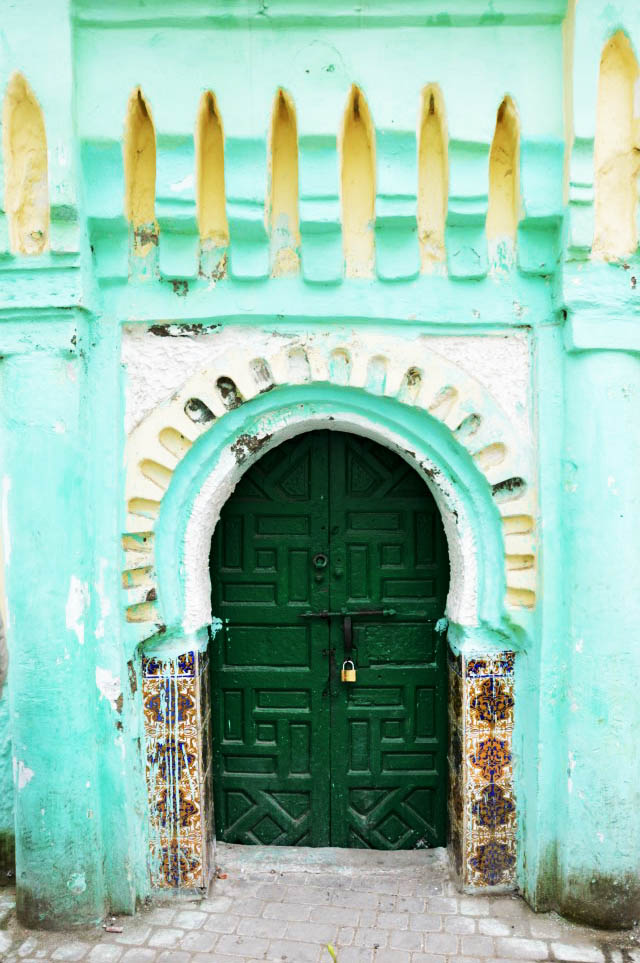
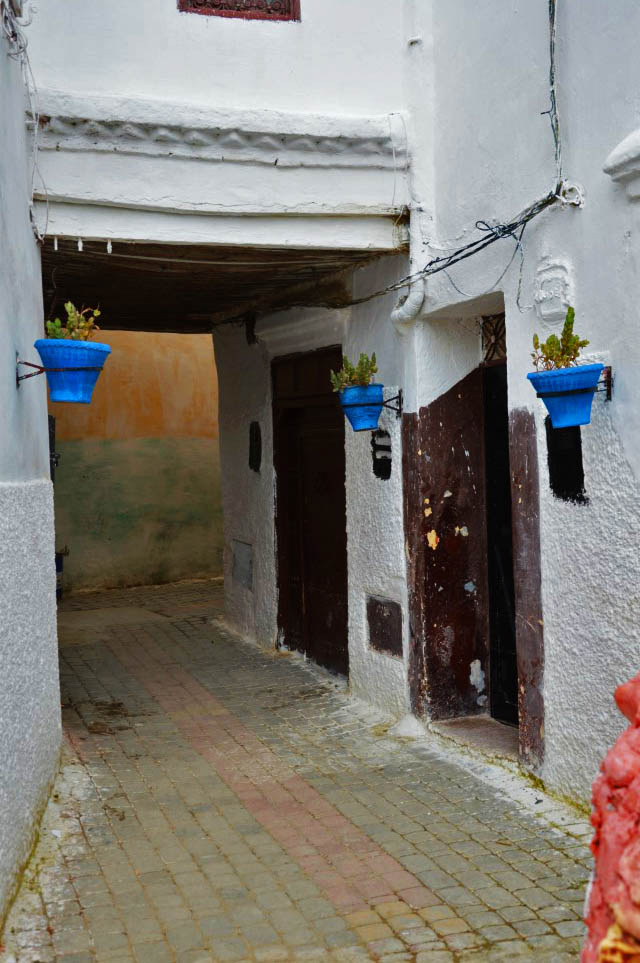
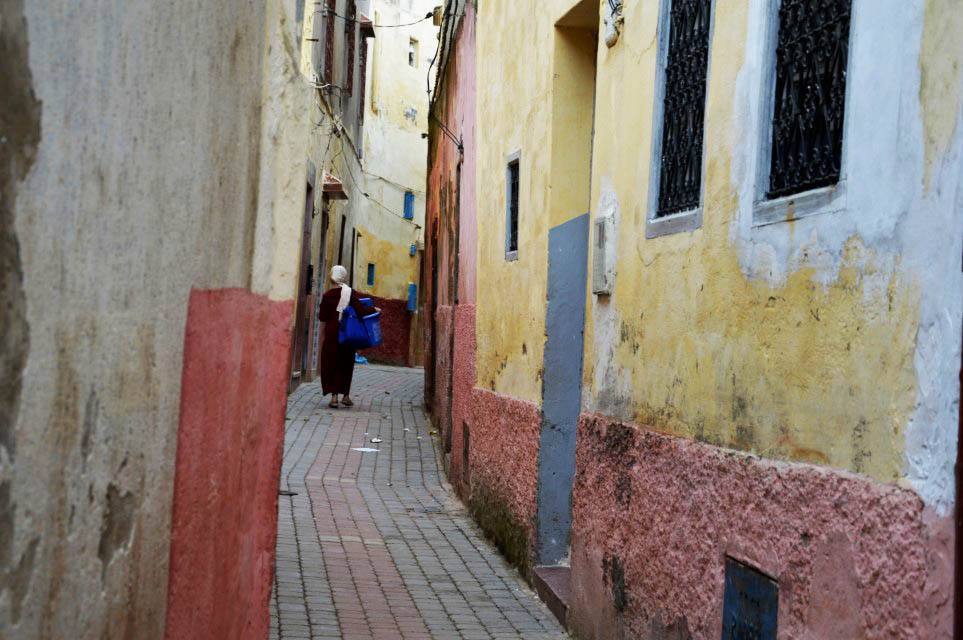
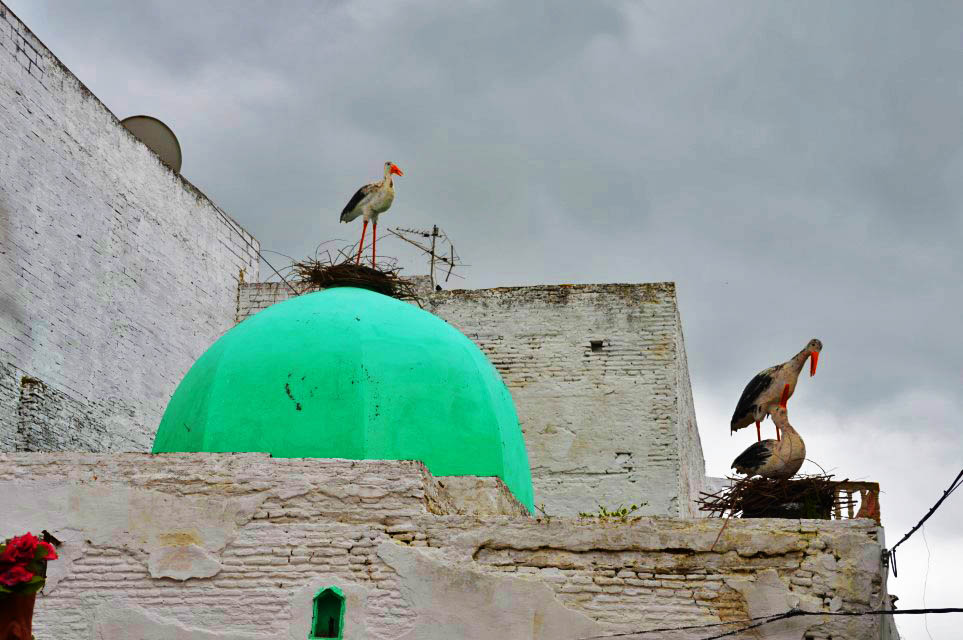
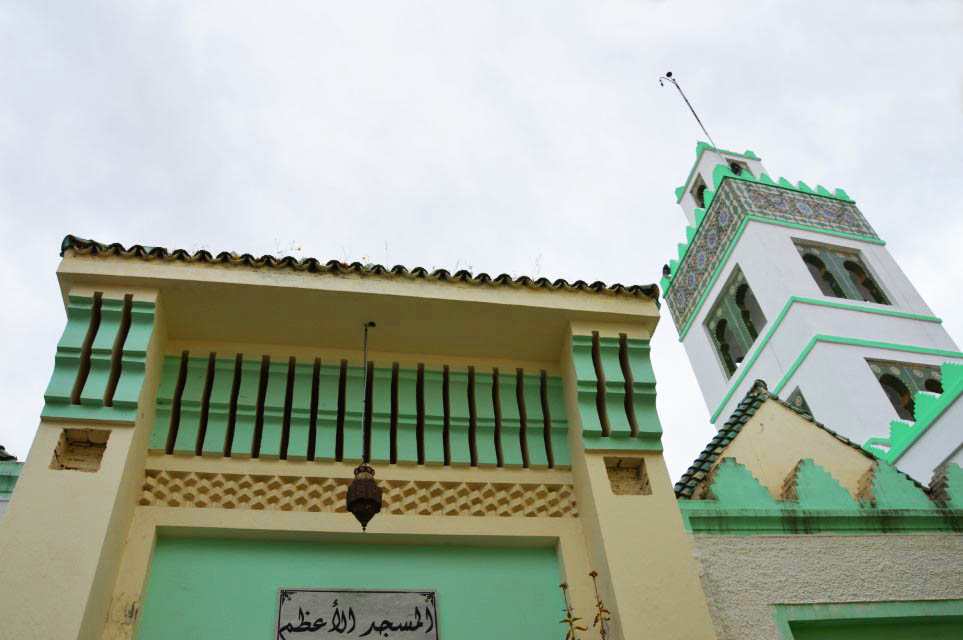
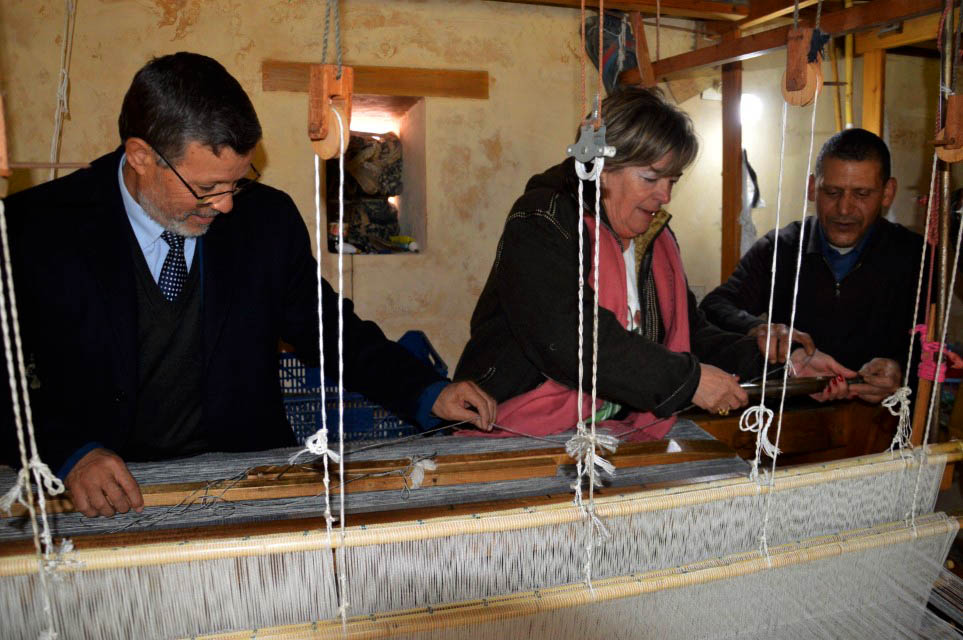
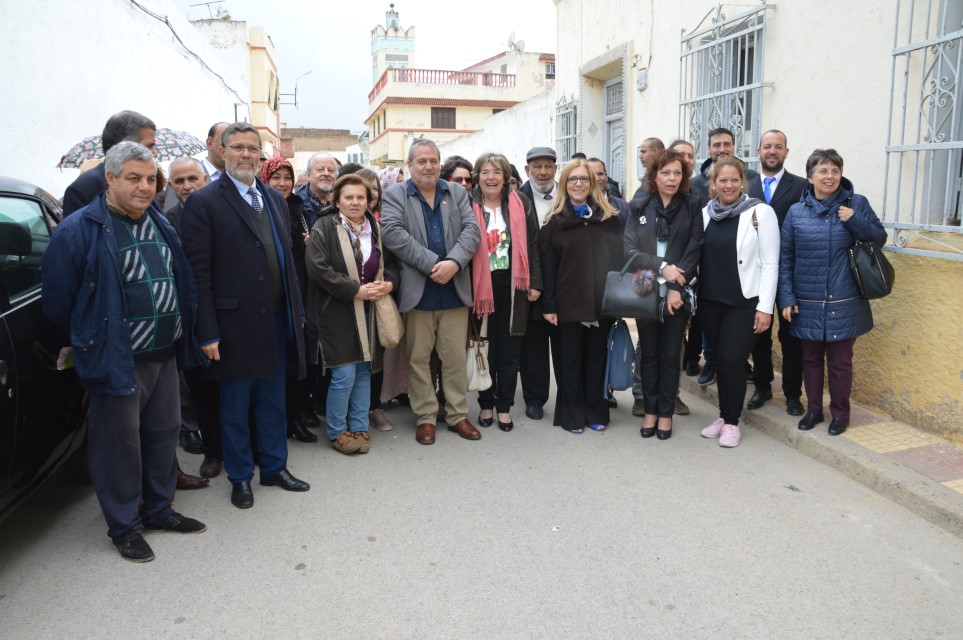
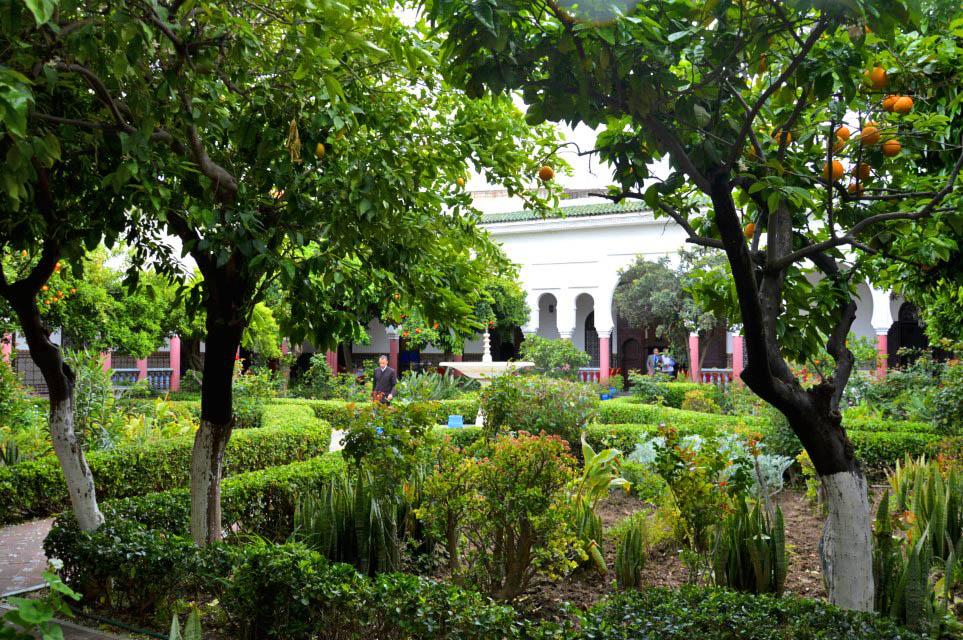
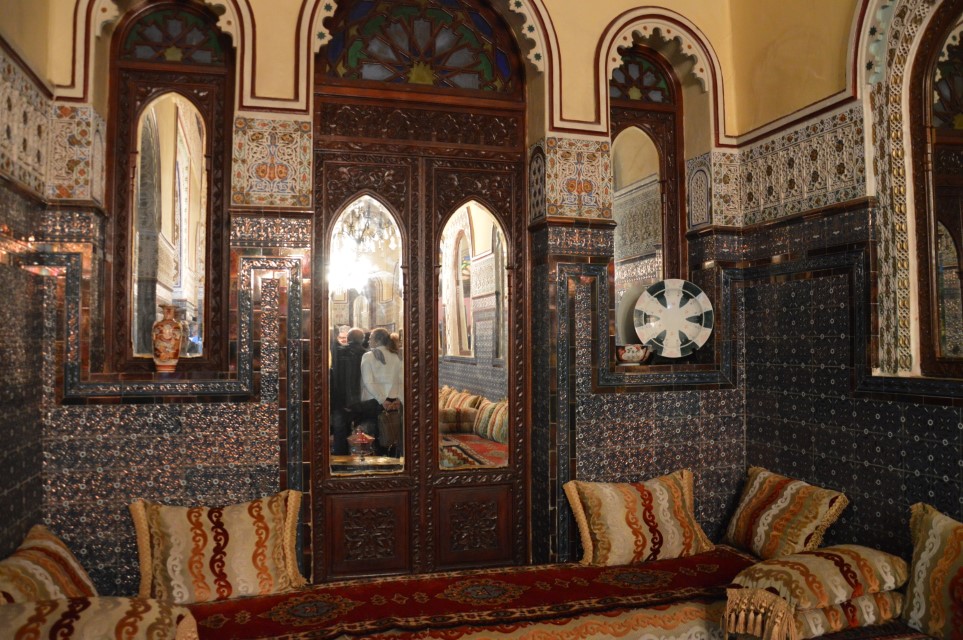
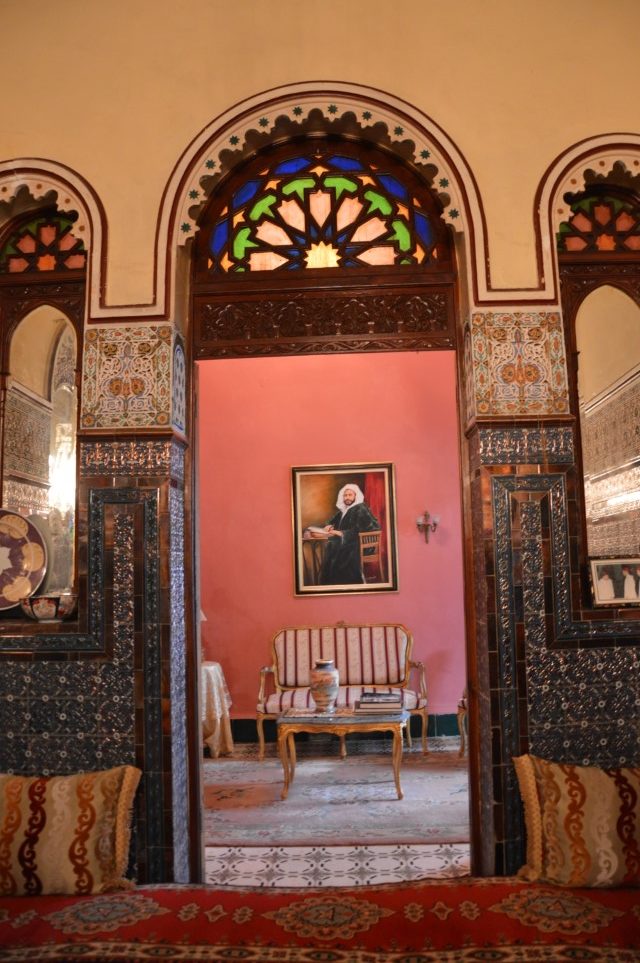
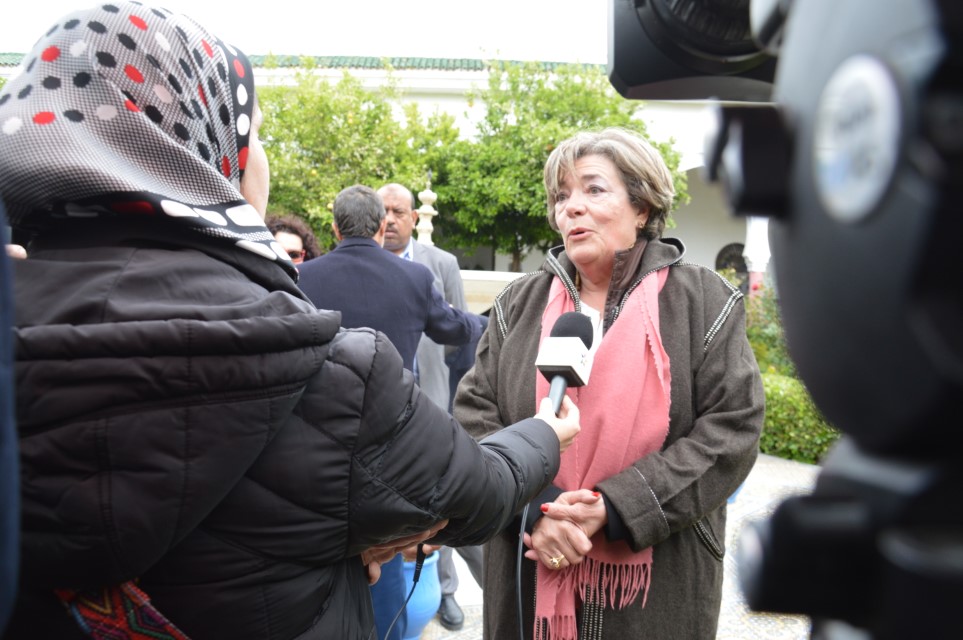

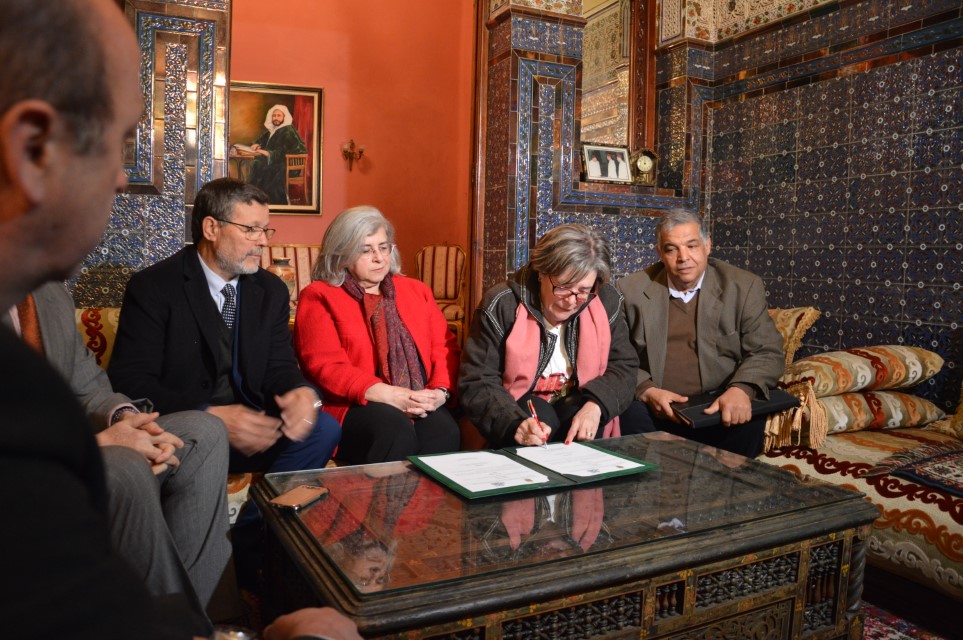
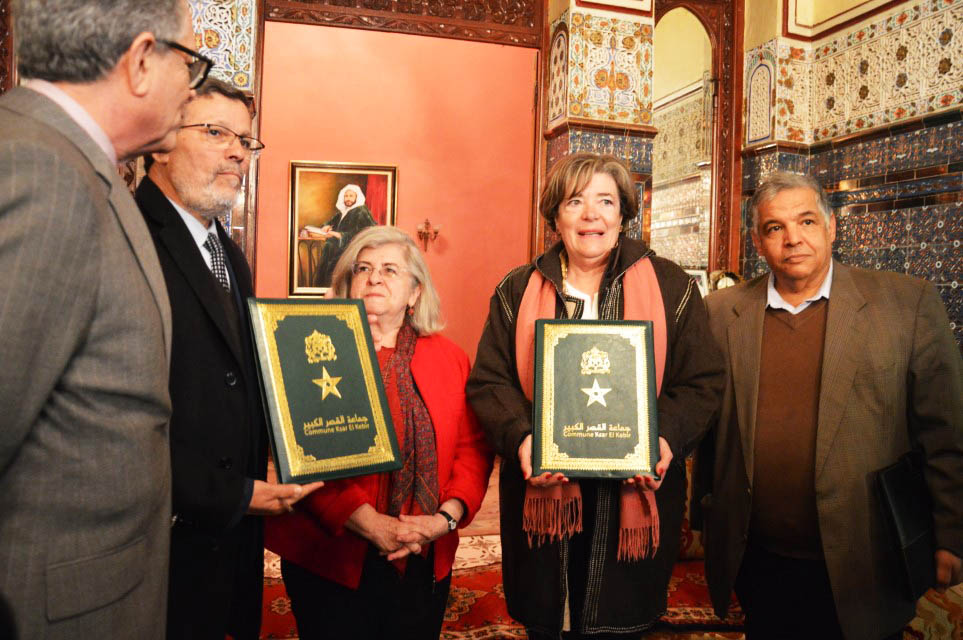
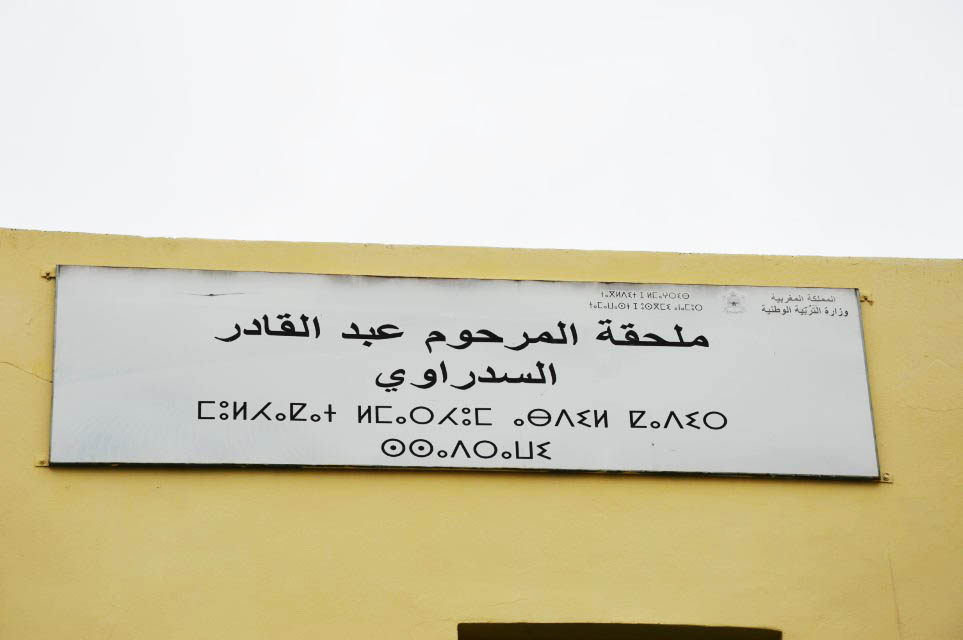
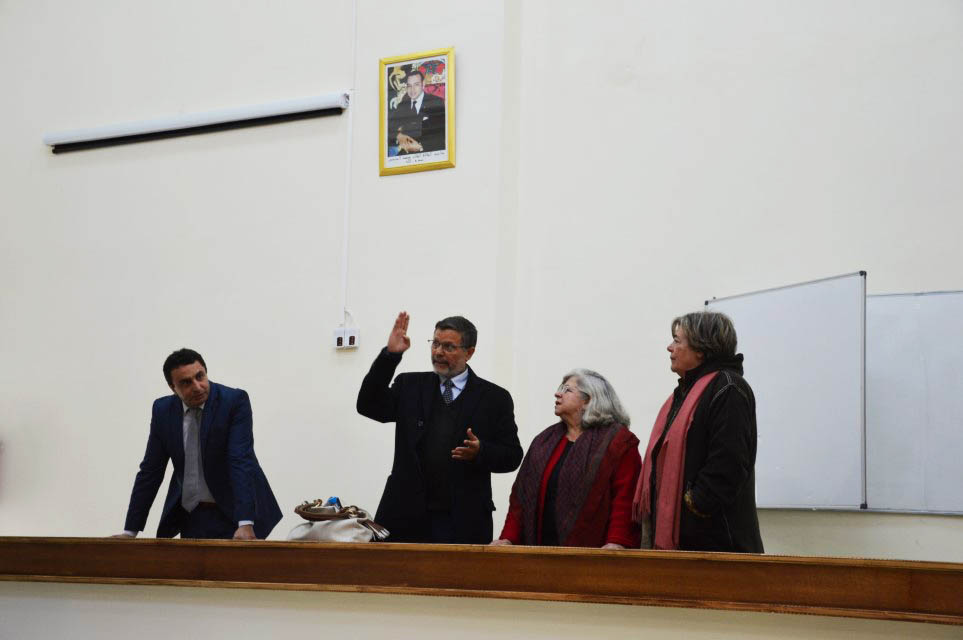
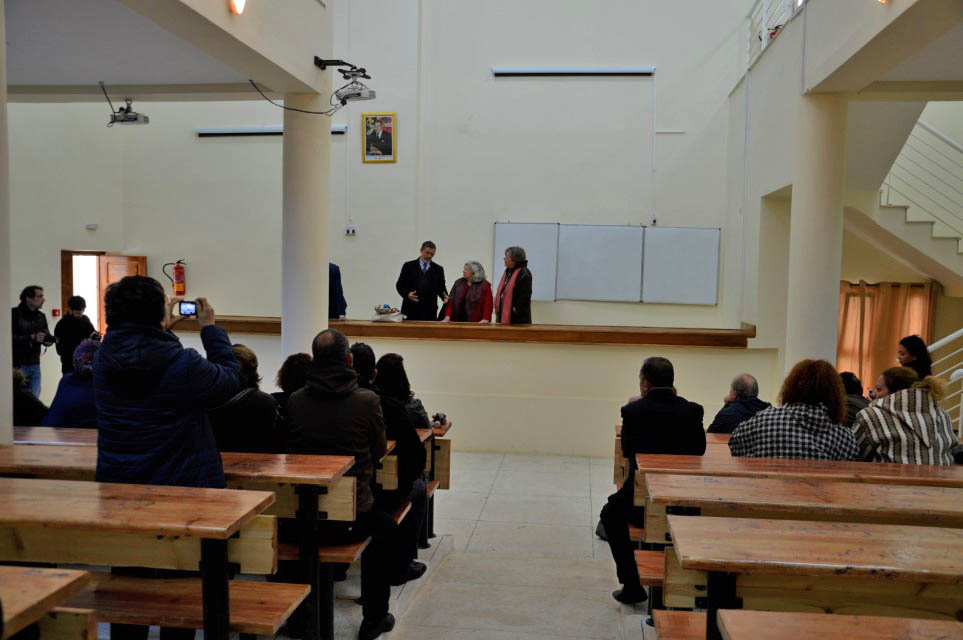
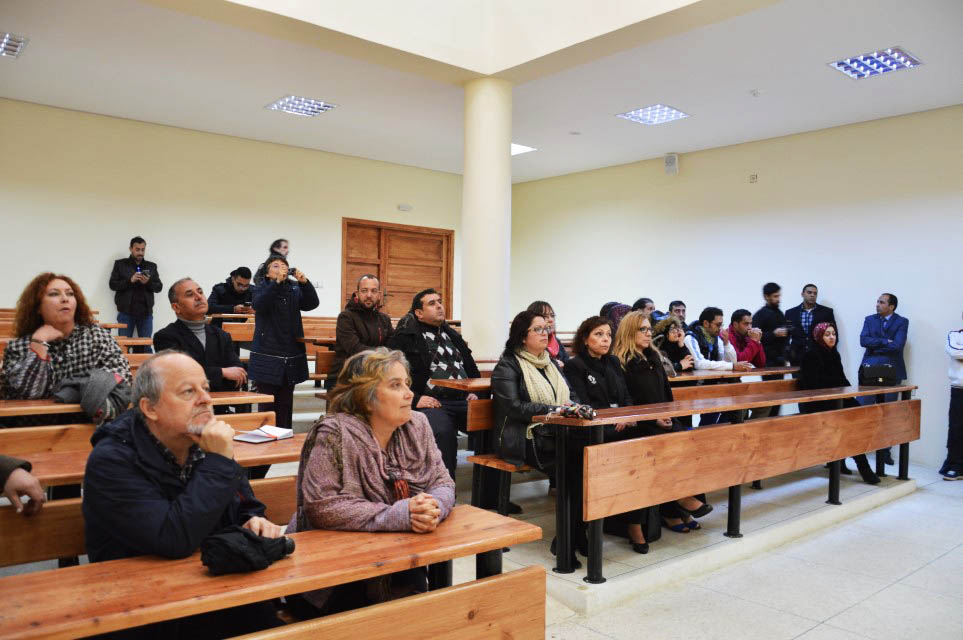
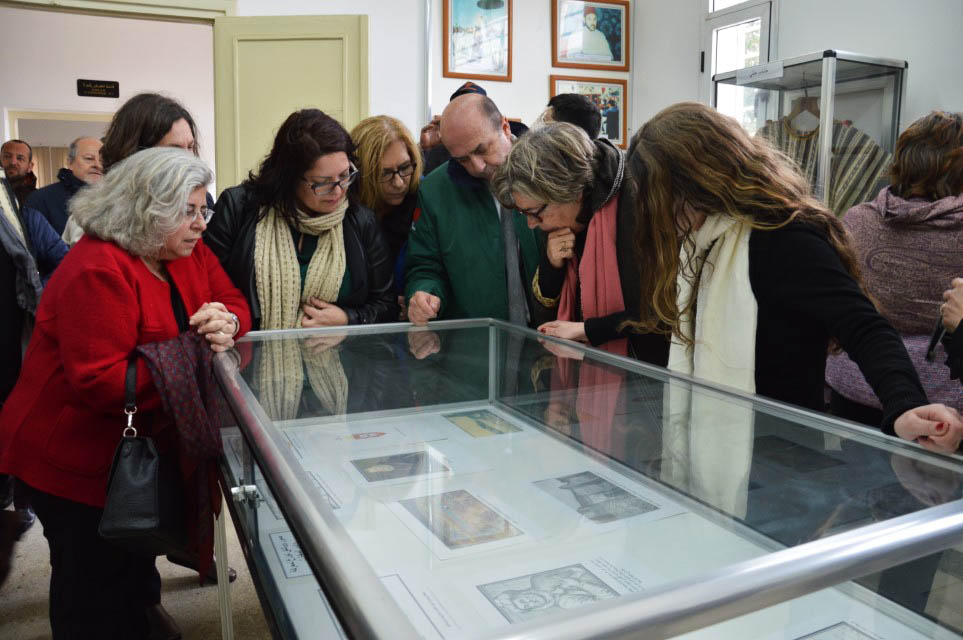
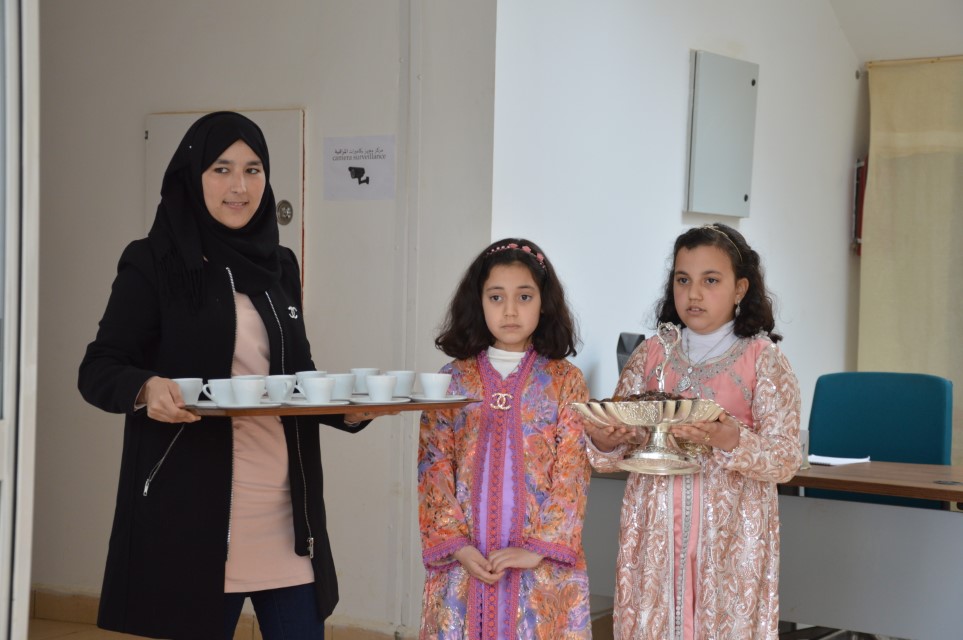
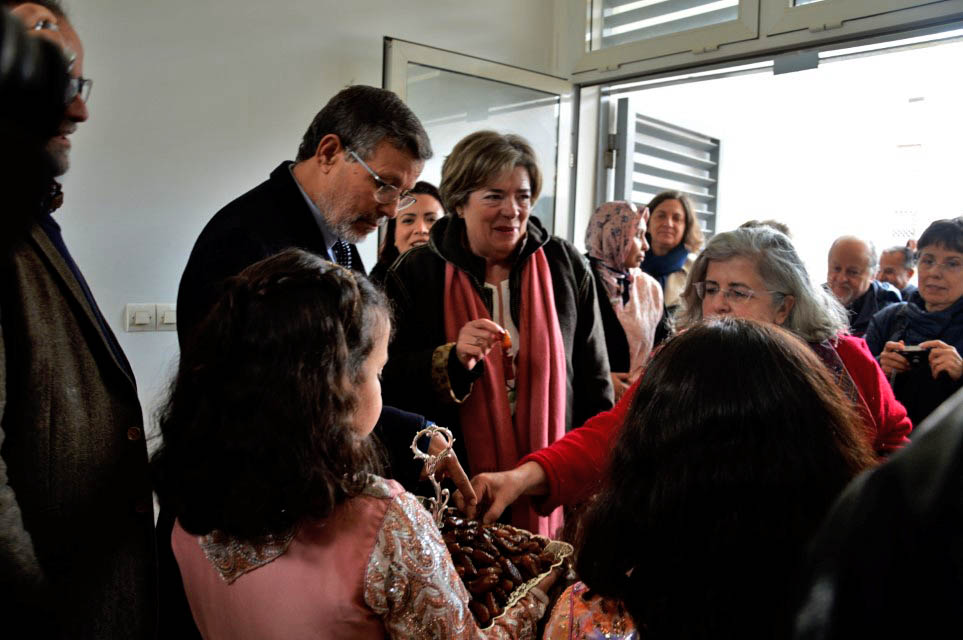
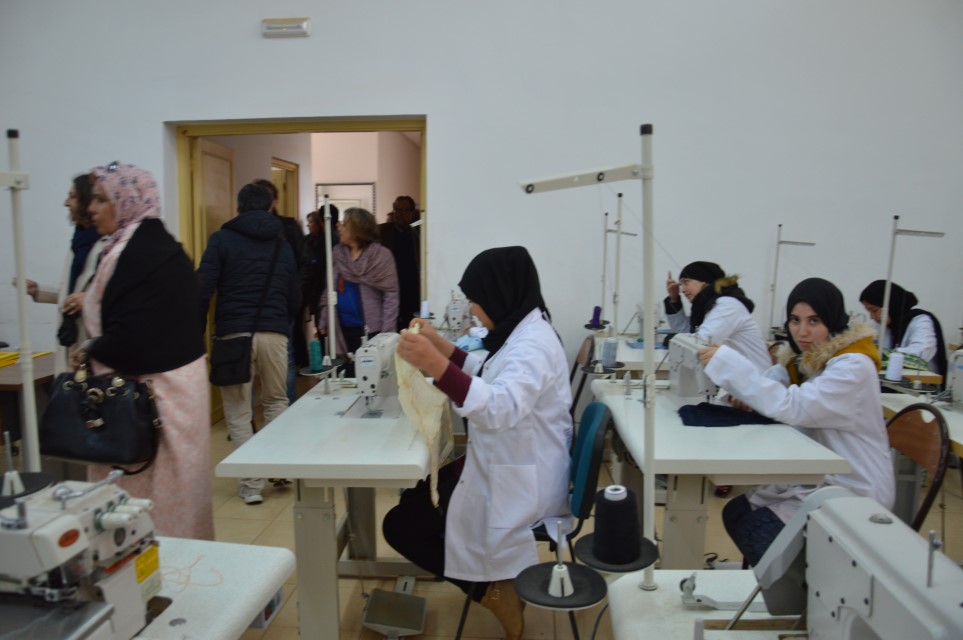
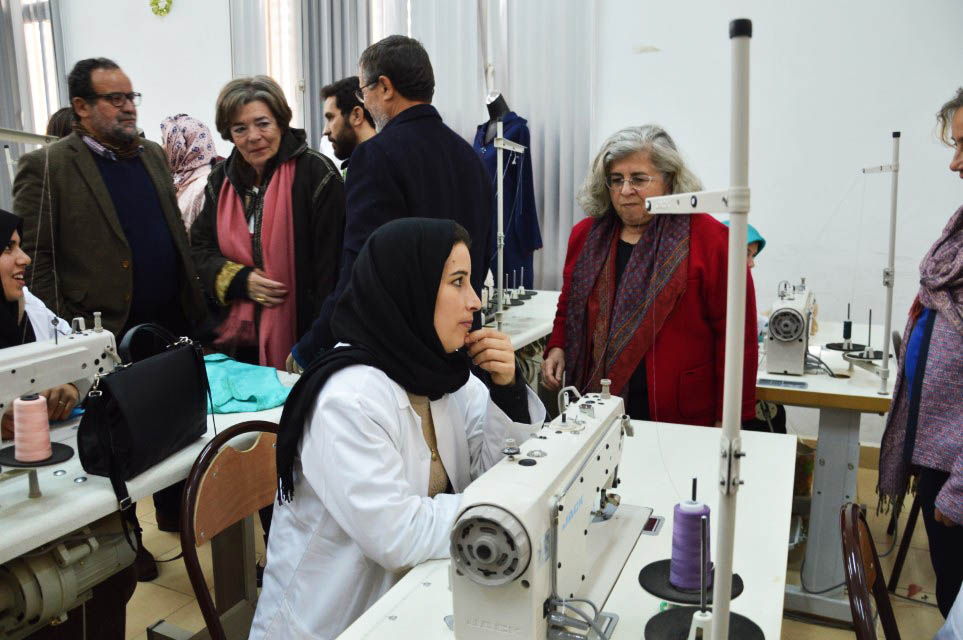
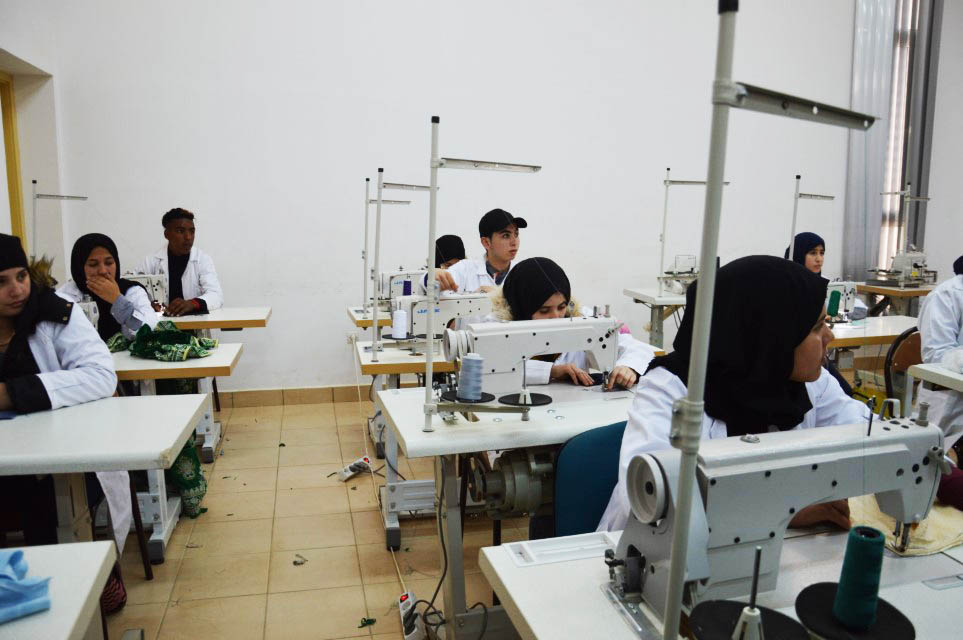
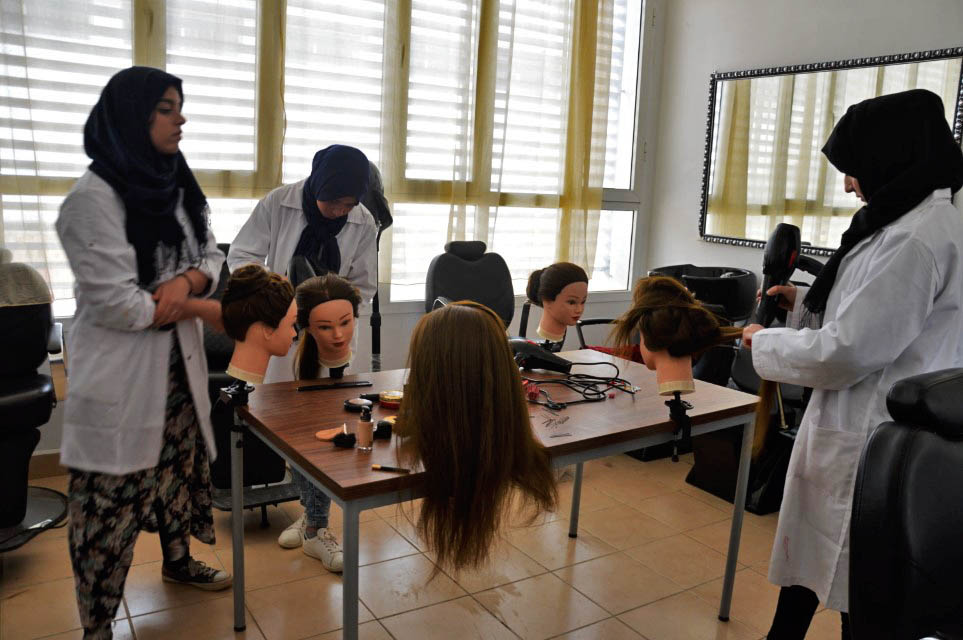
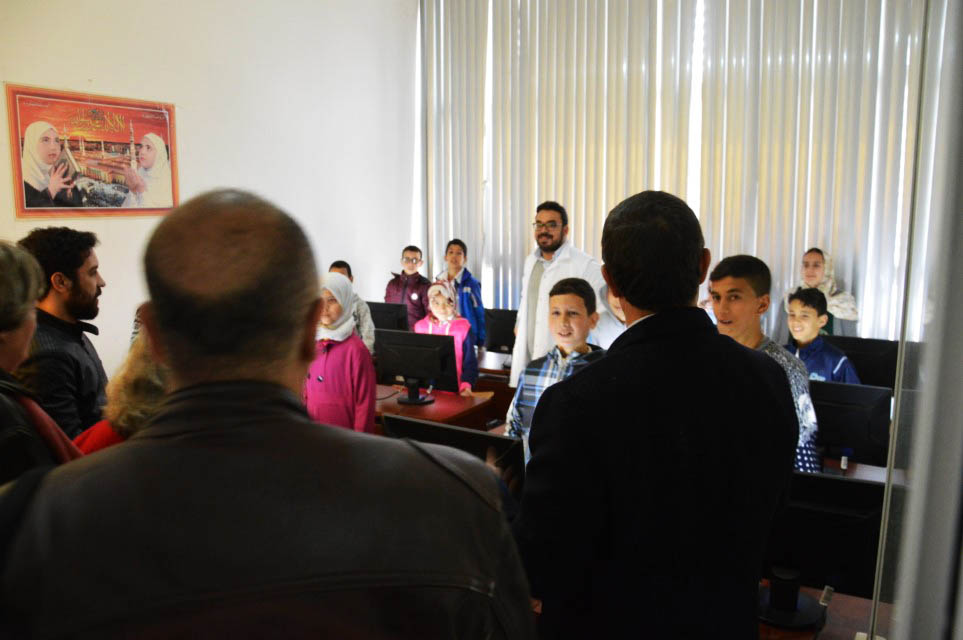
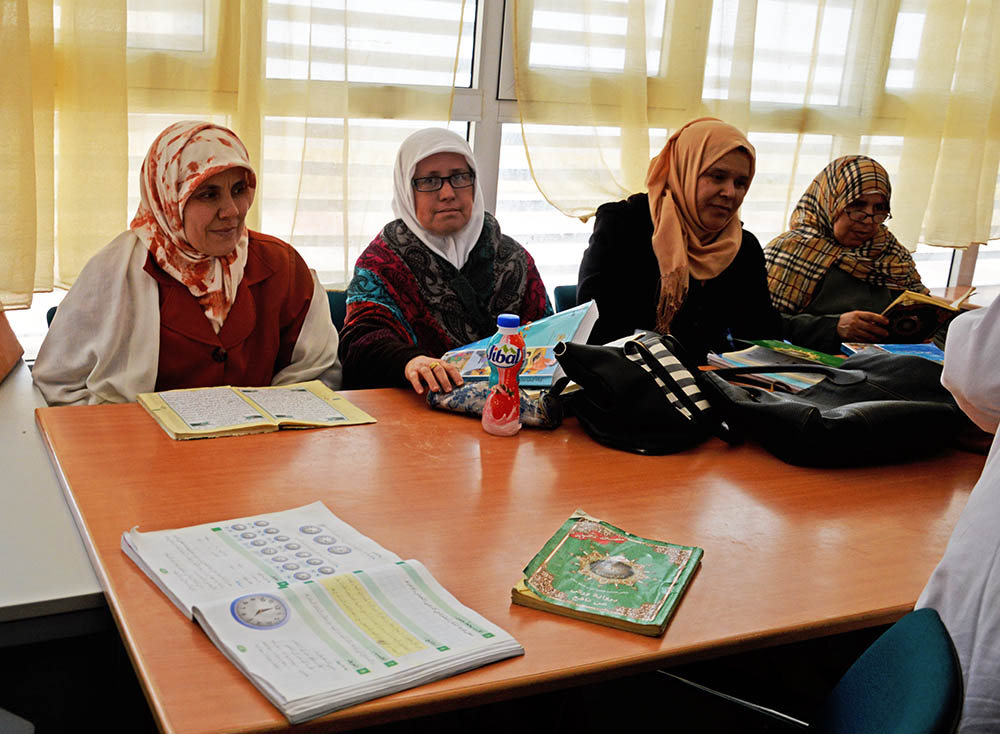
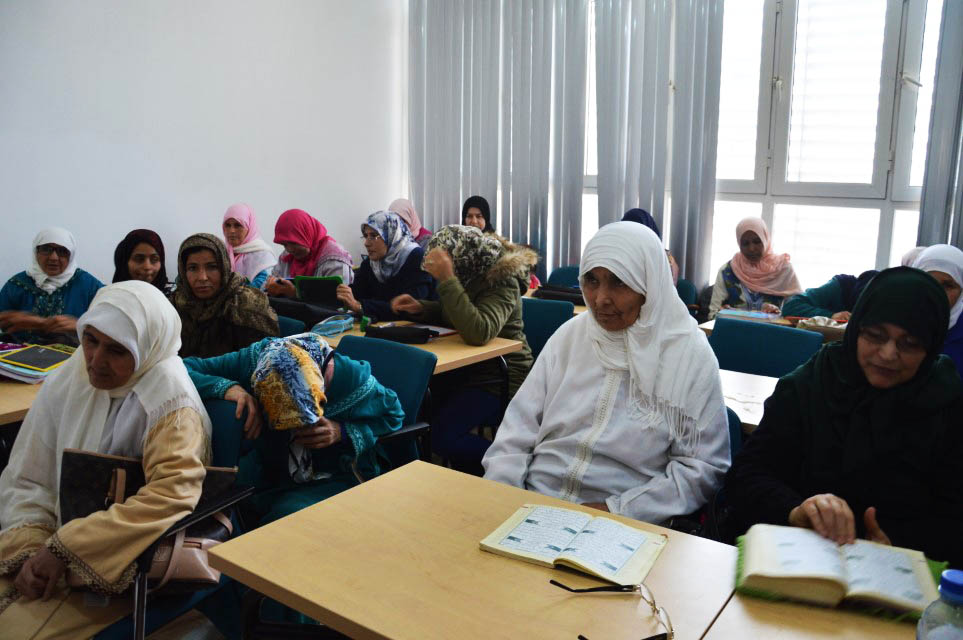
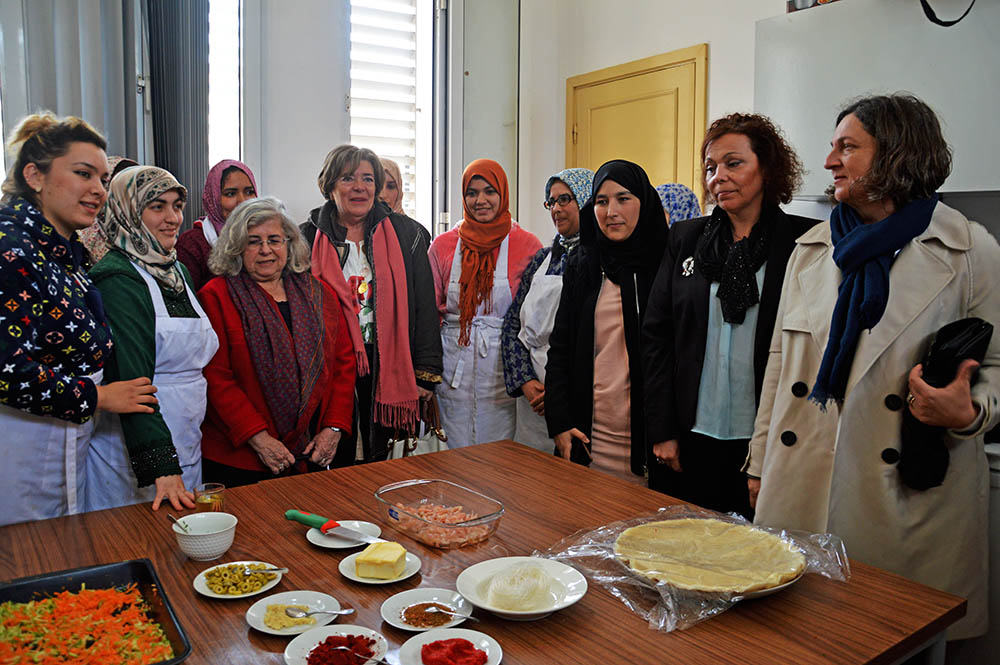
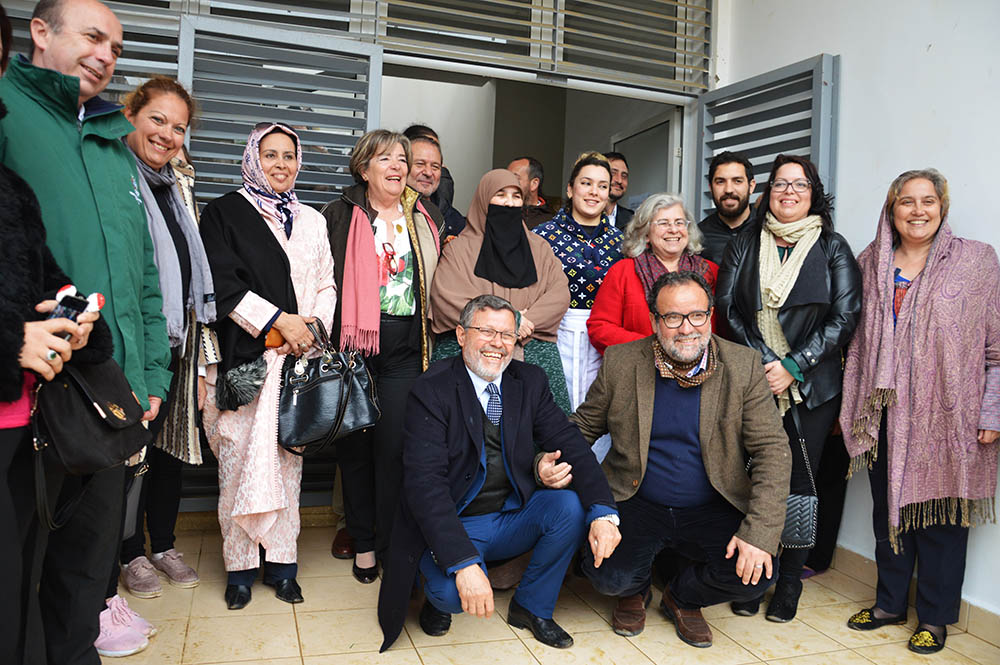
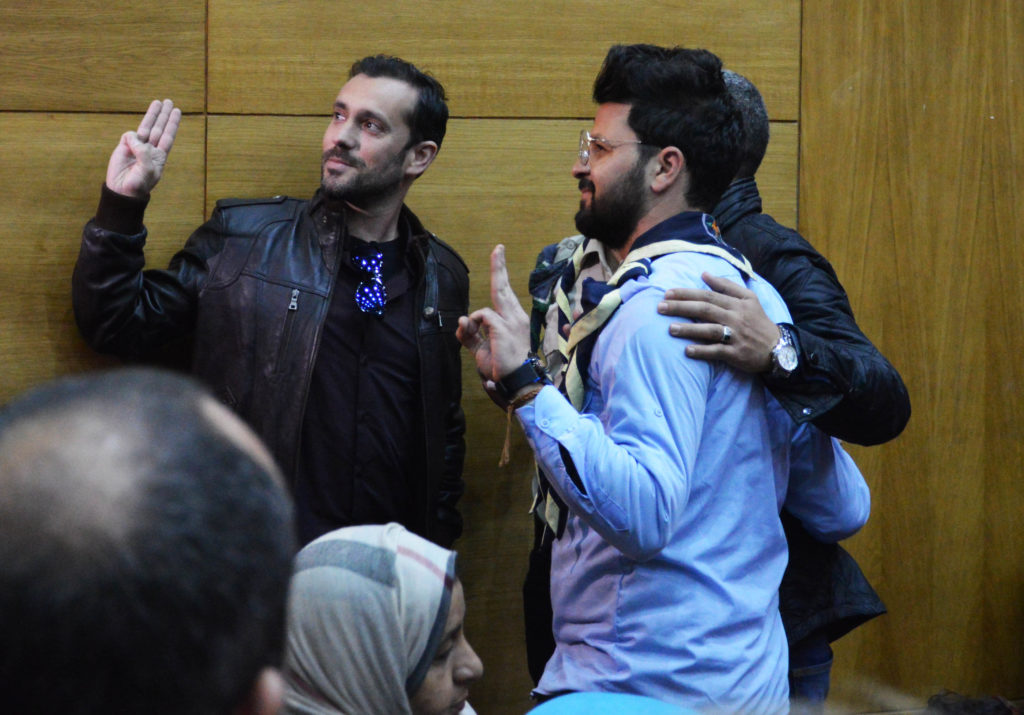
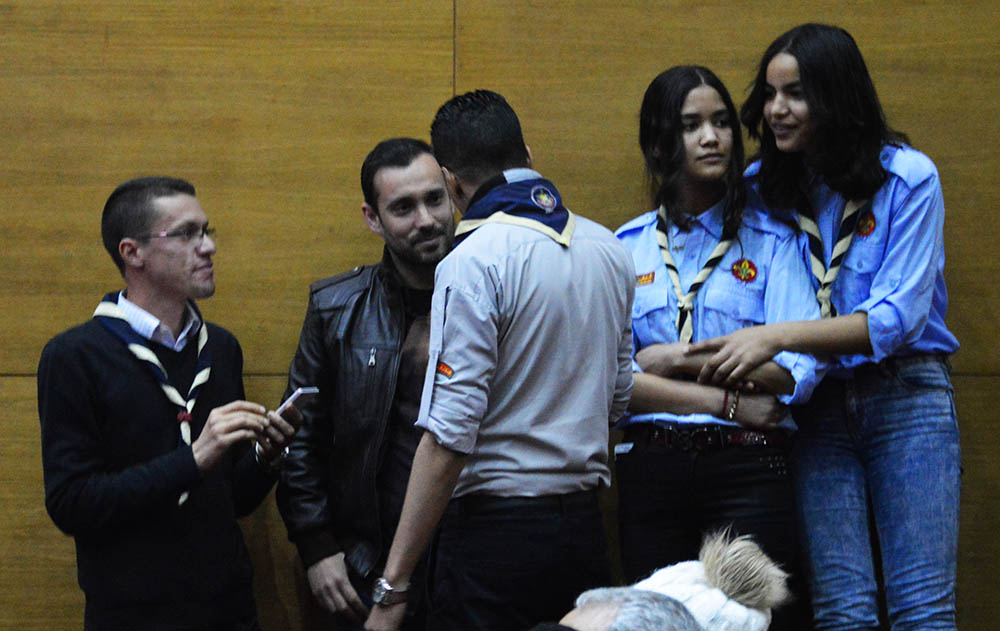
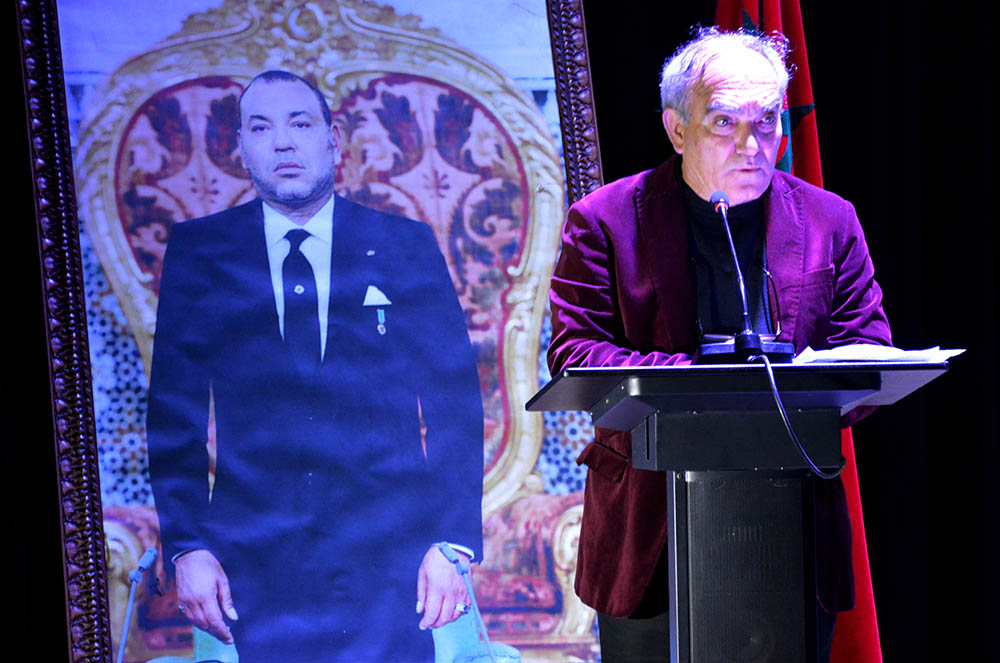
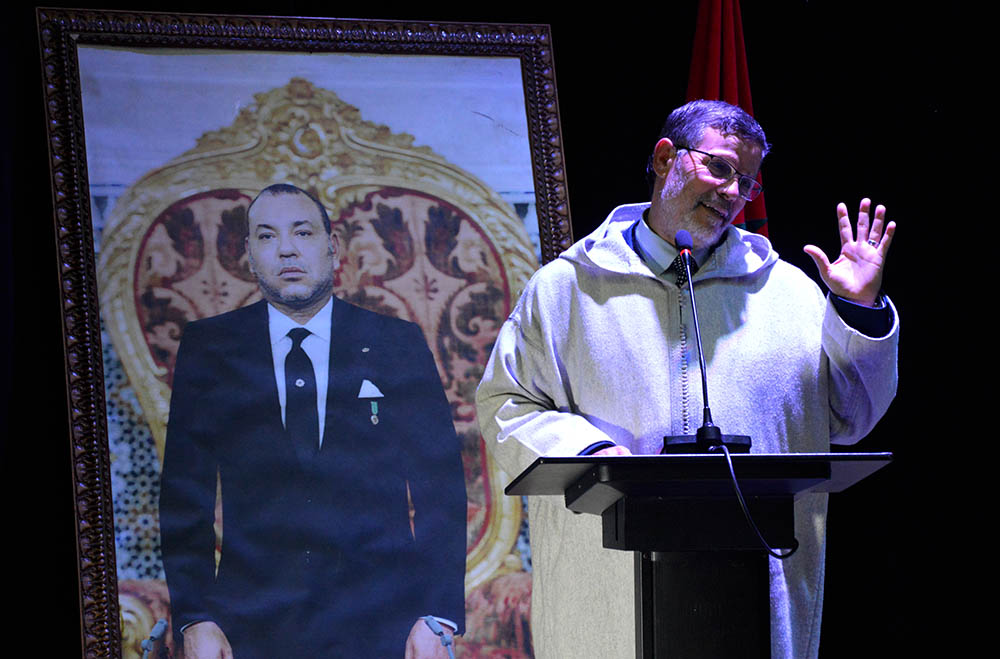
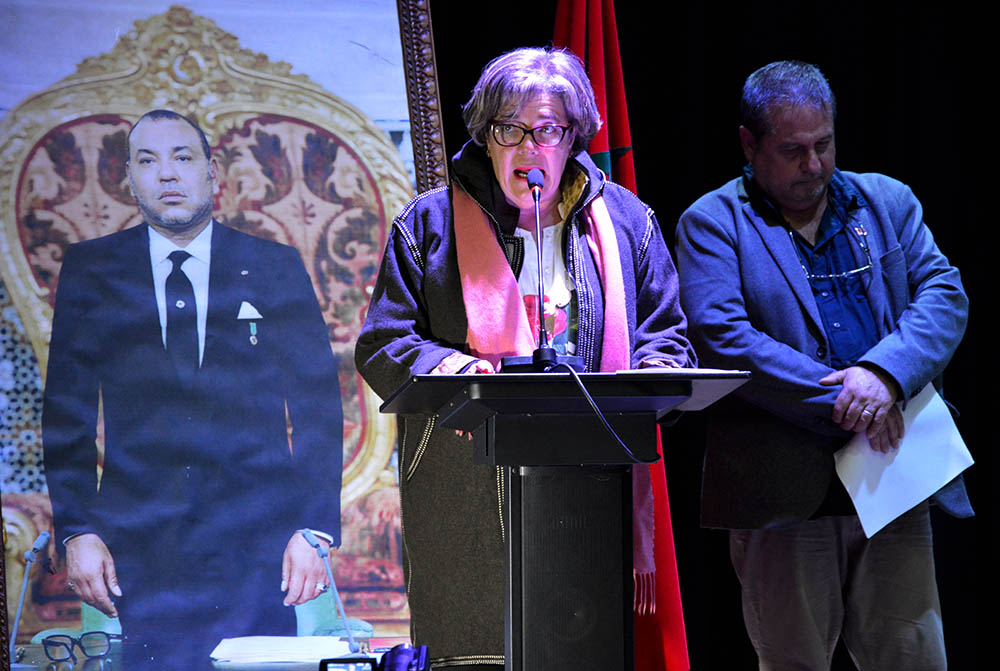
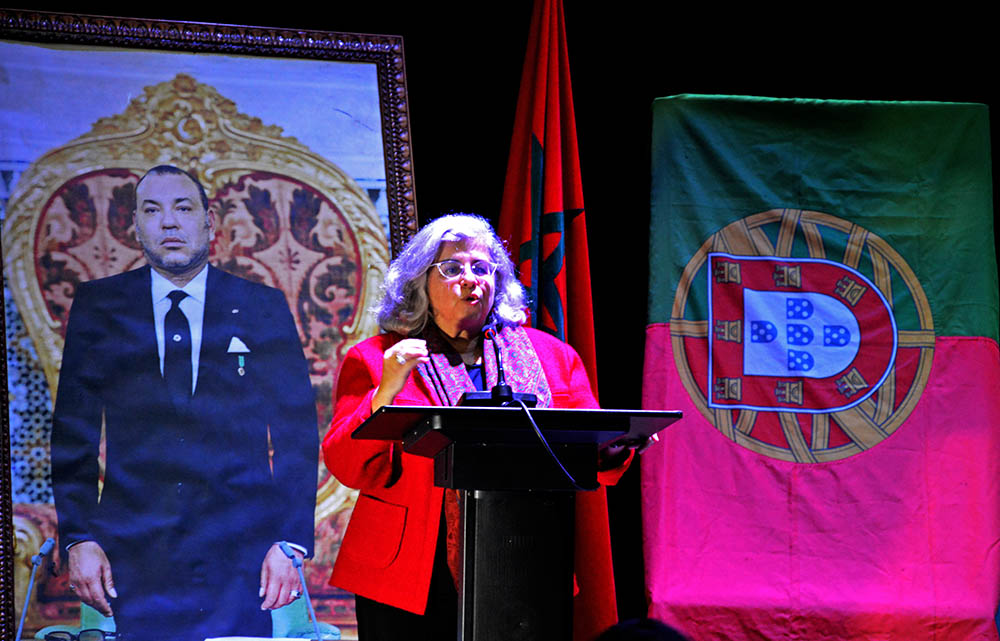
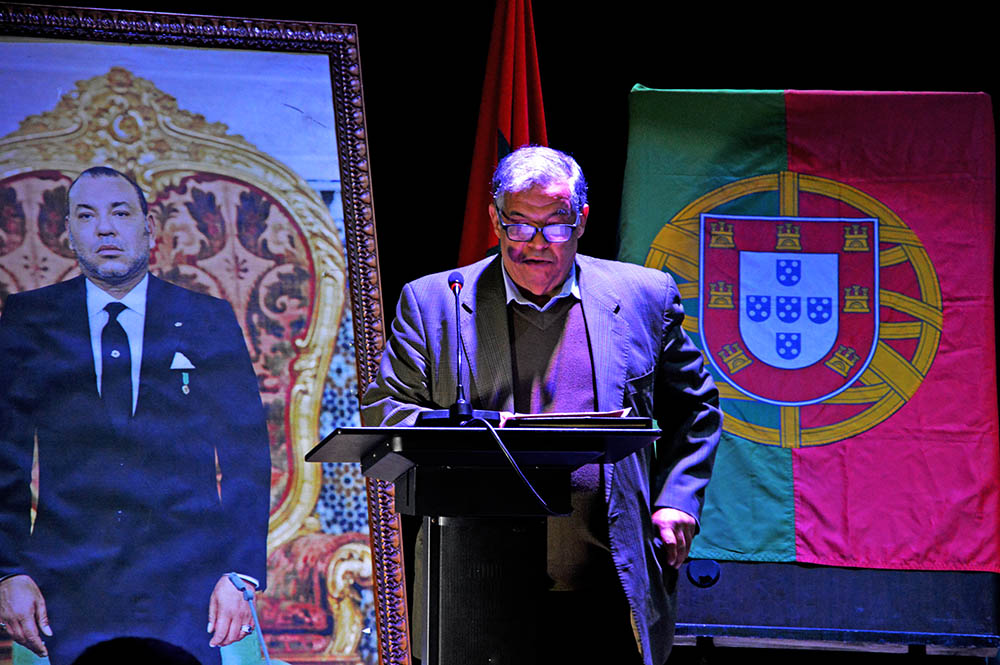
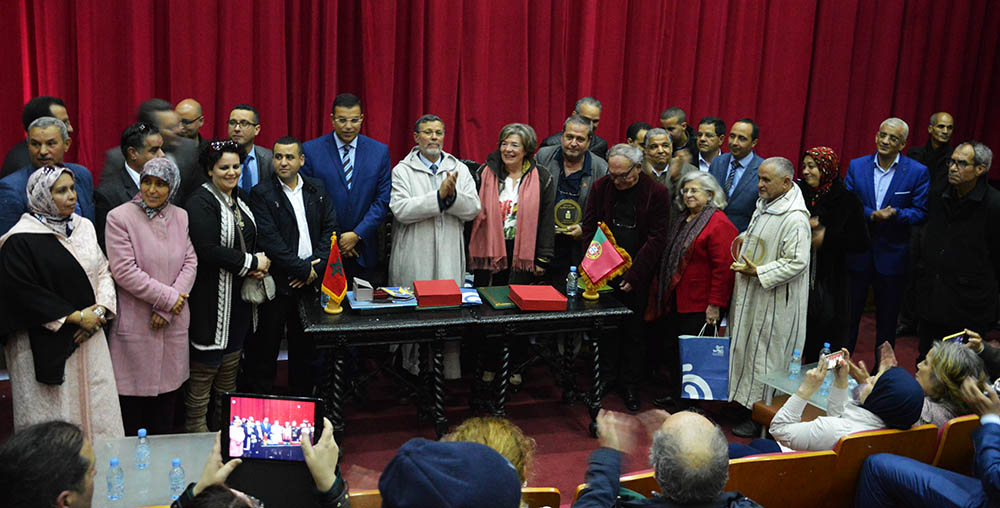
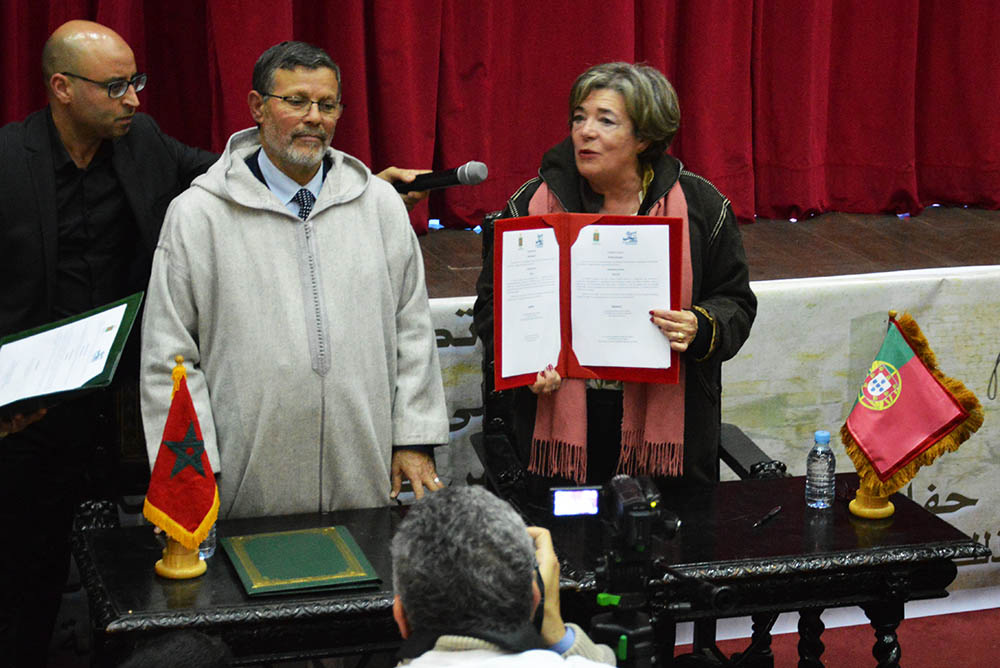
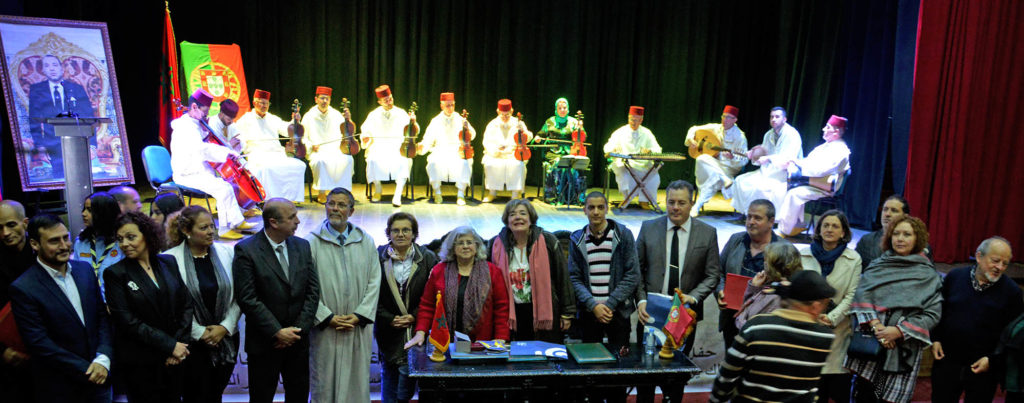
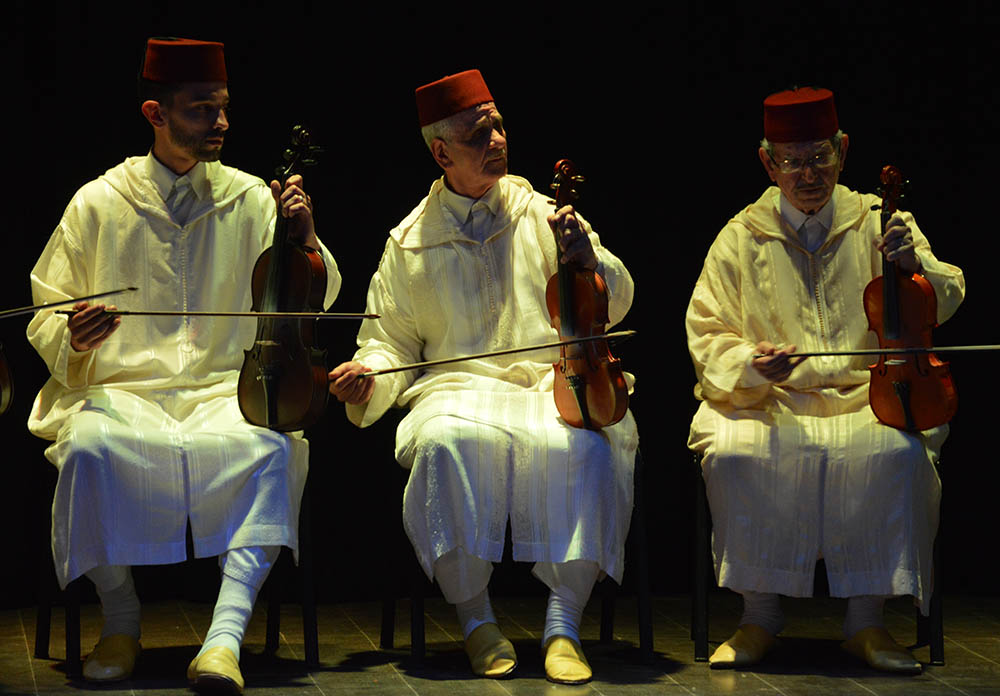
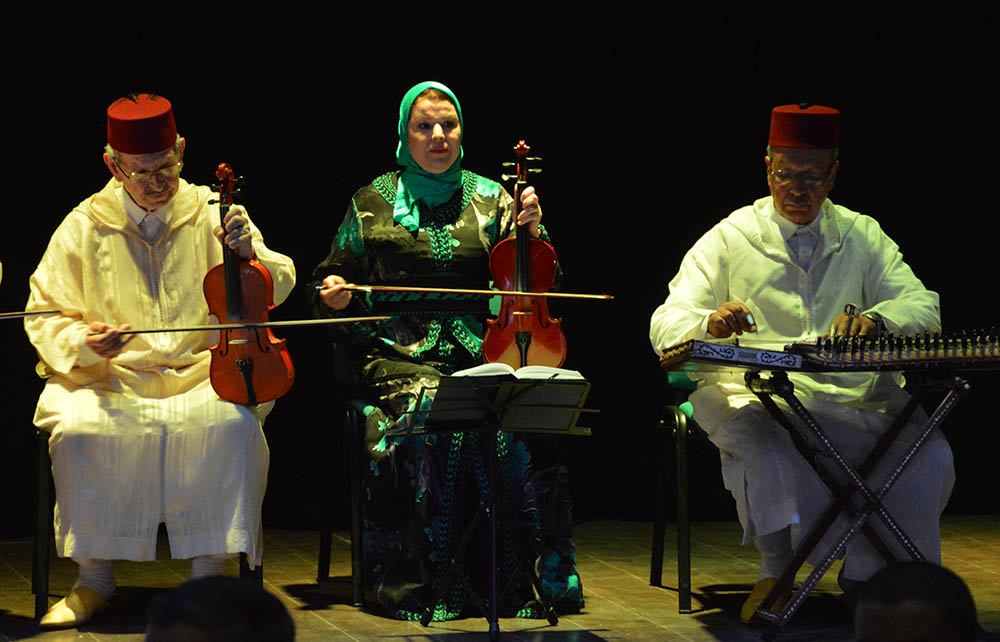
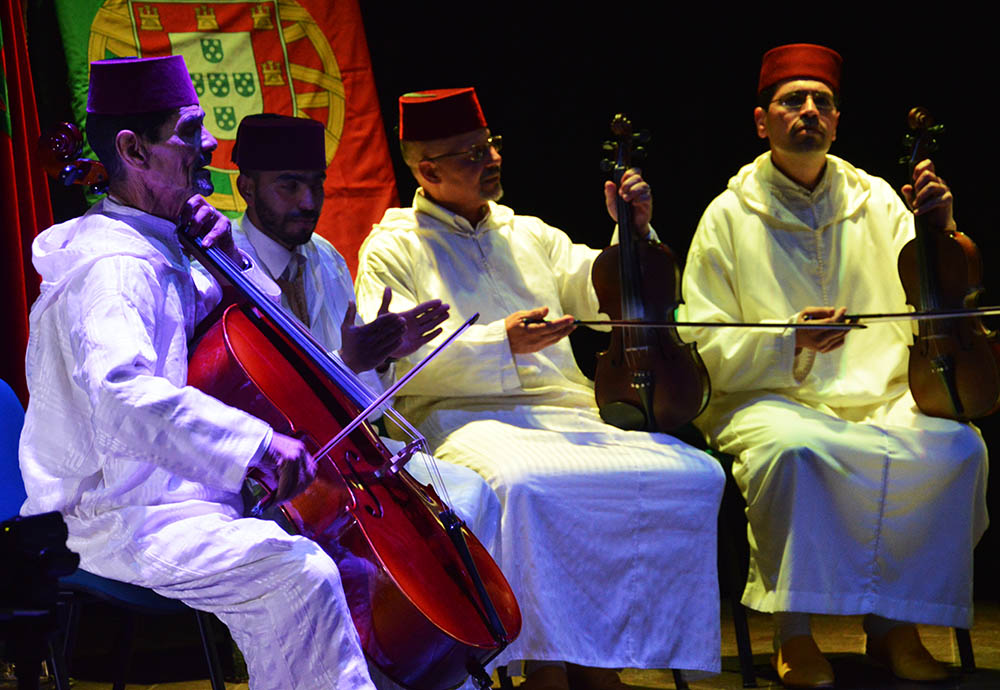
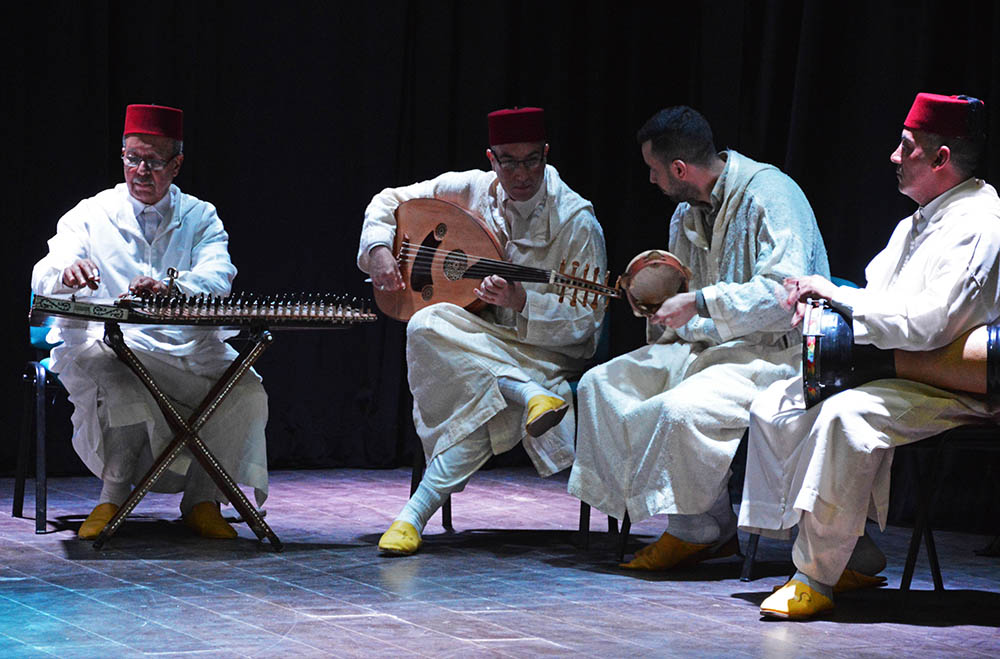
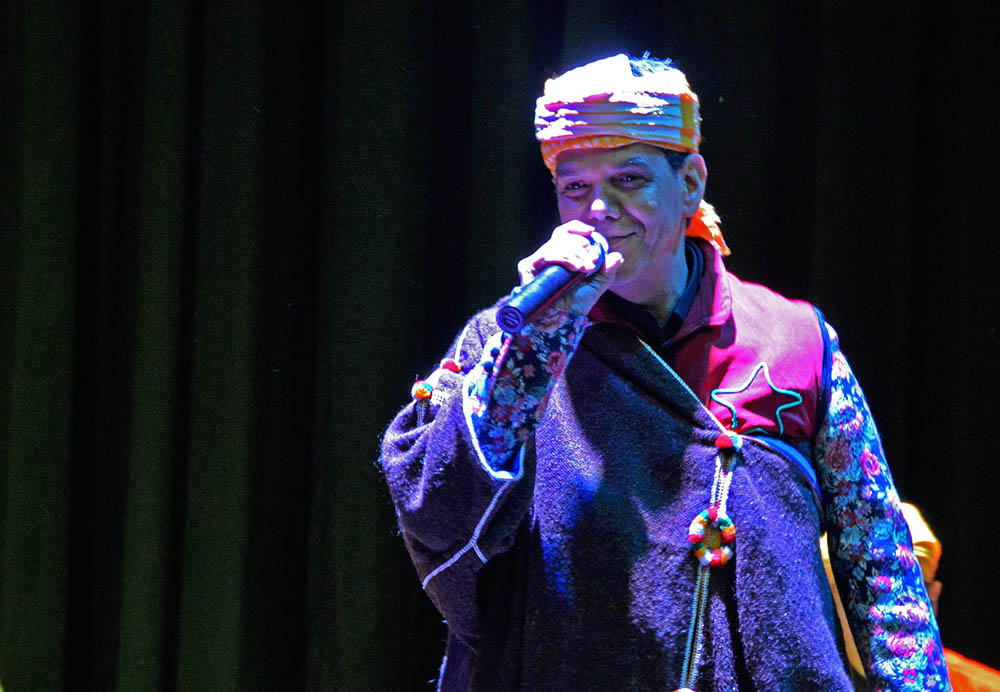
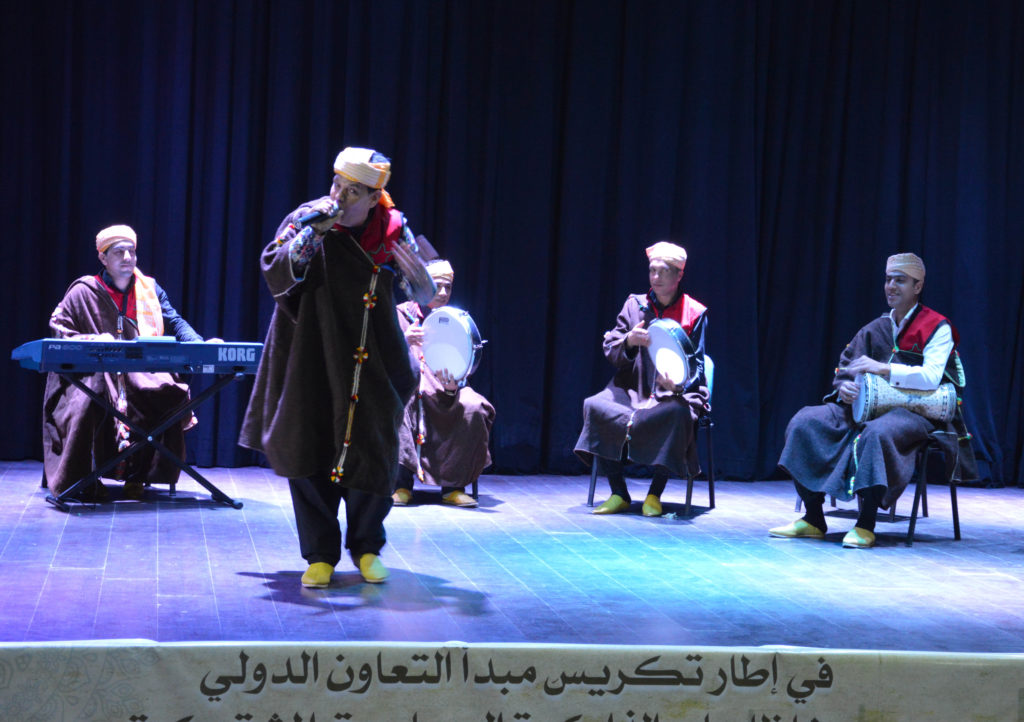
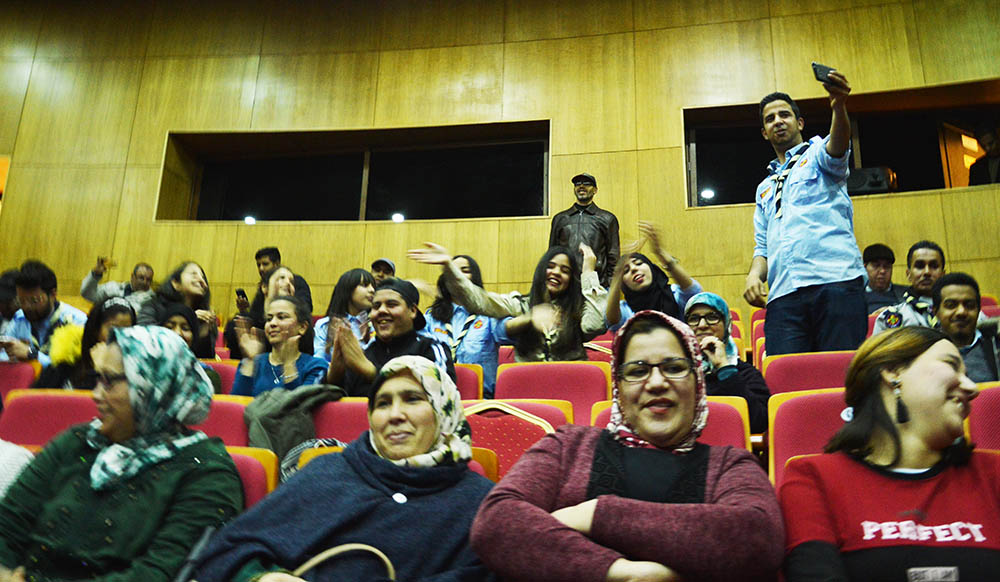
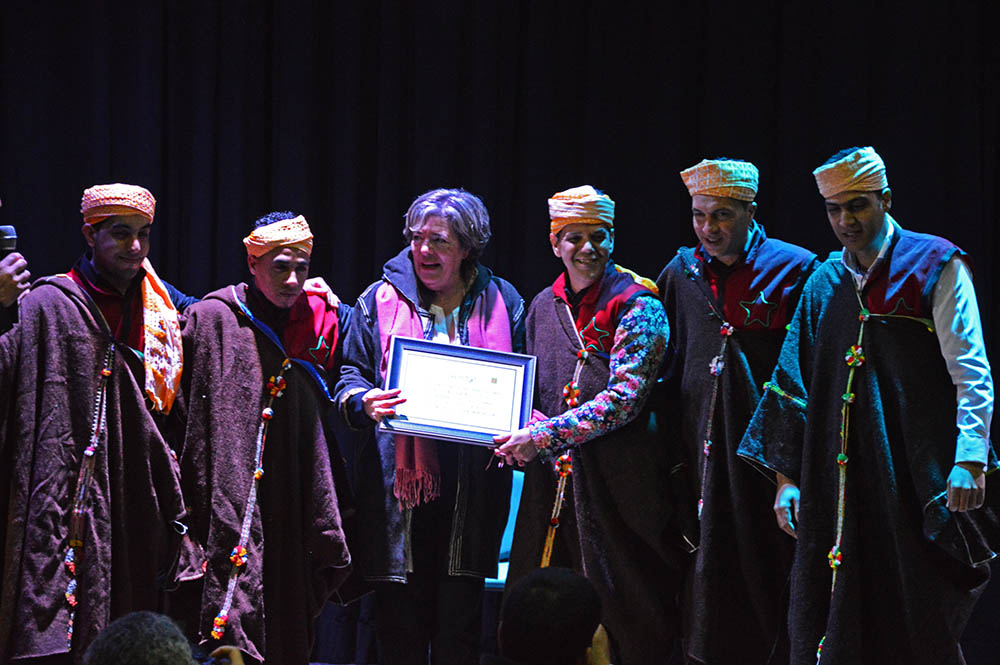


















Comments